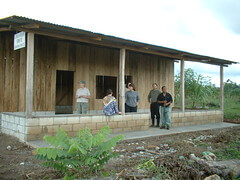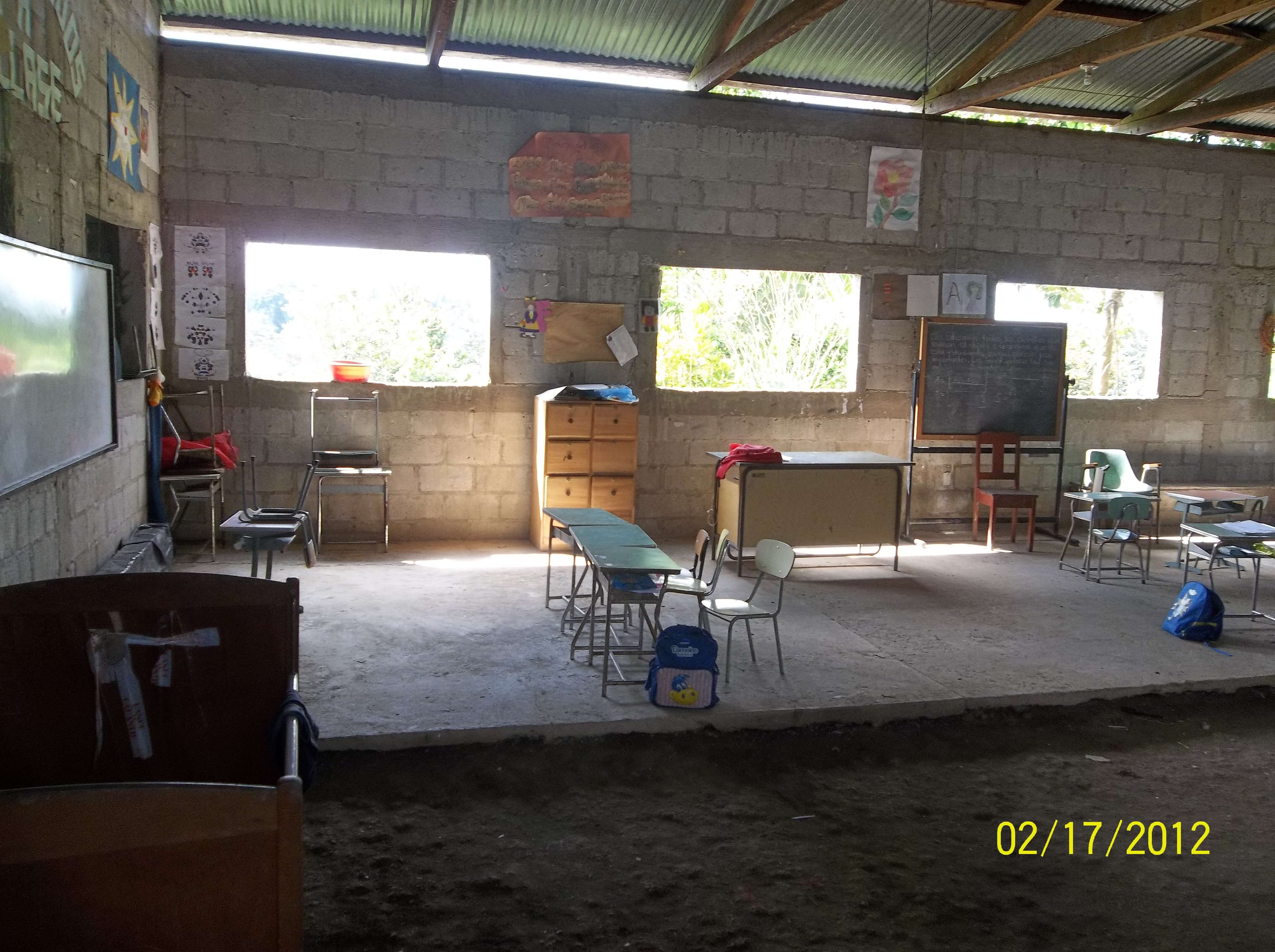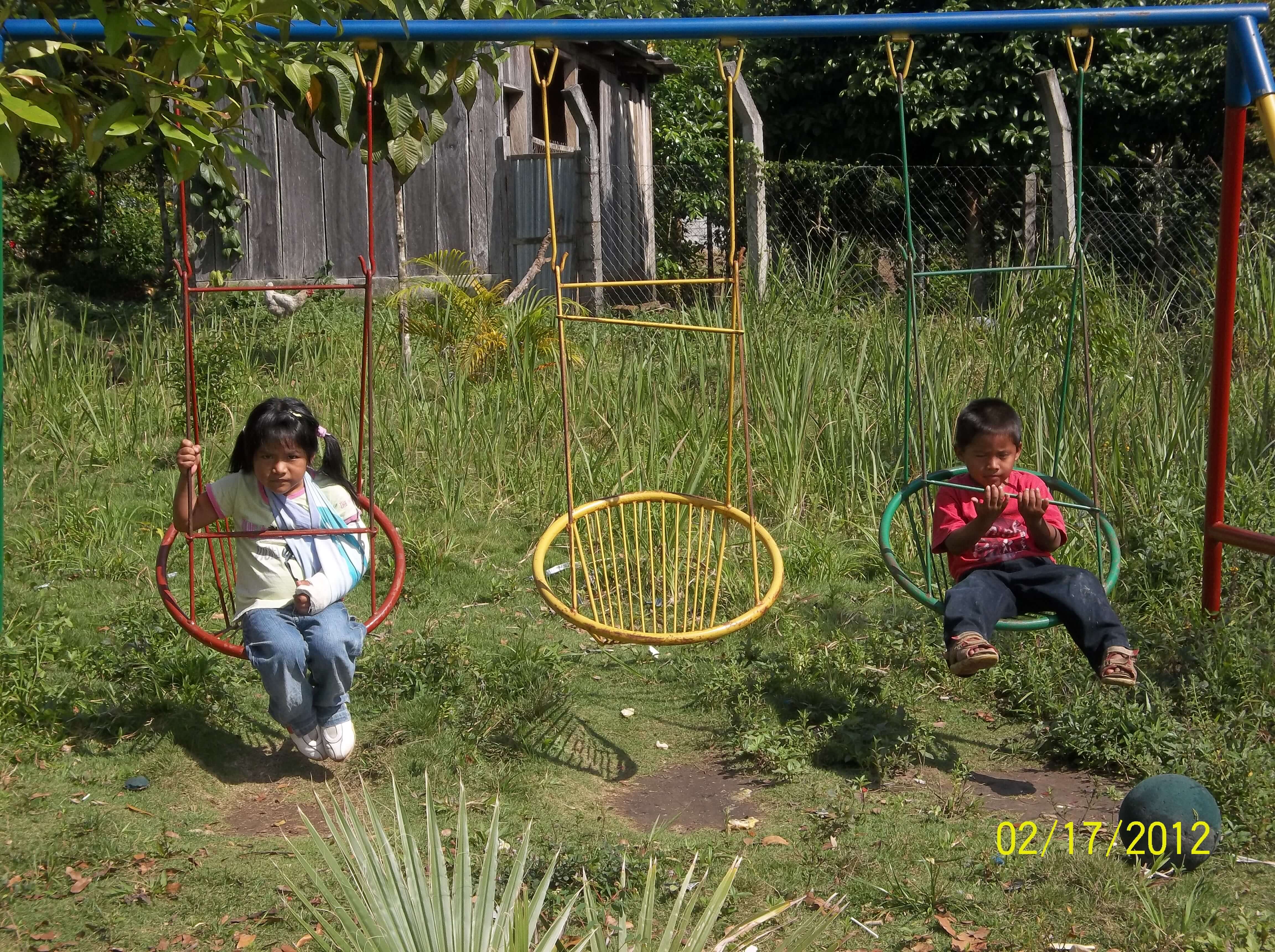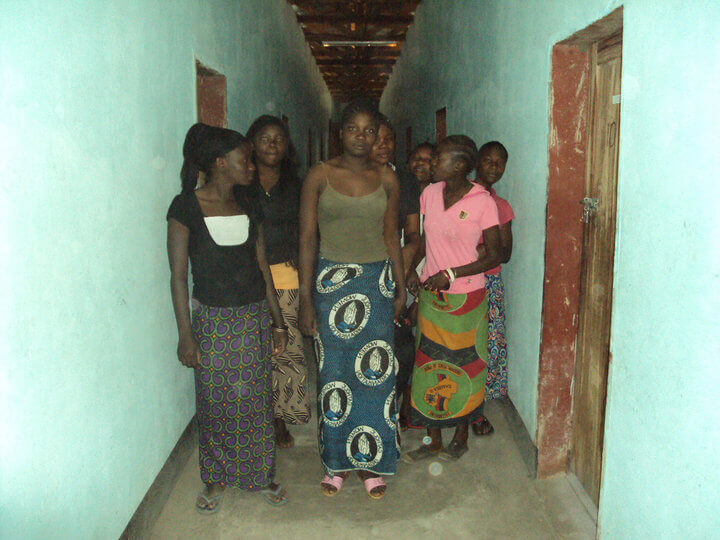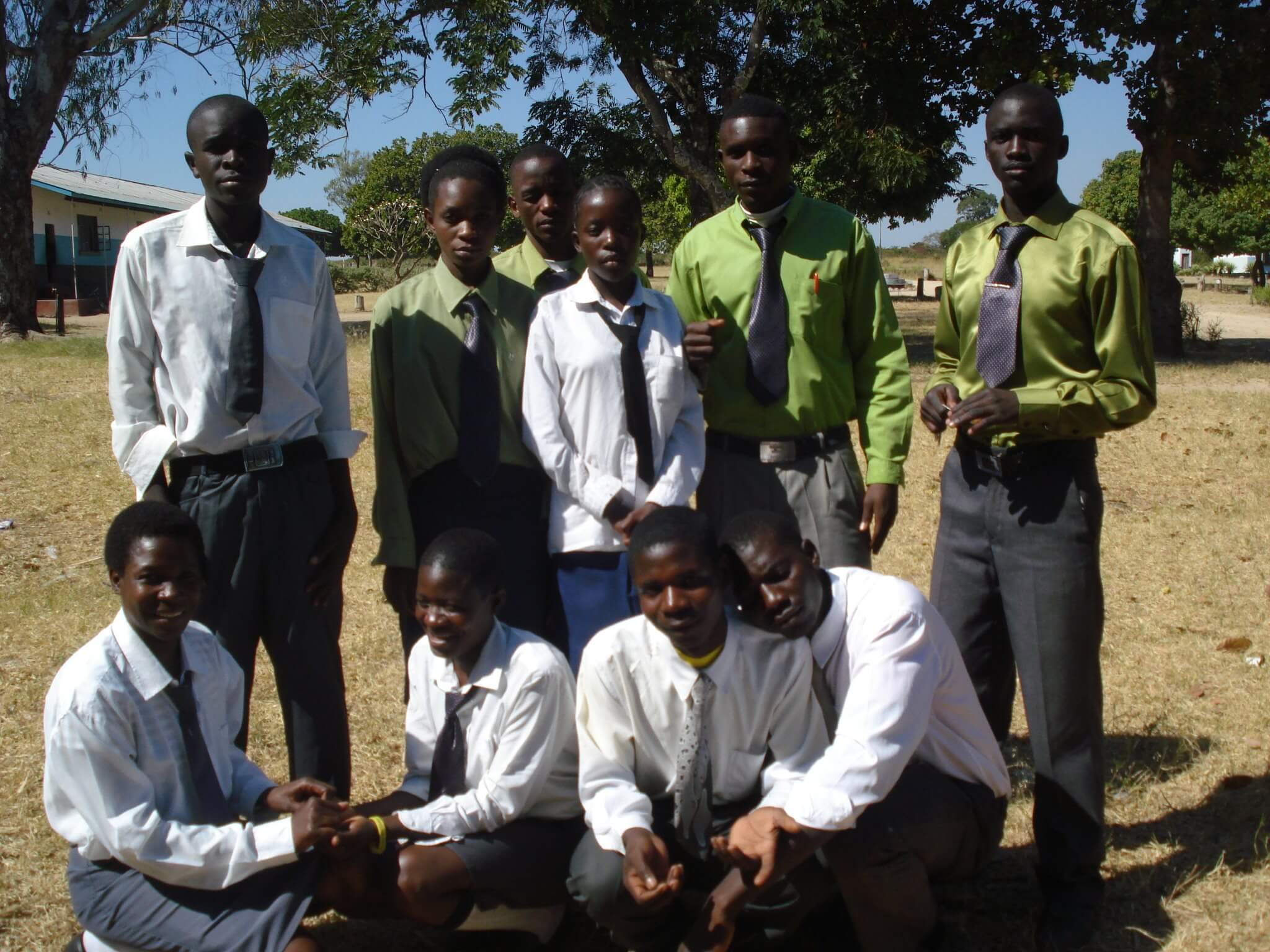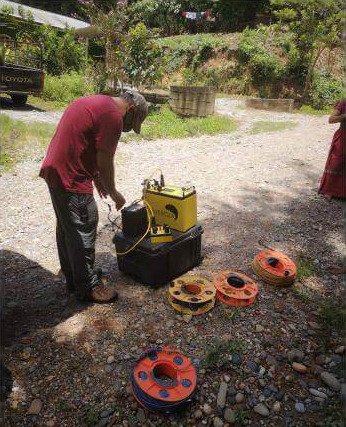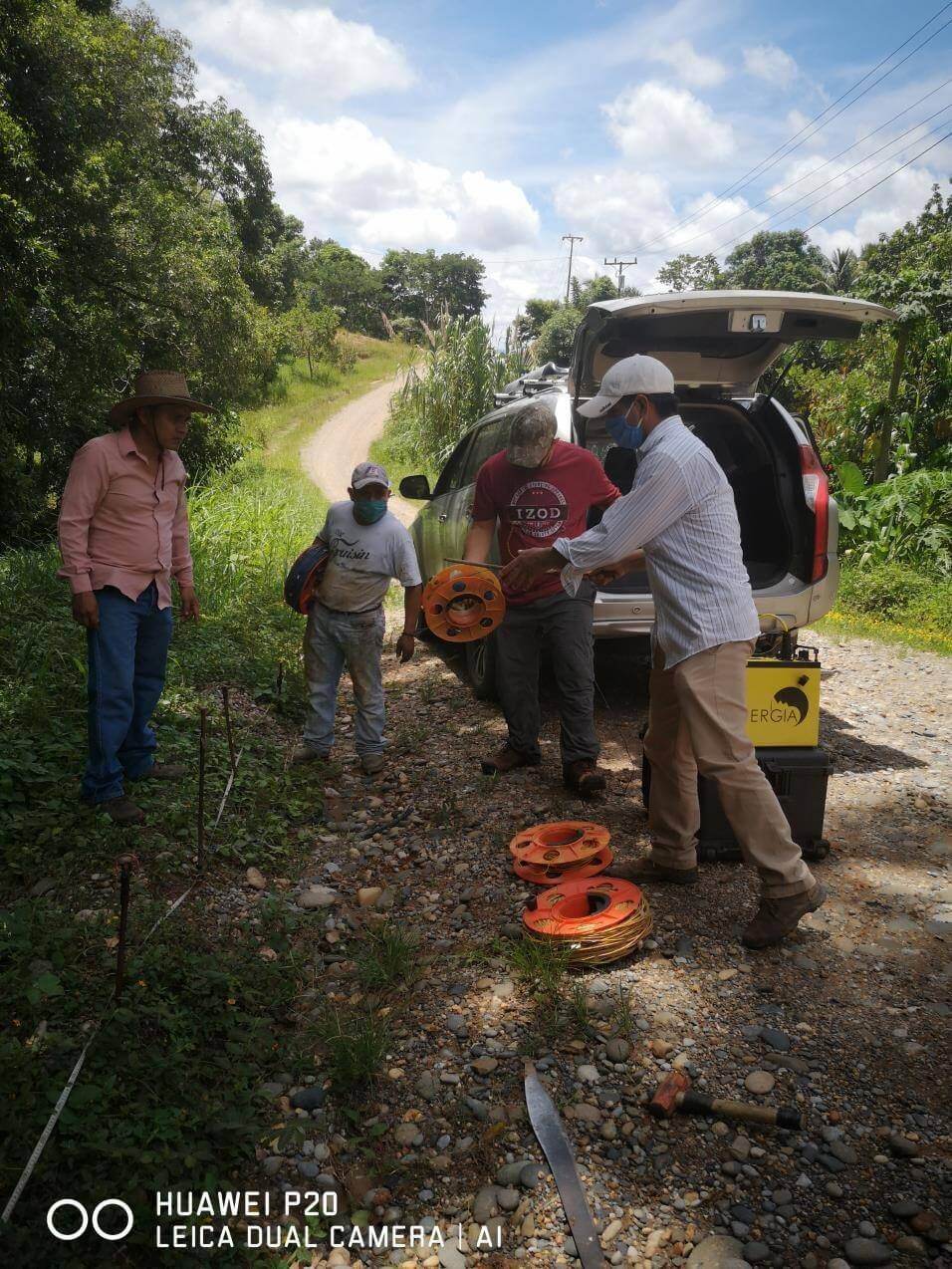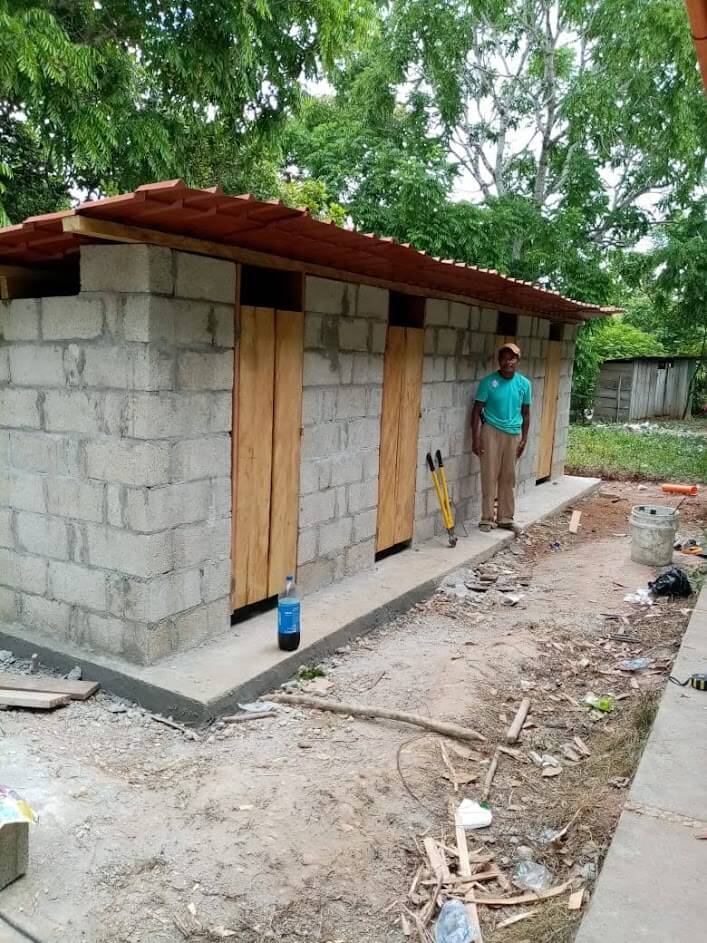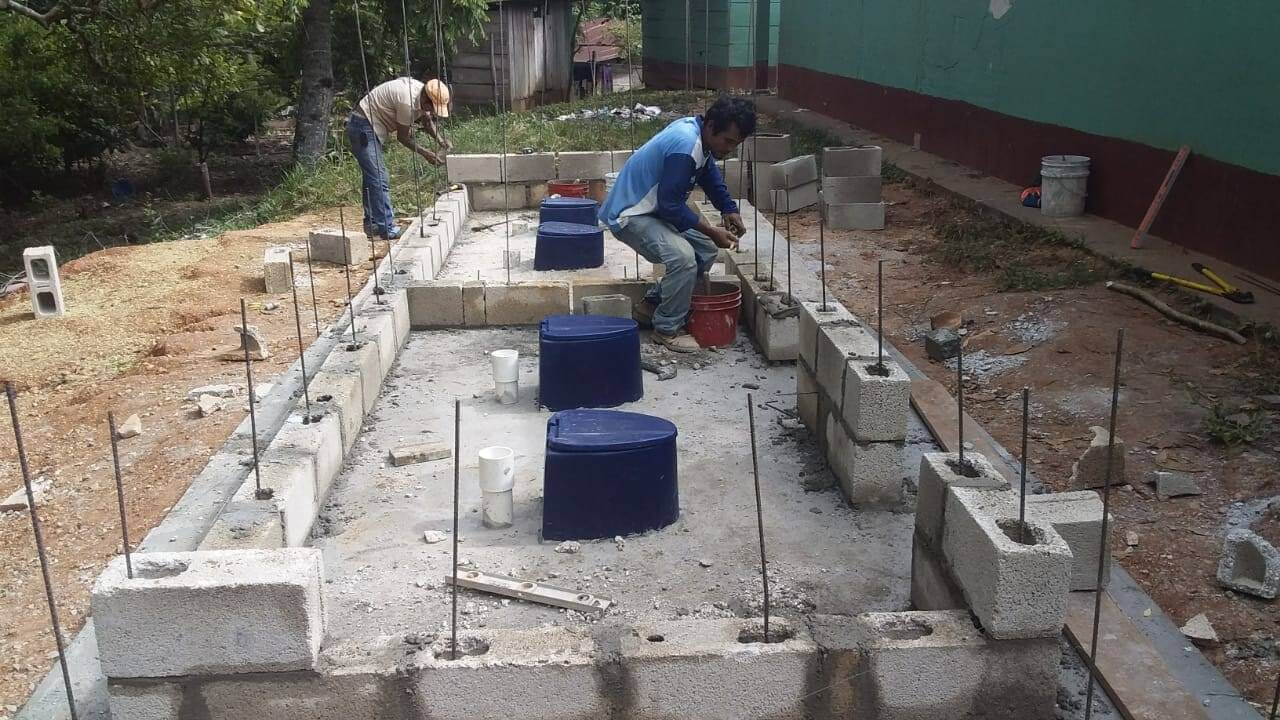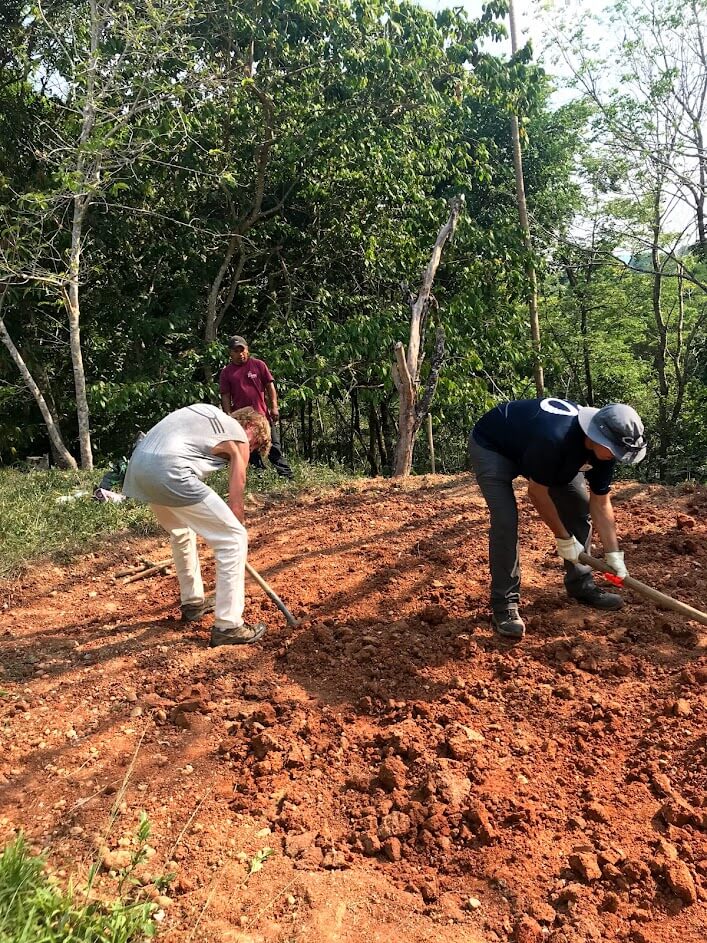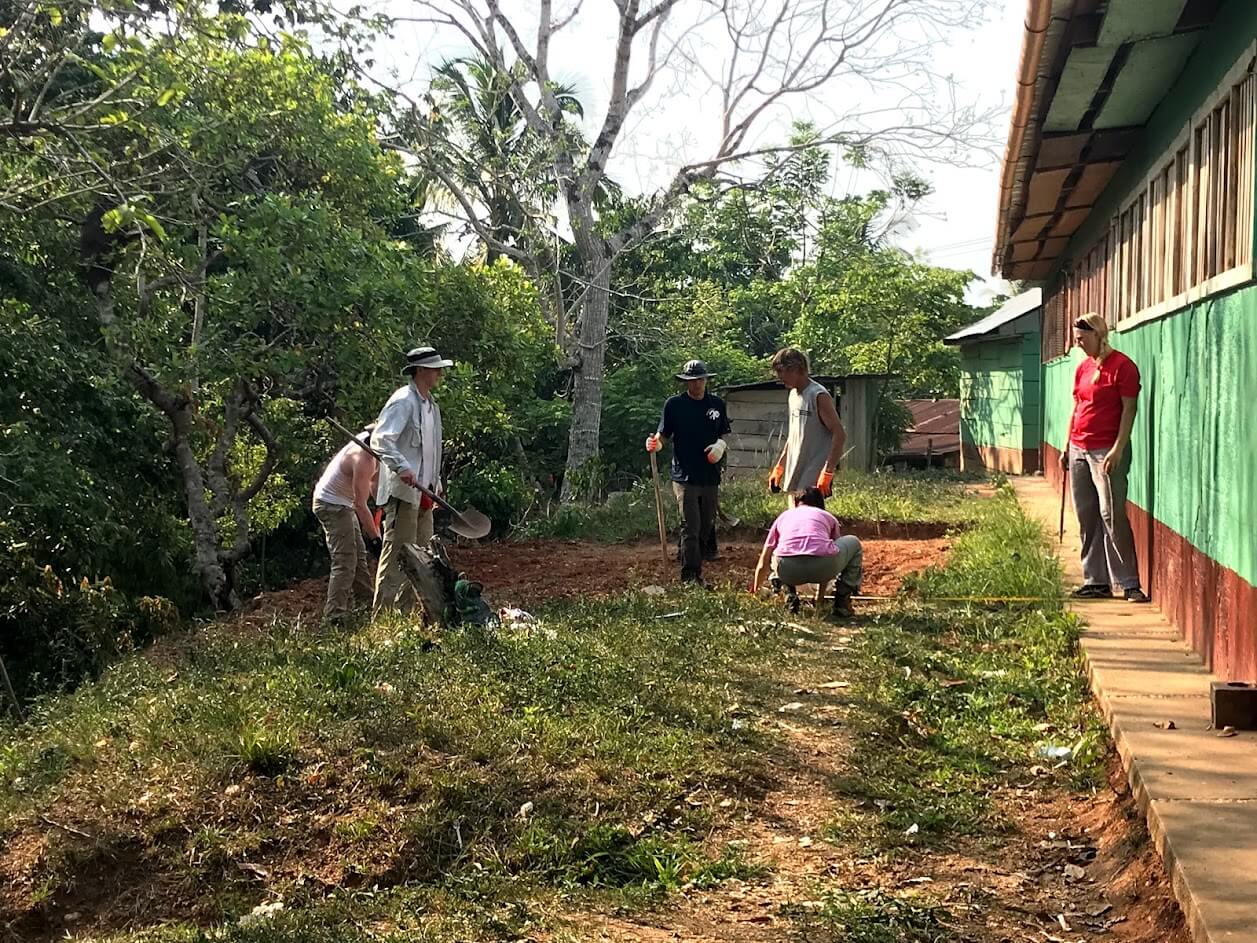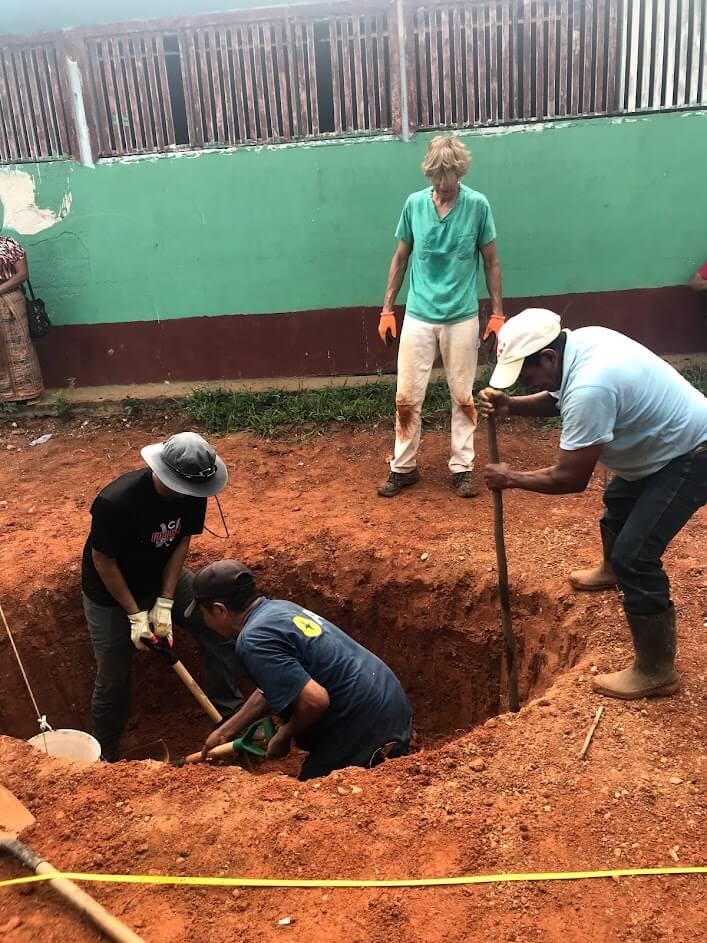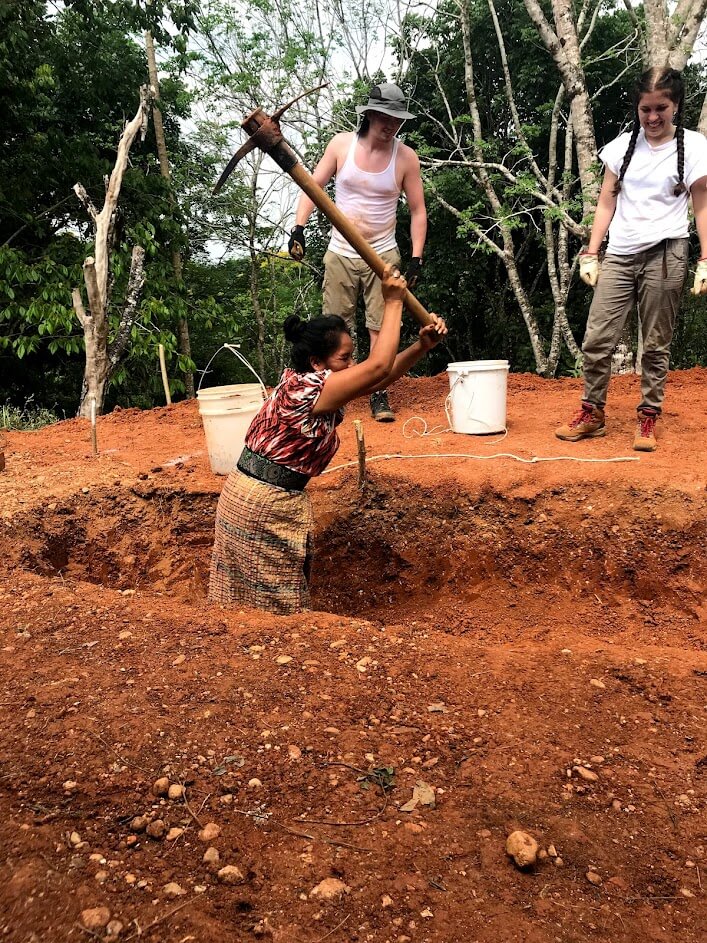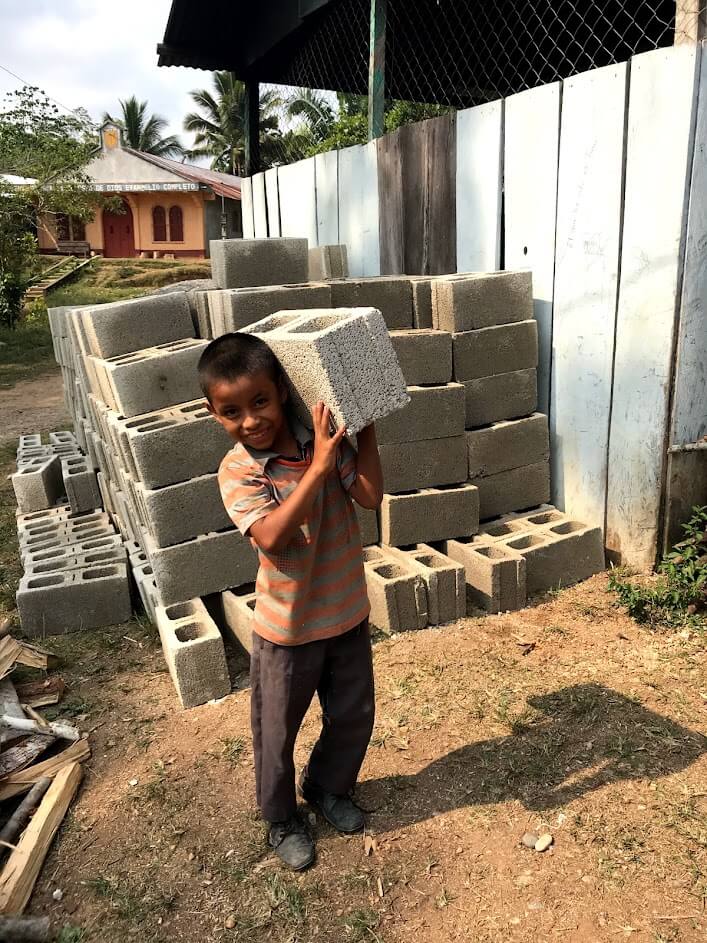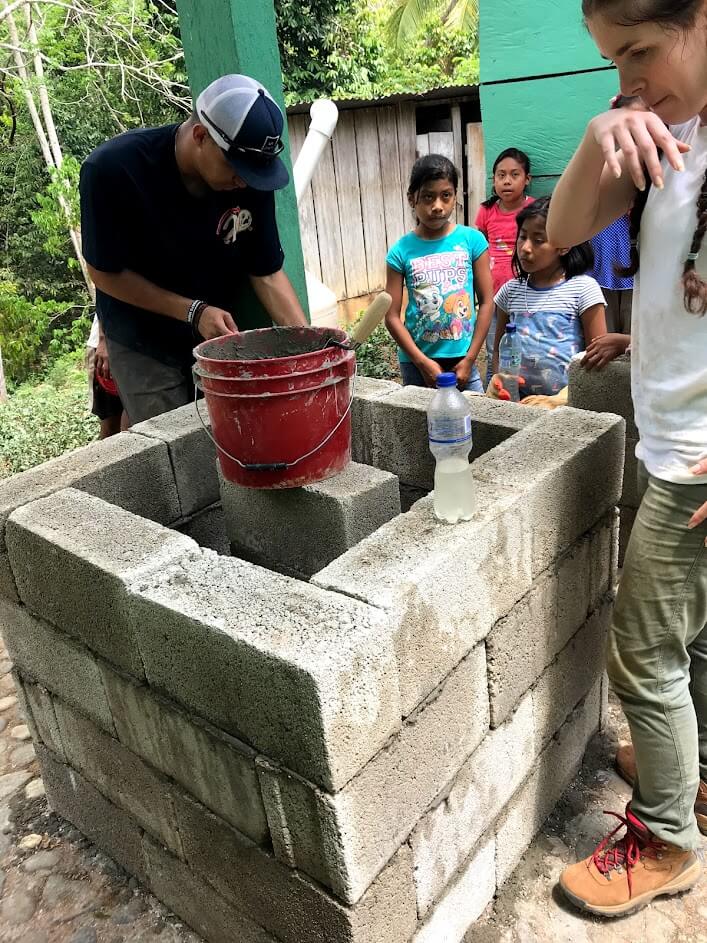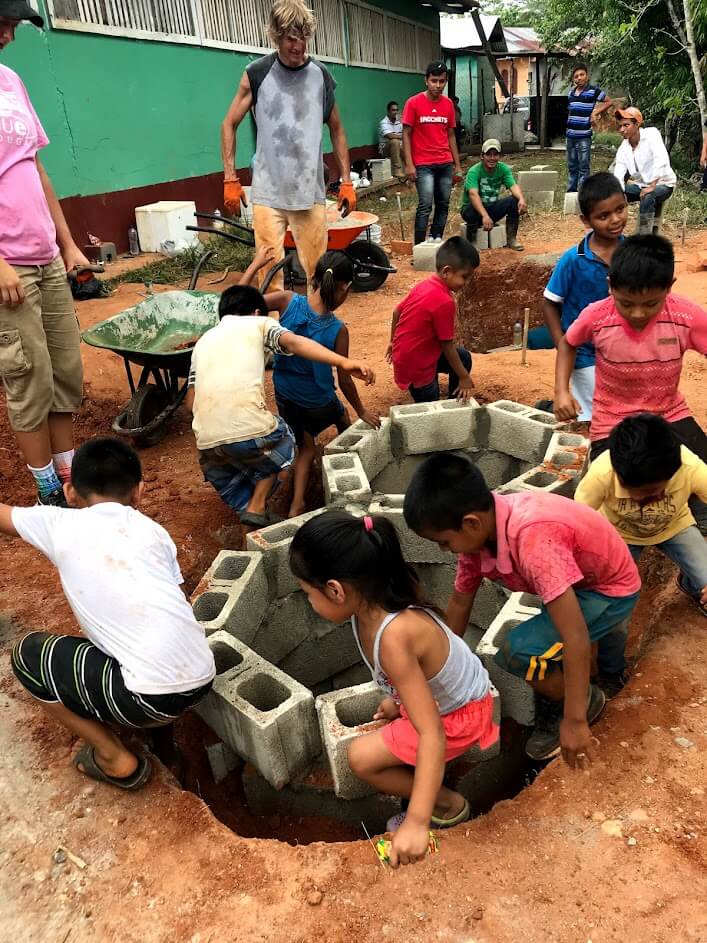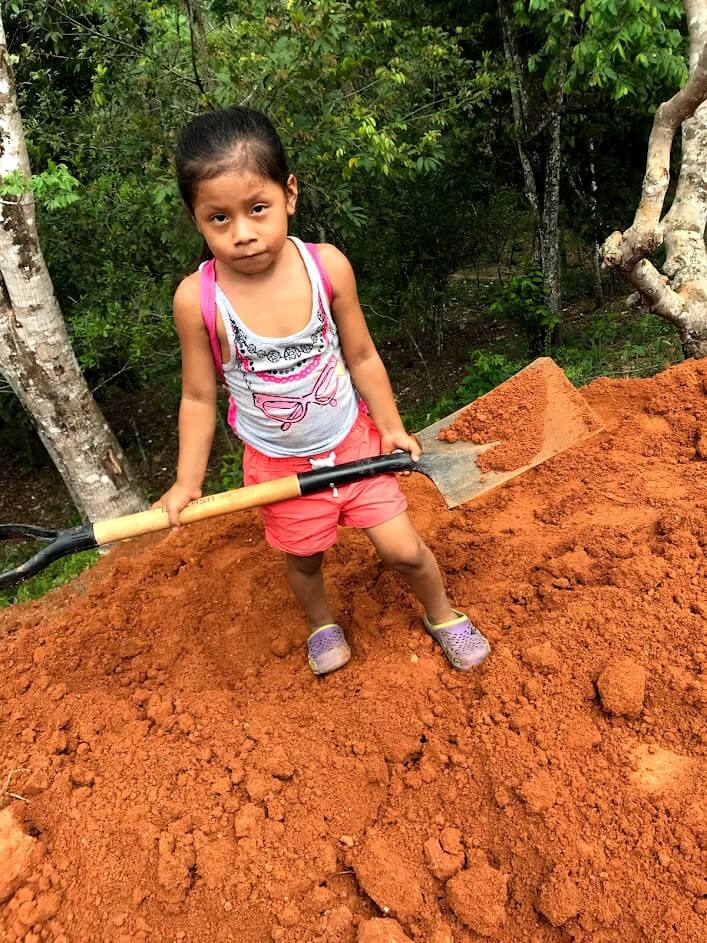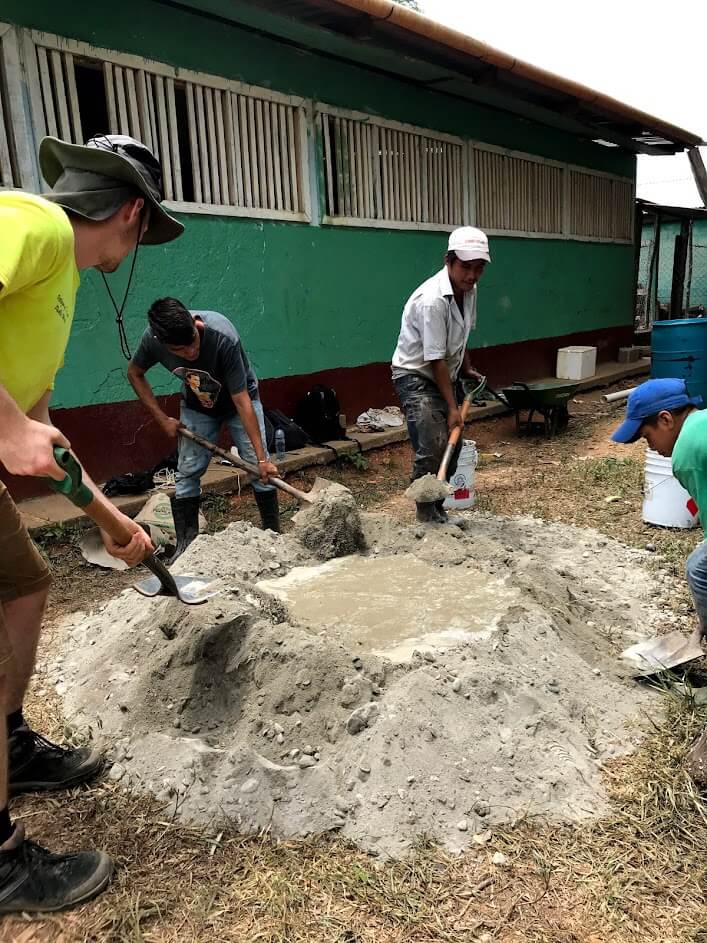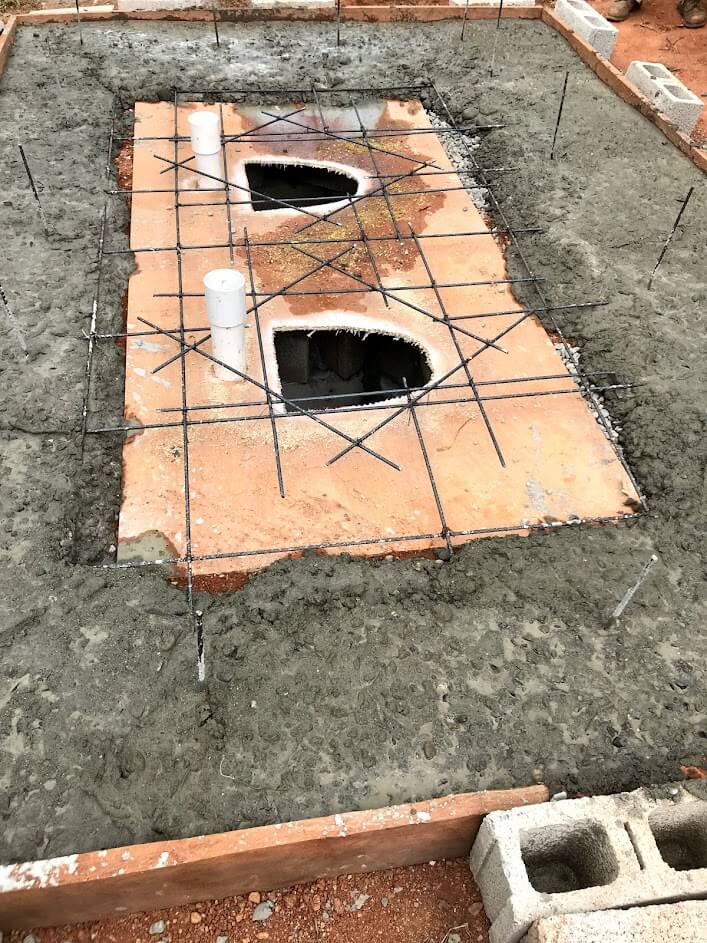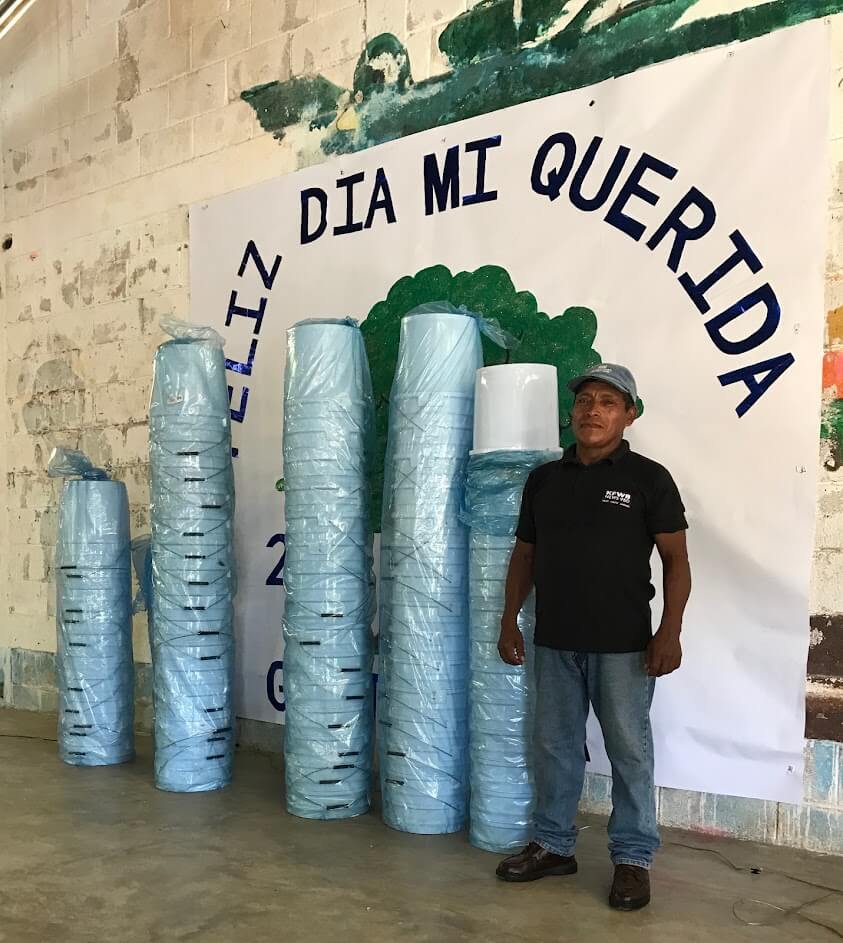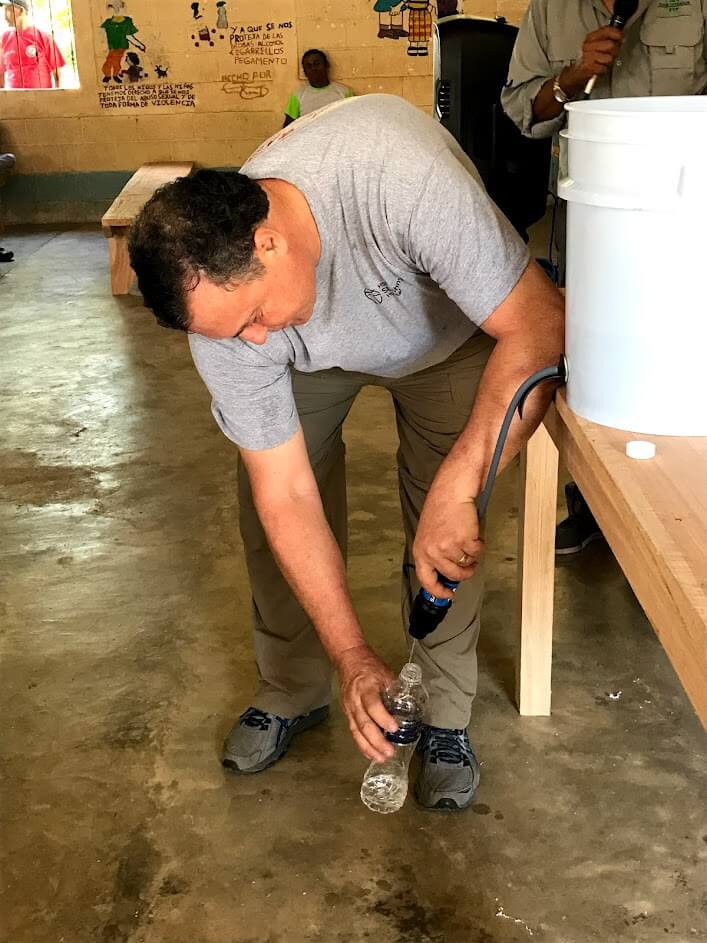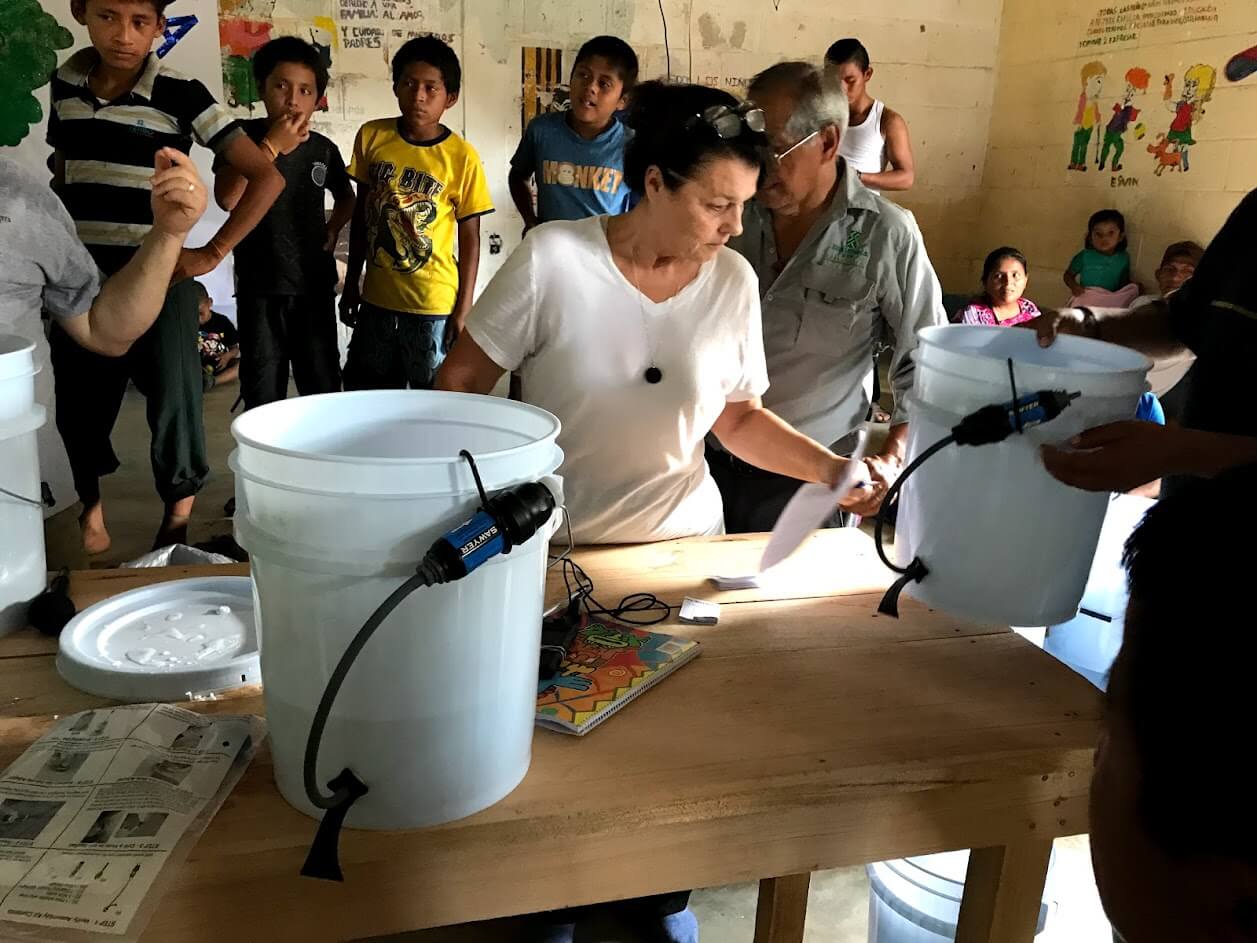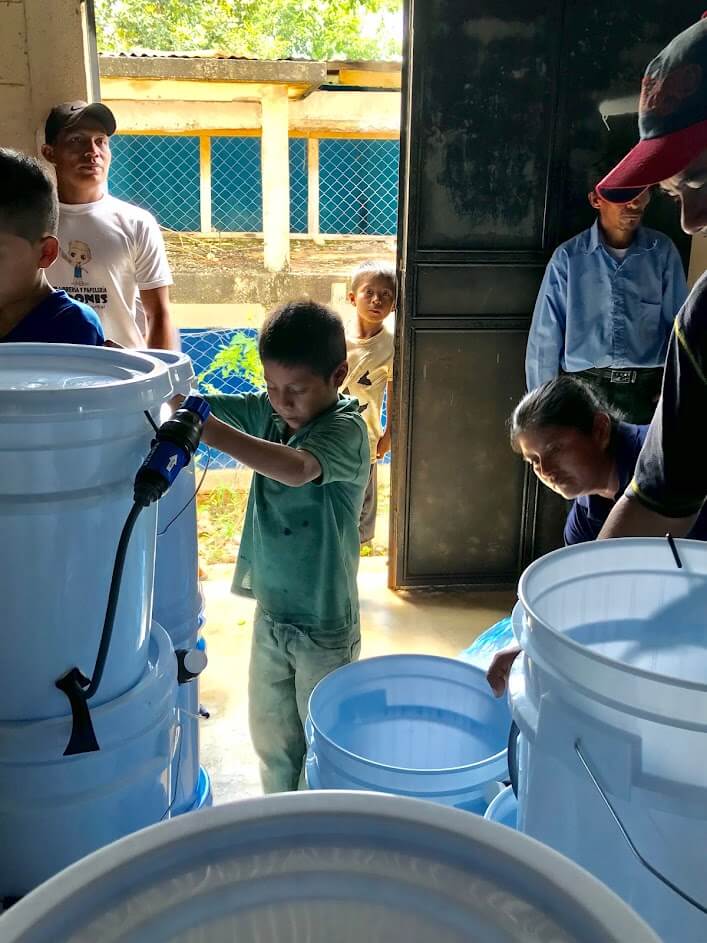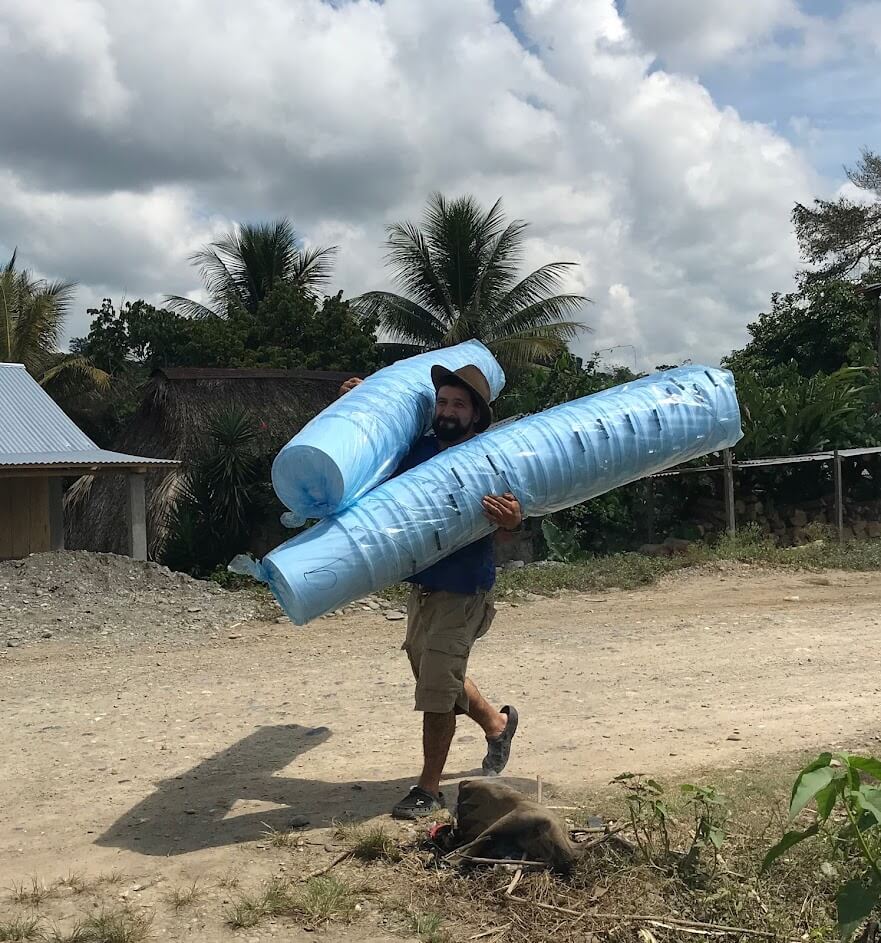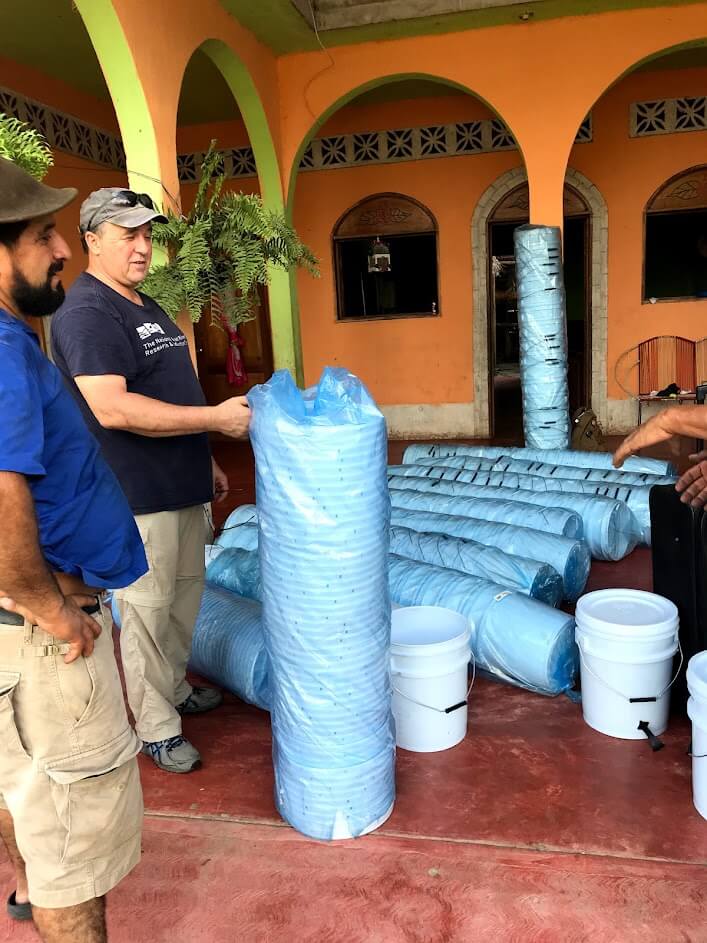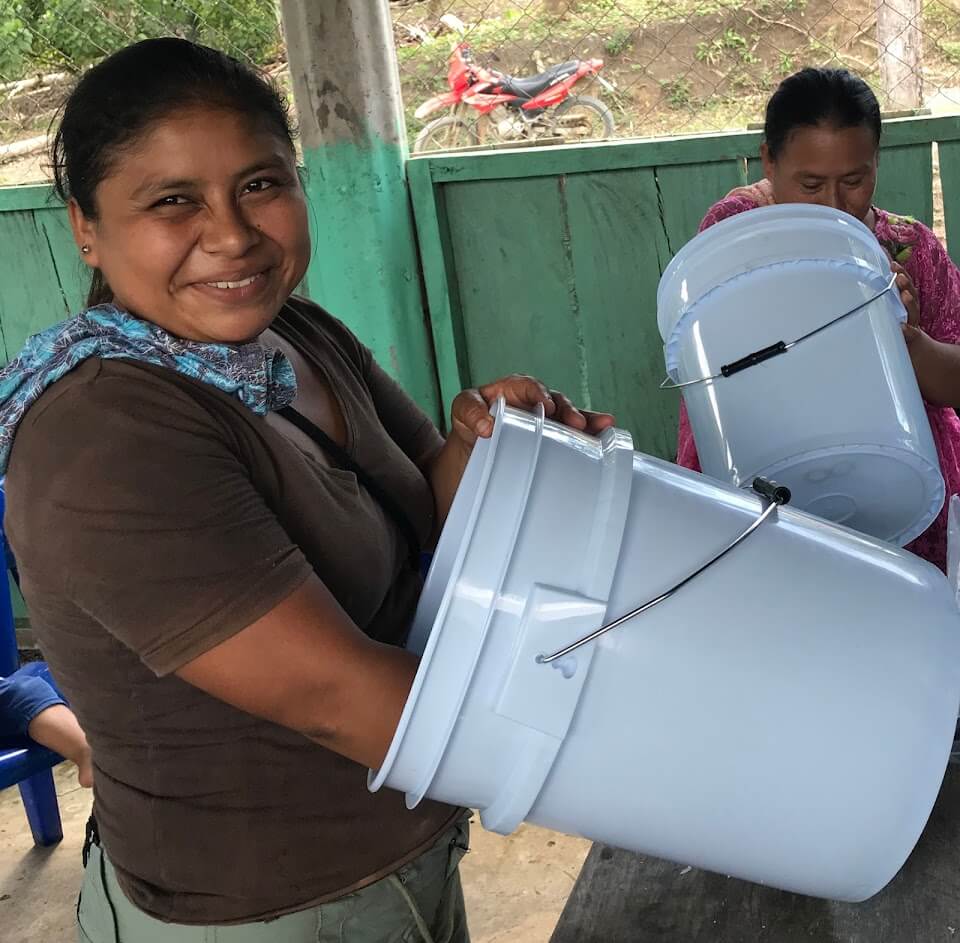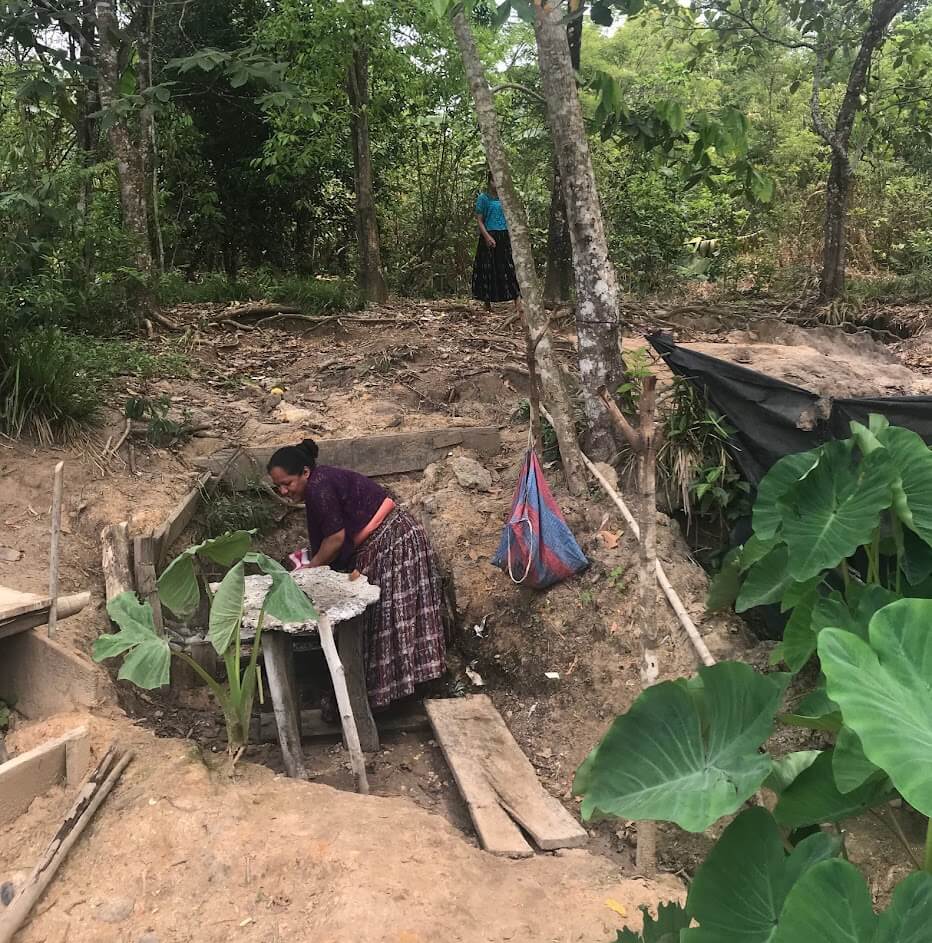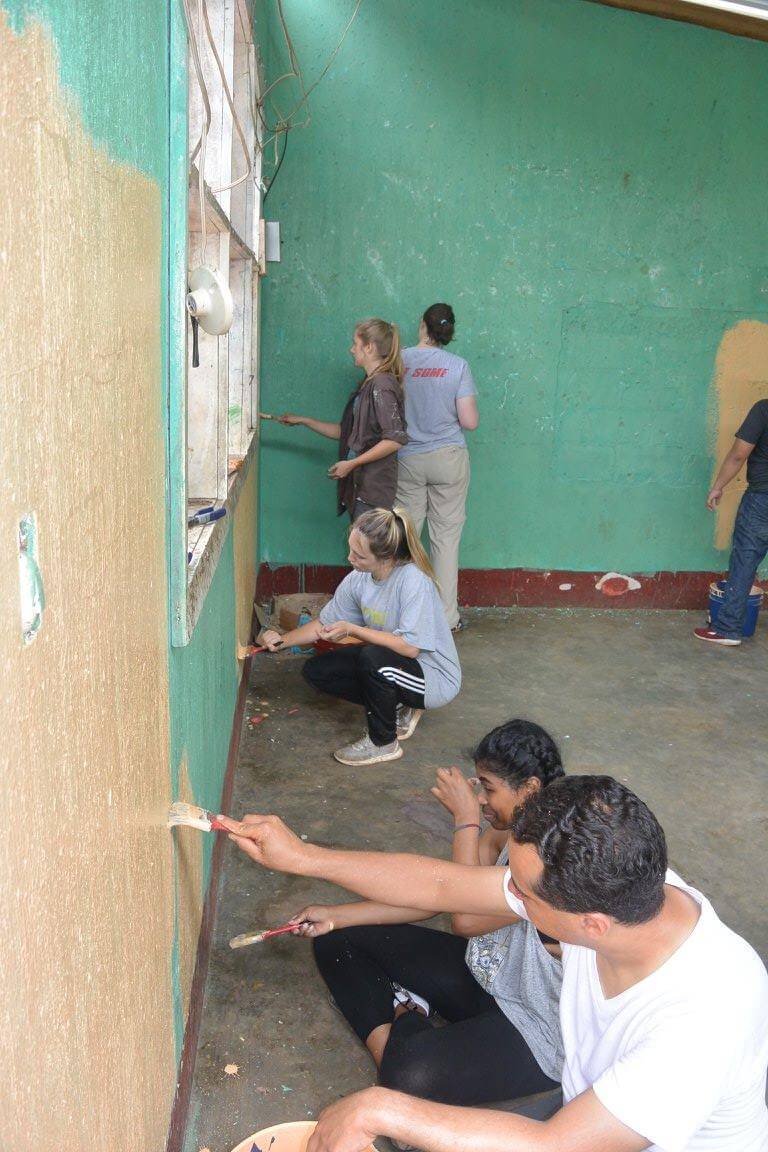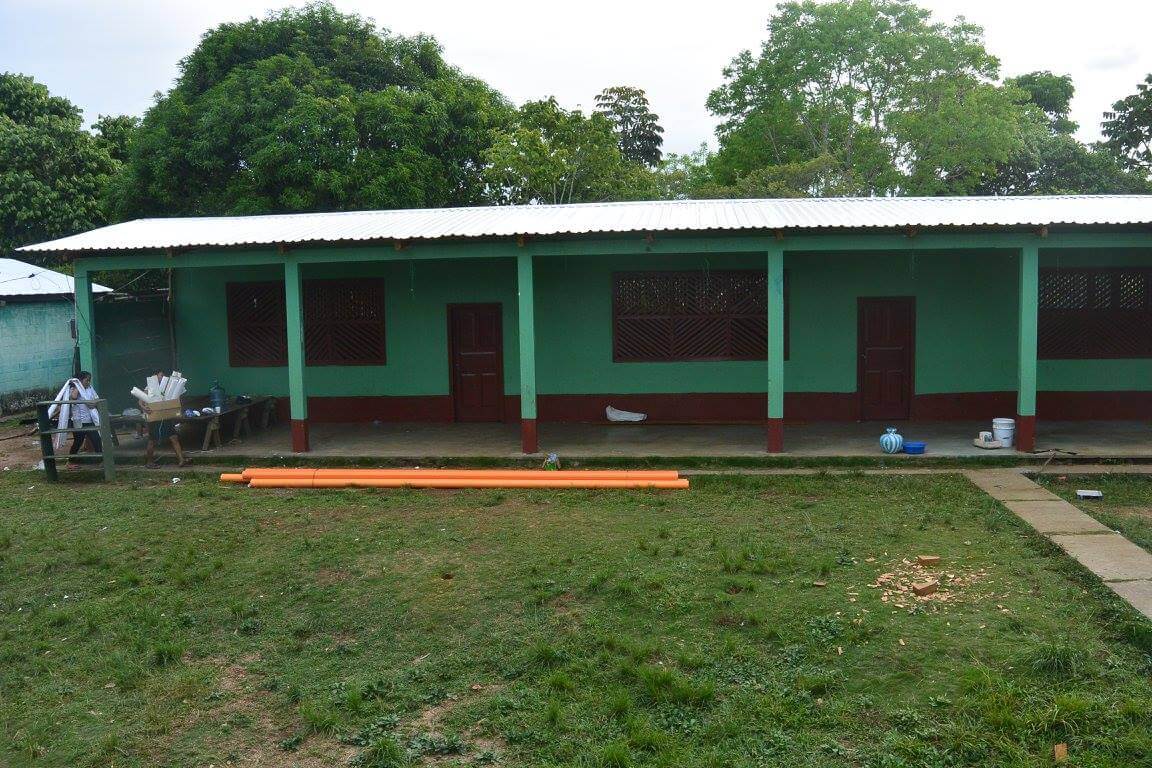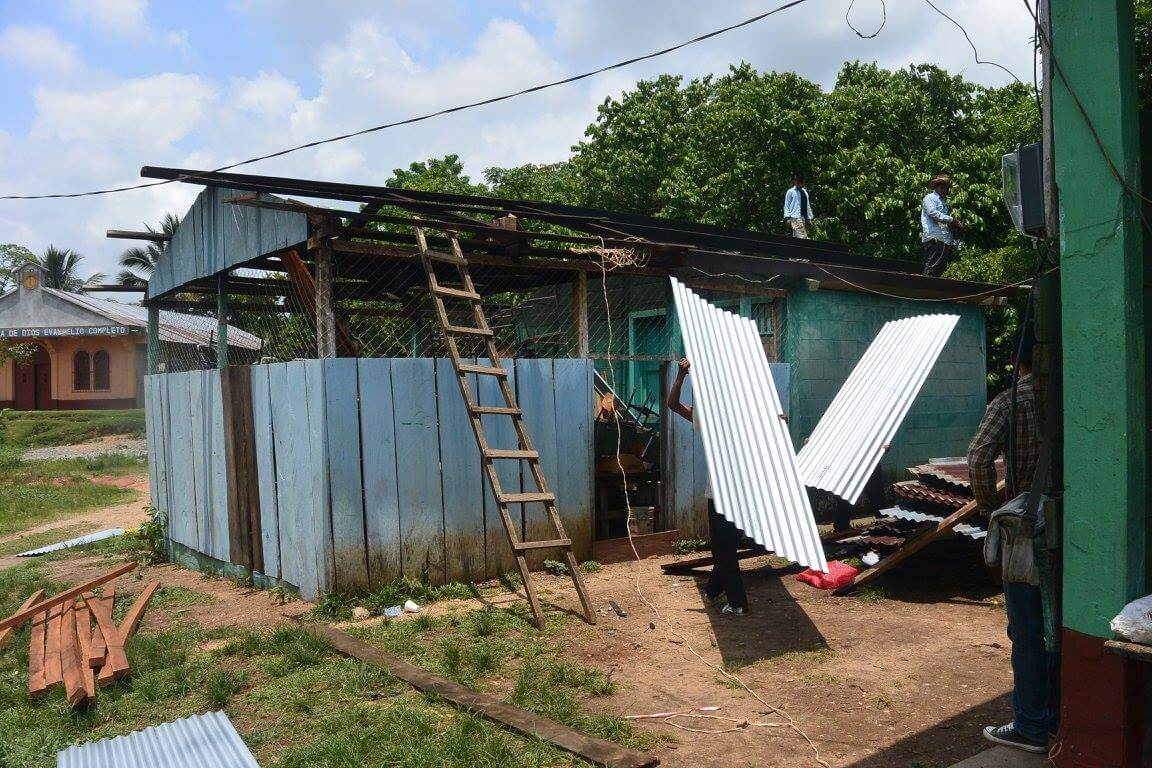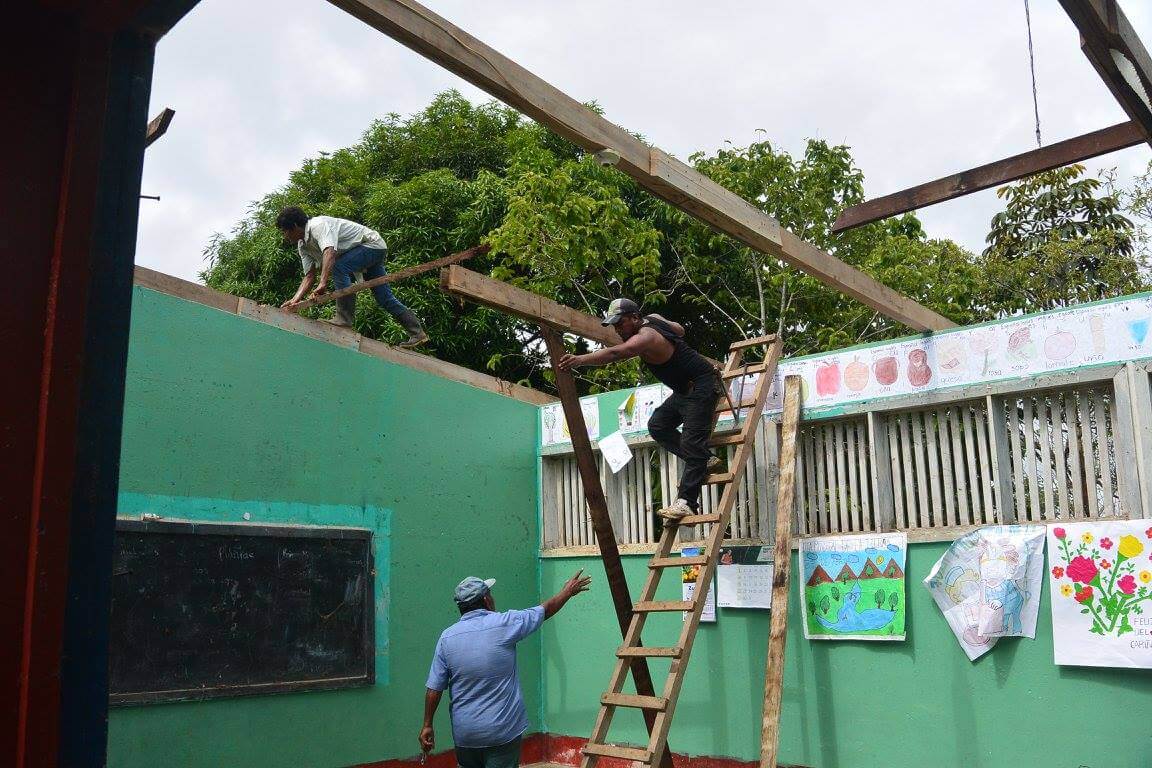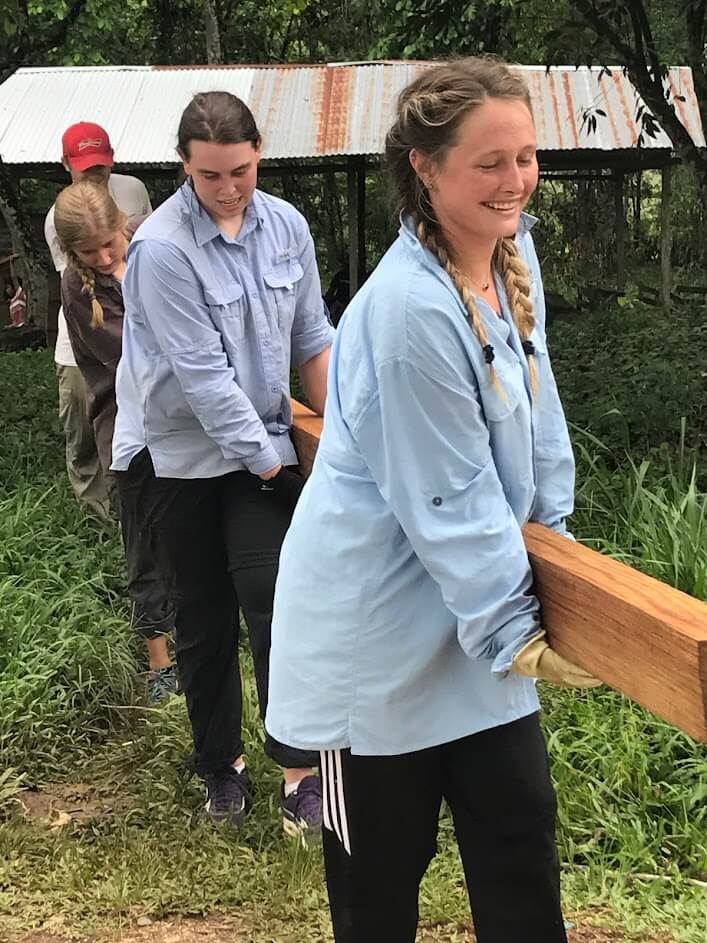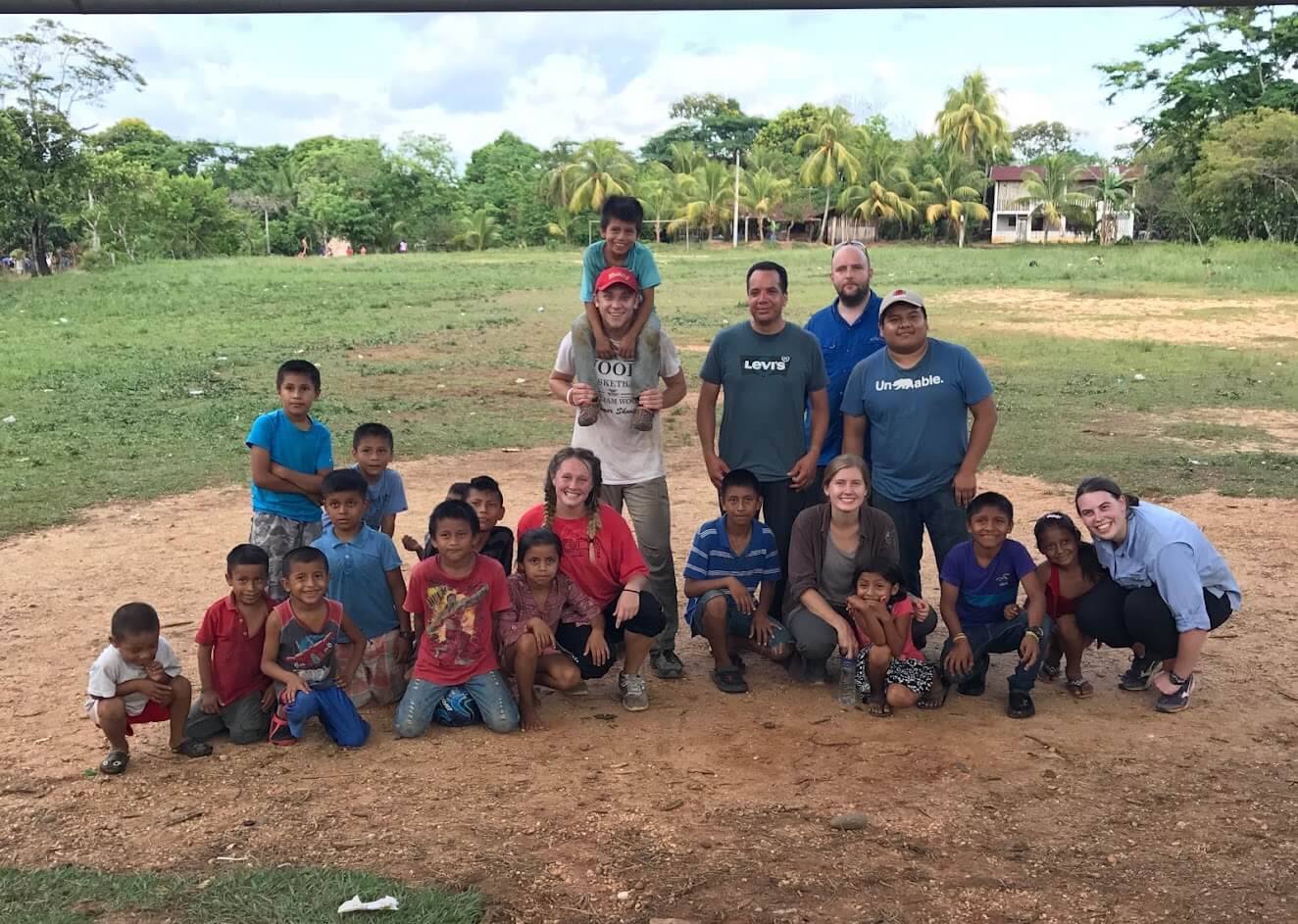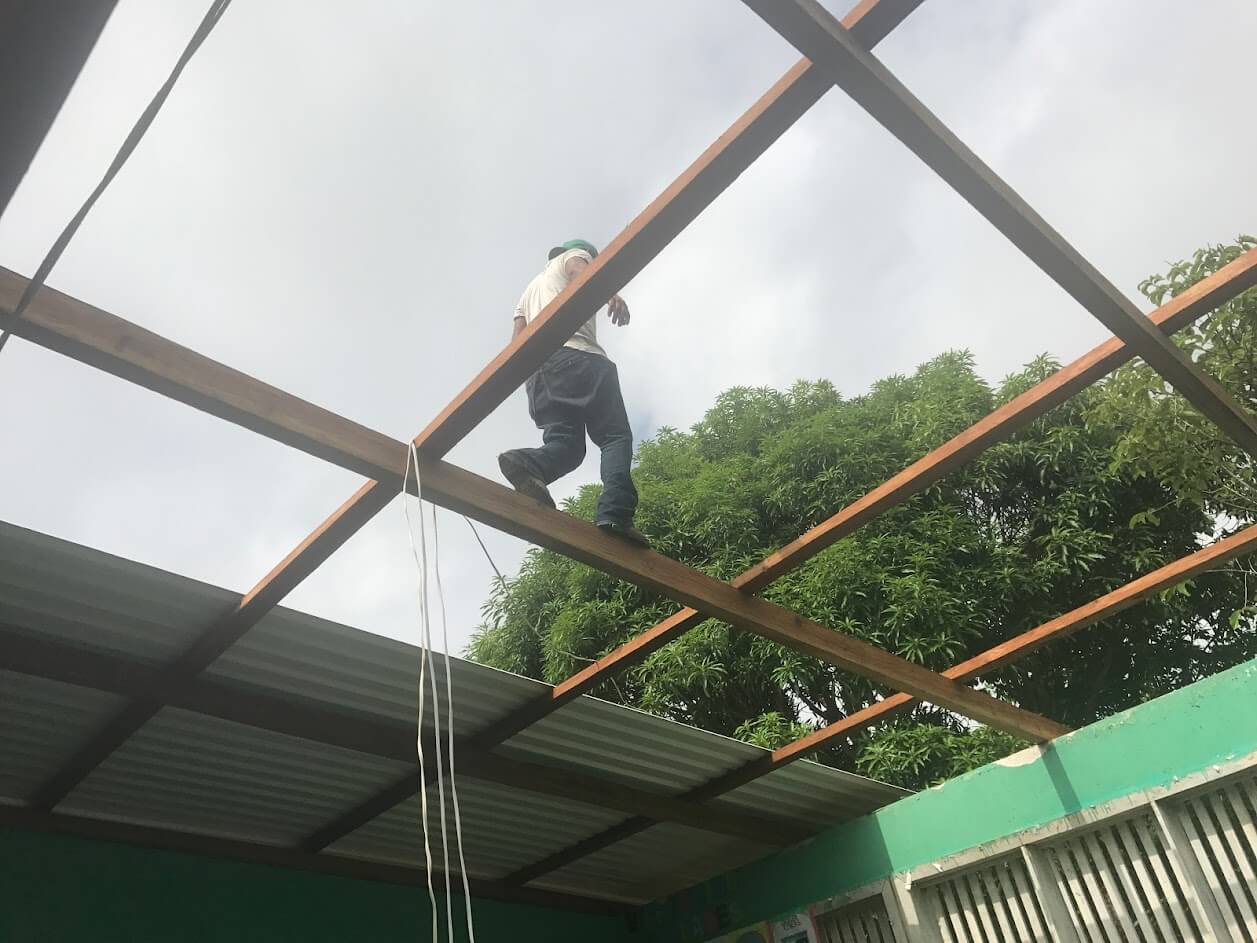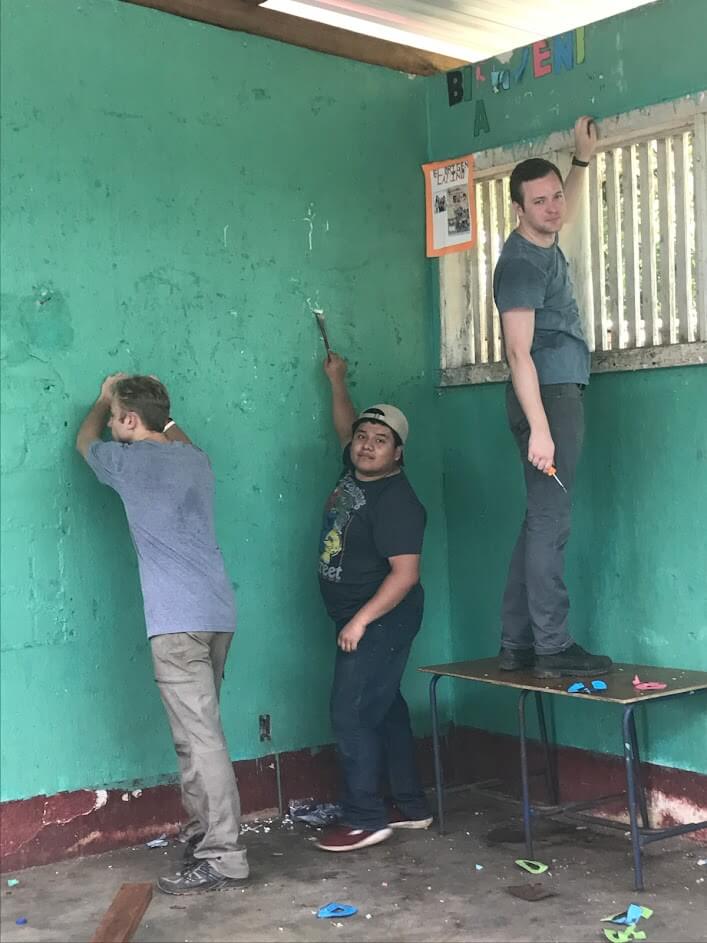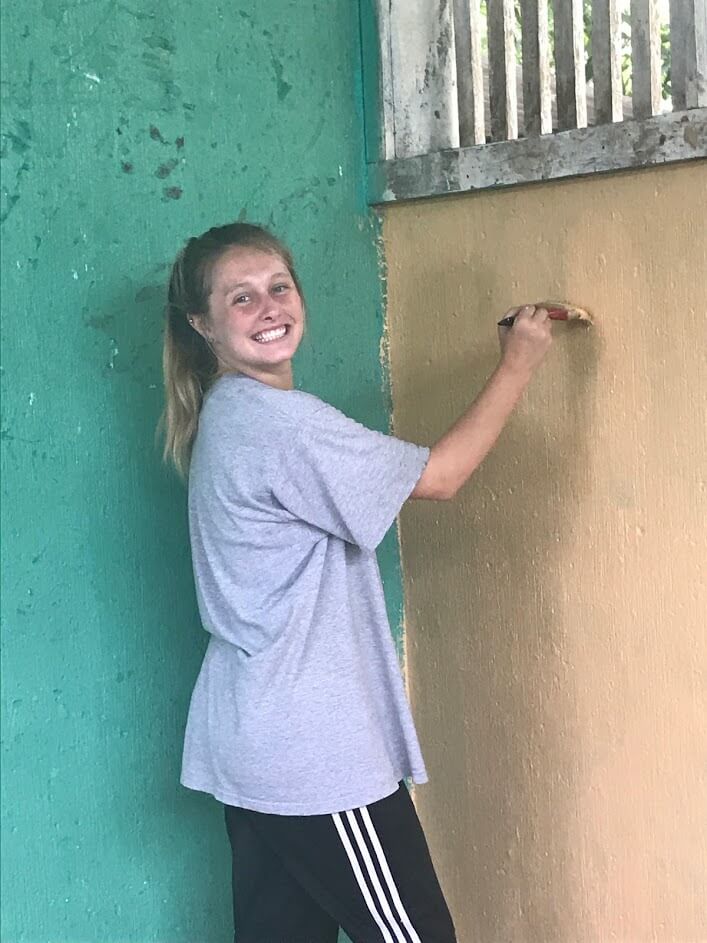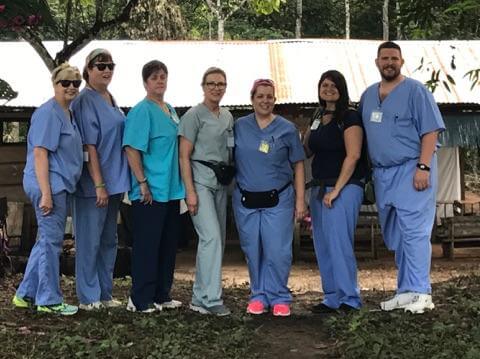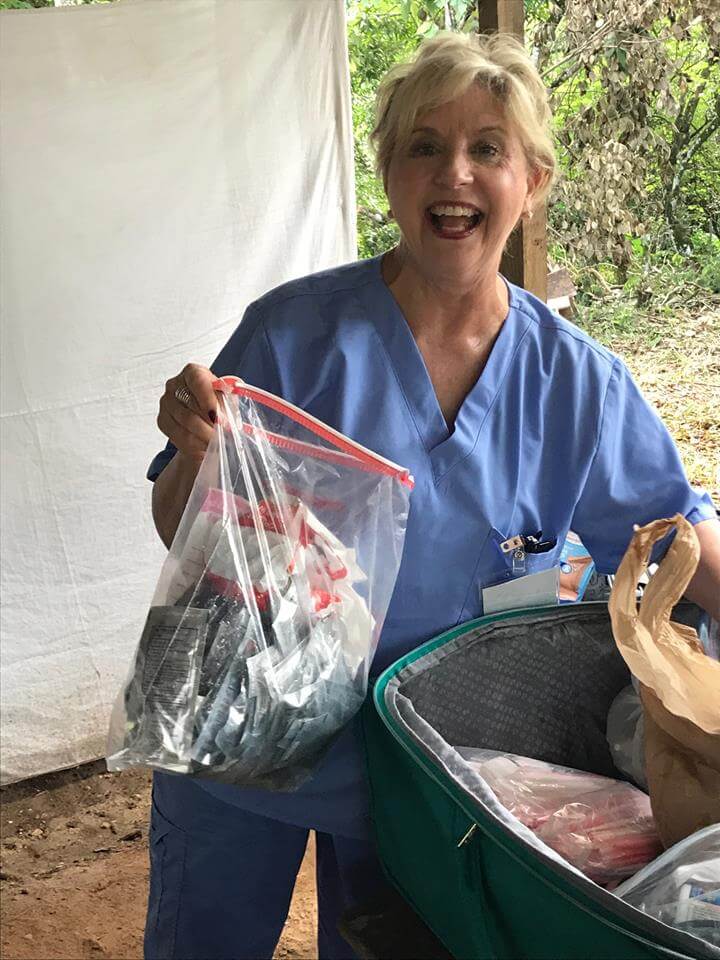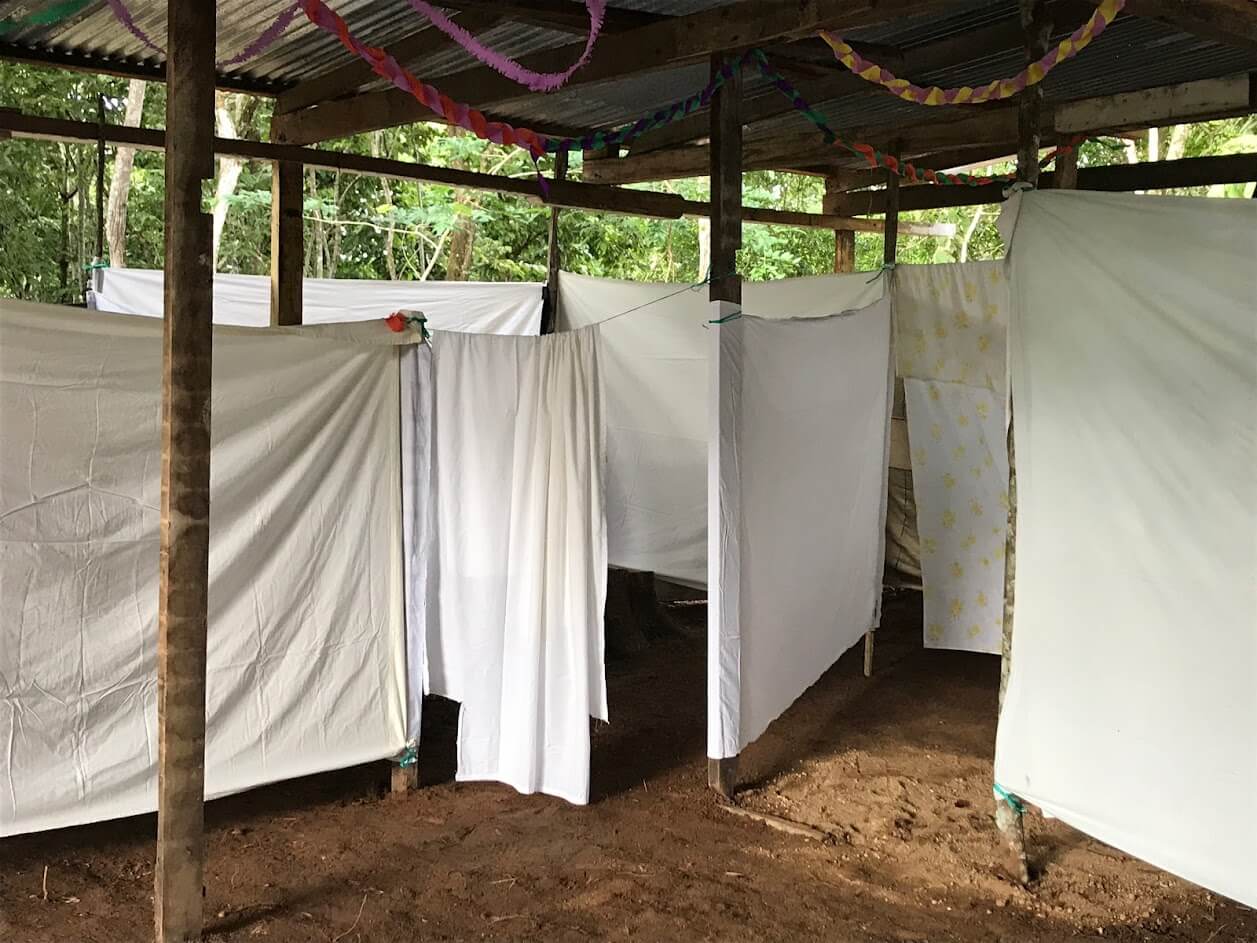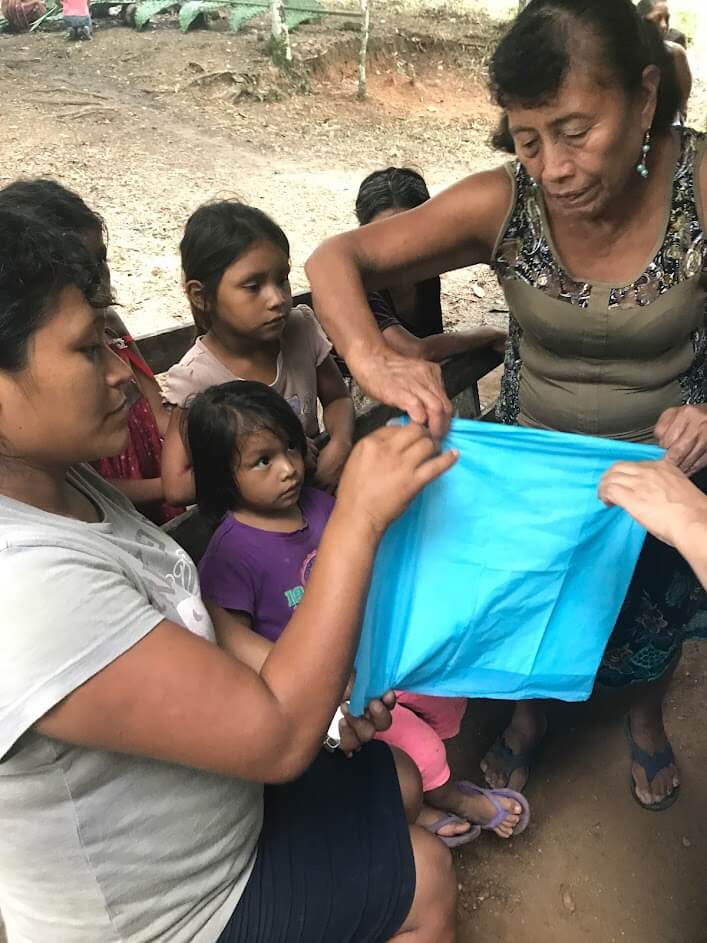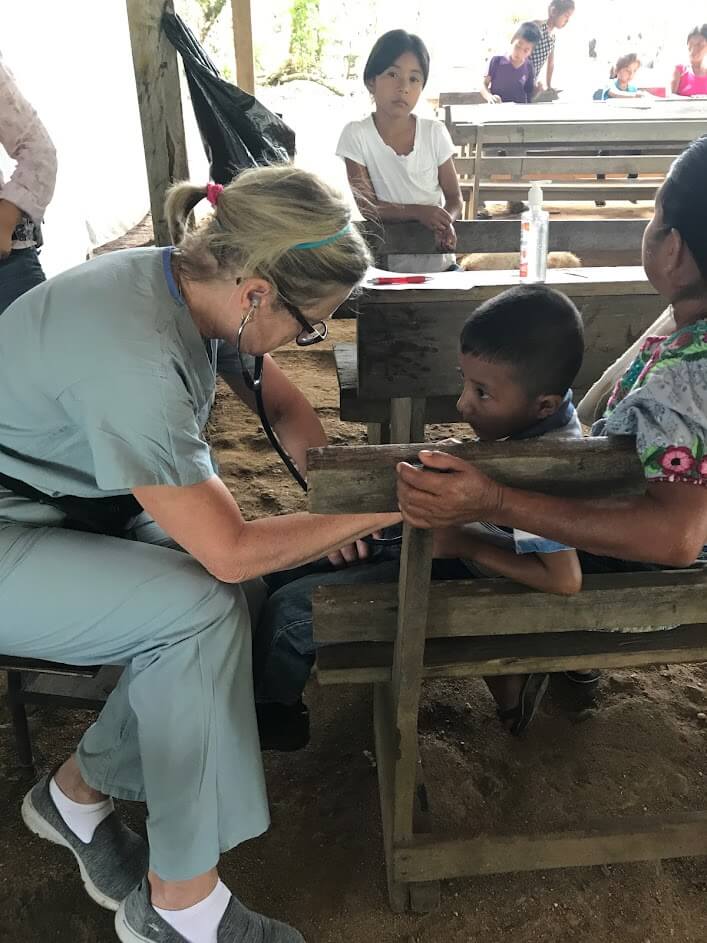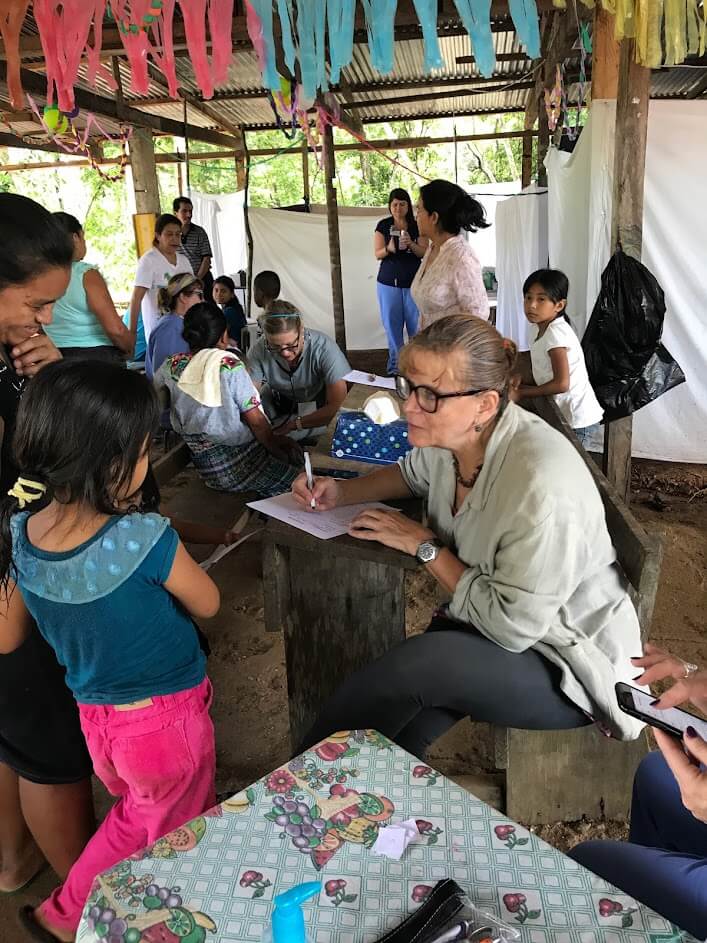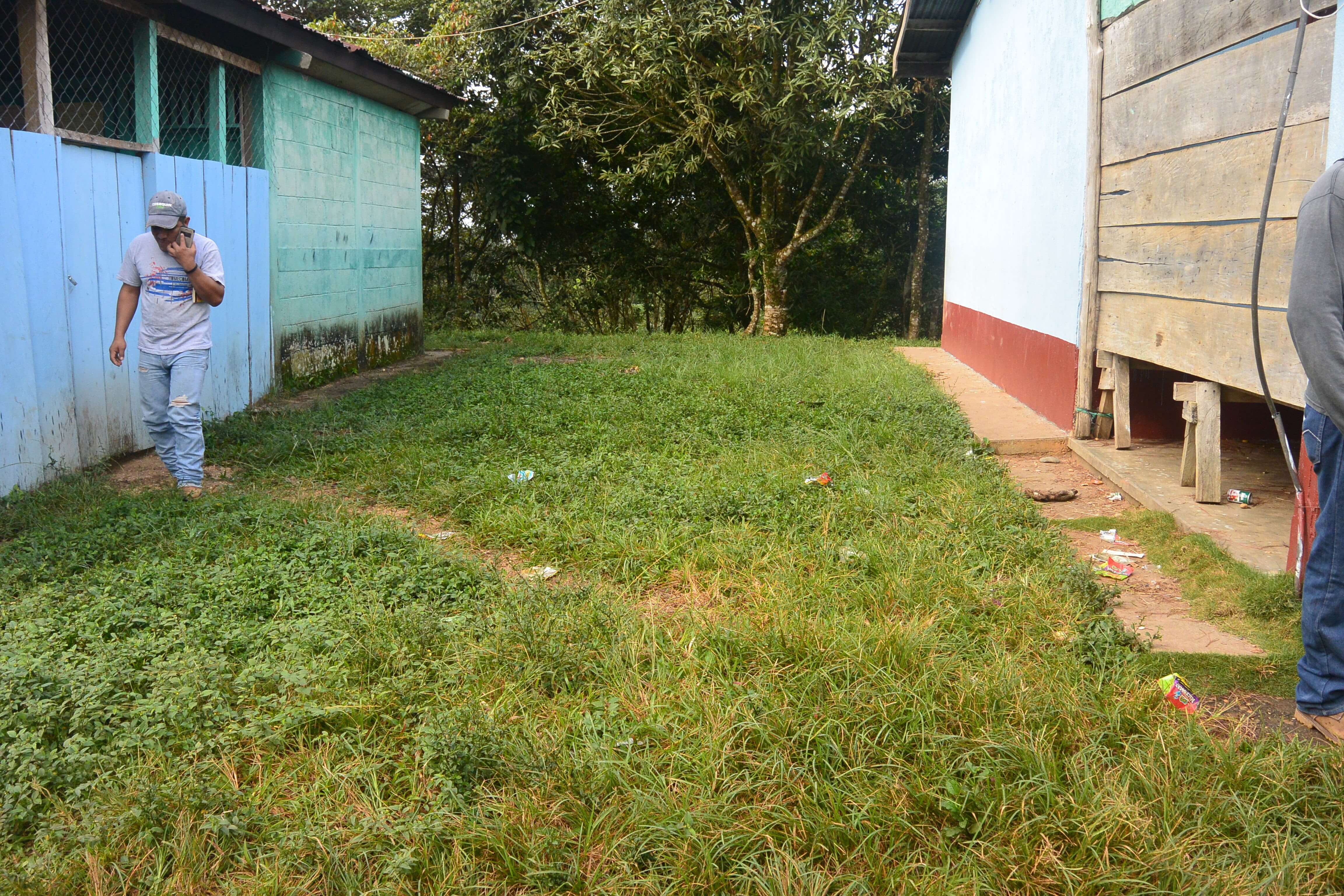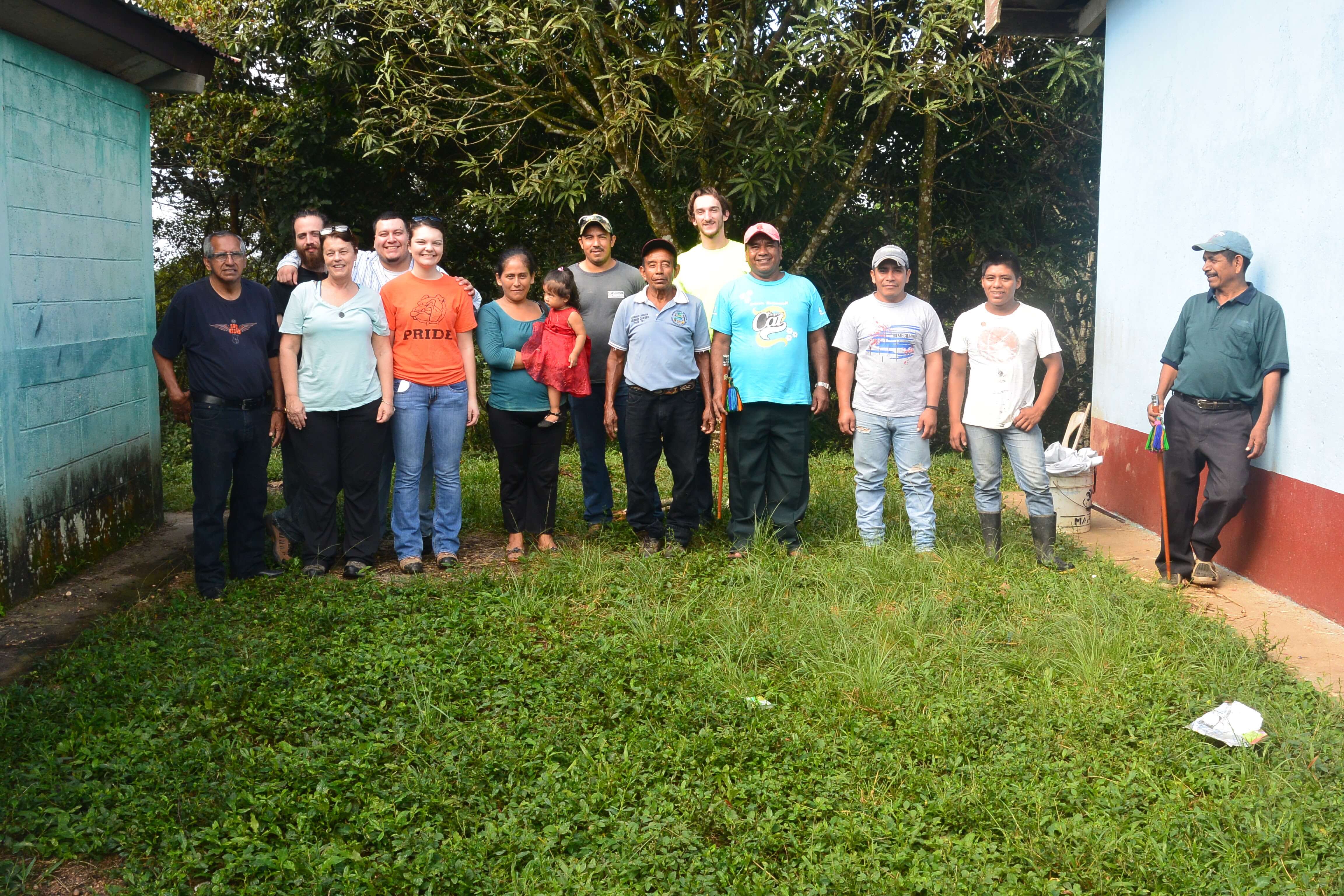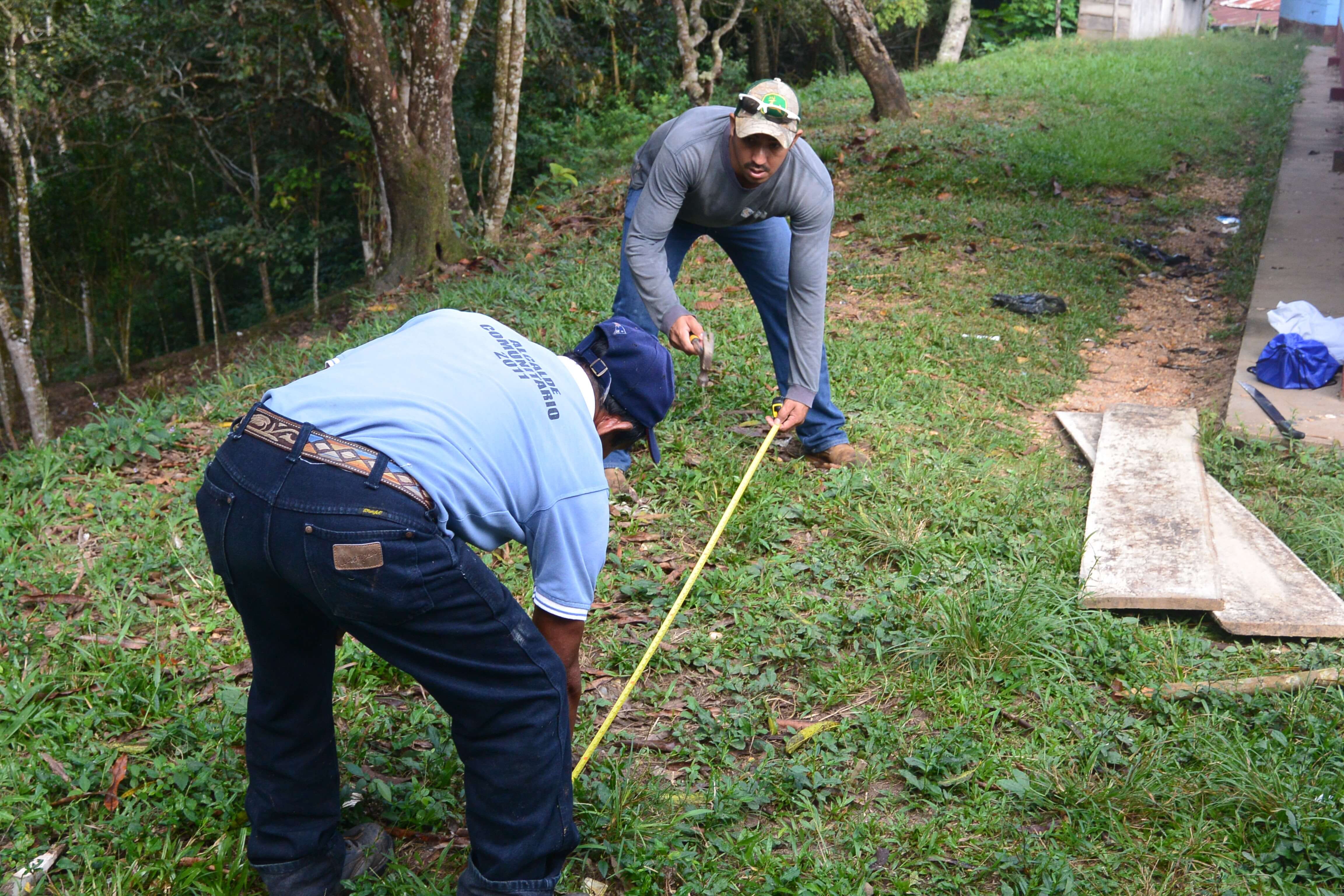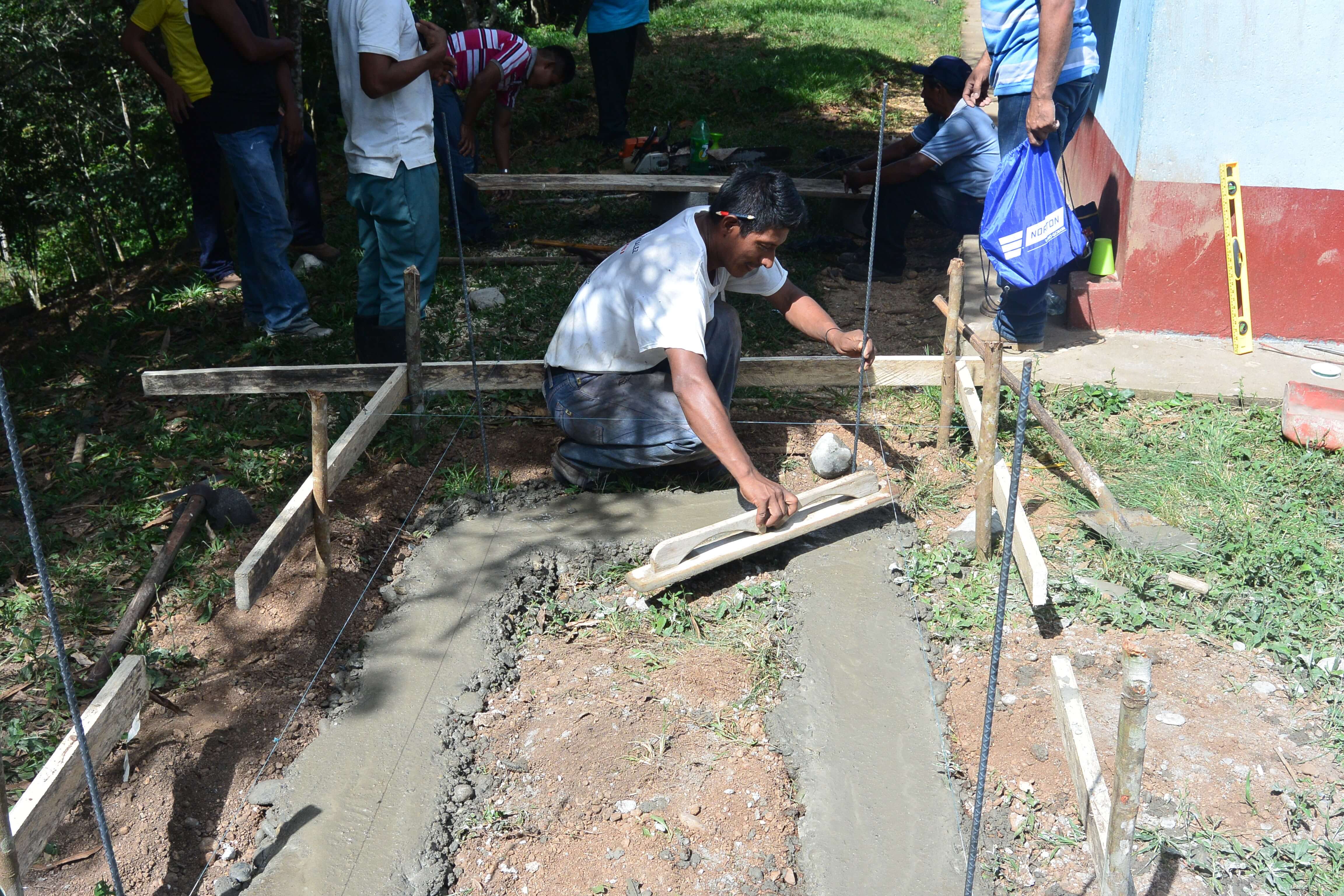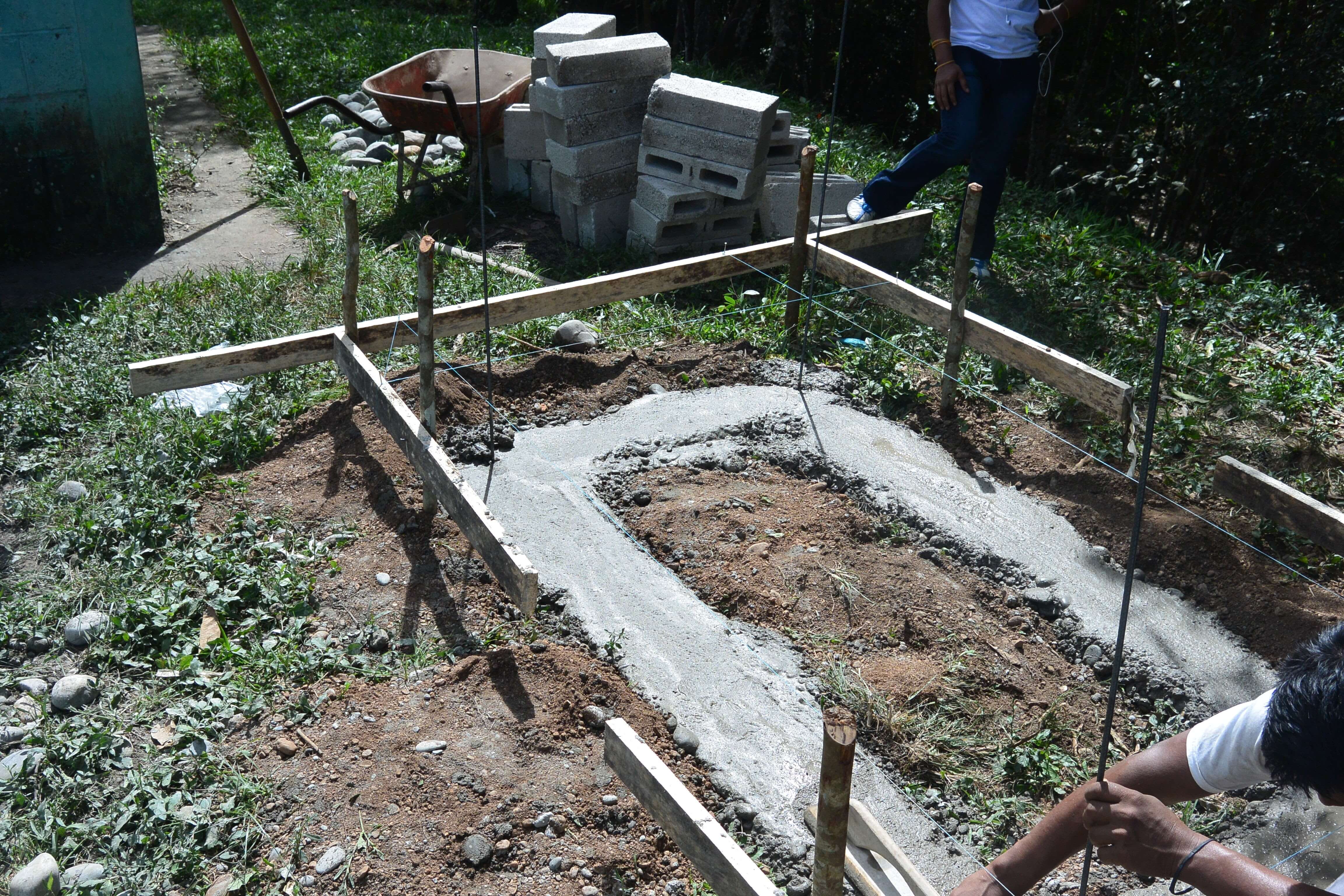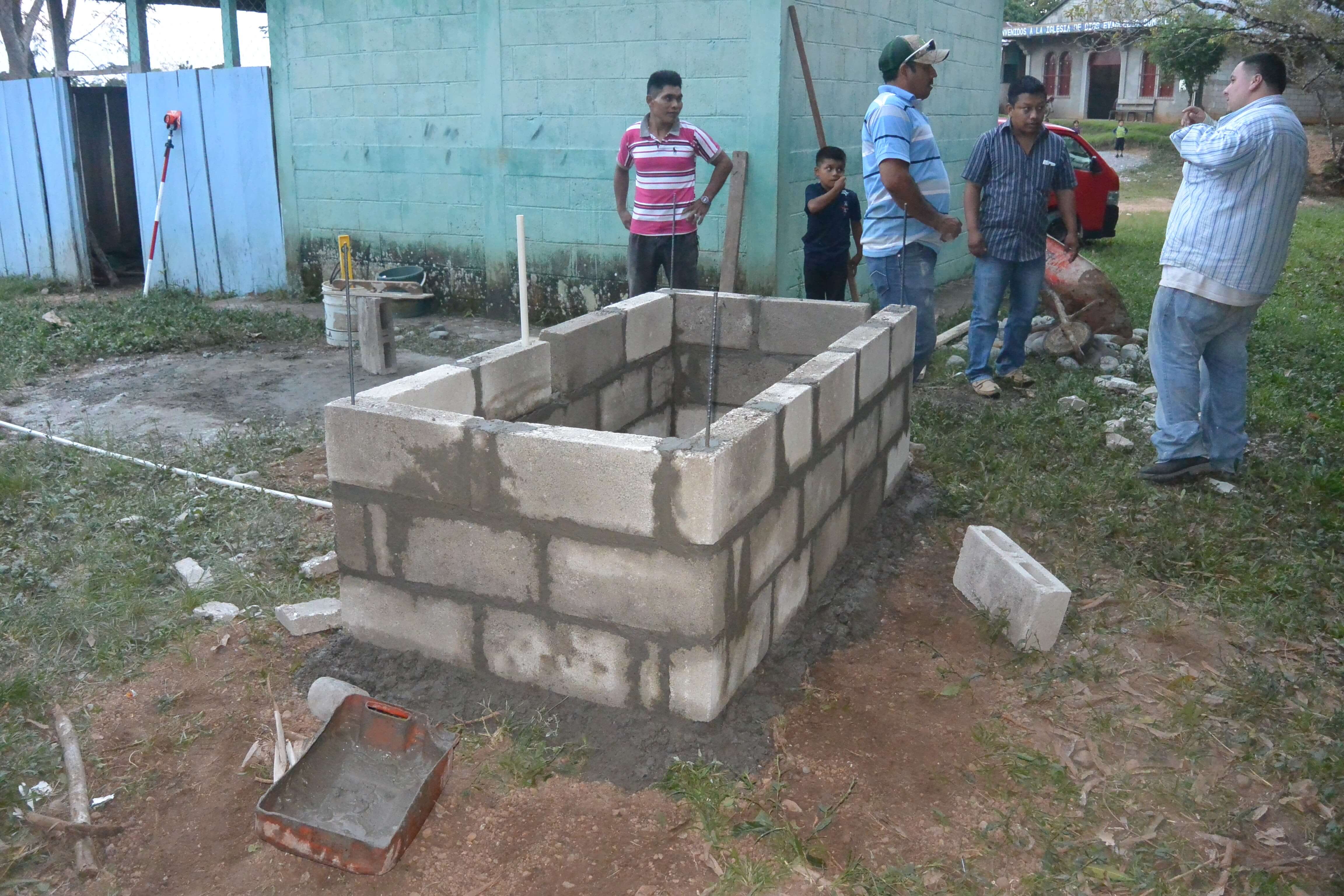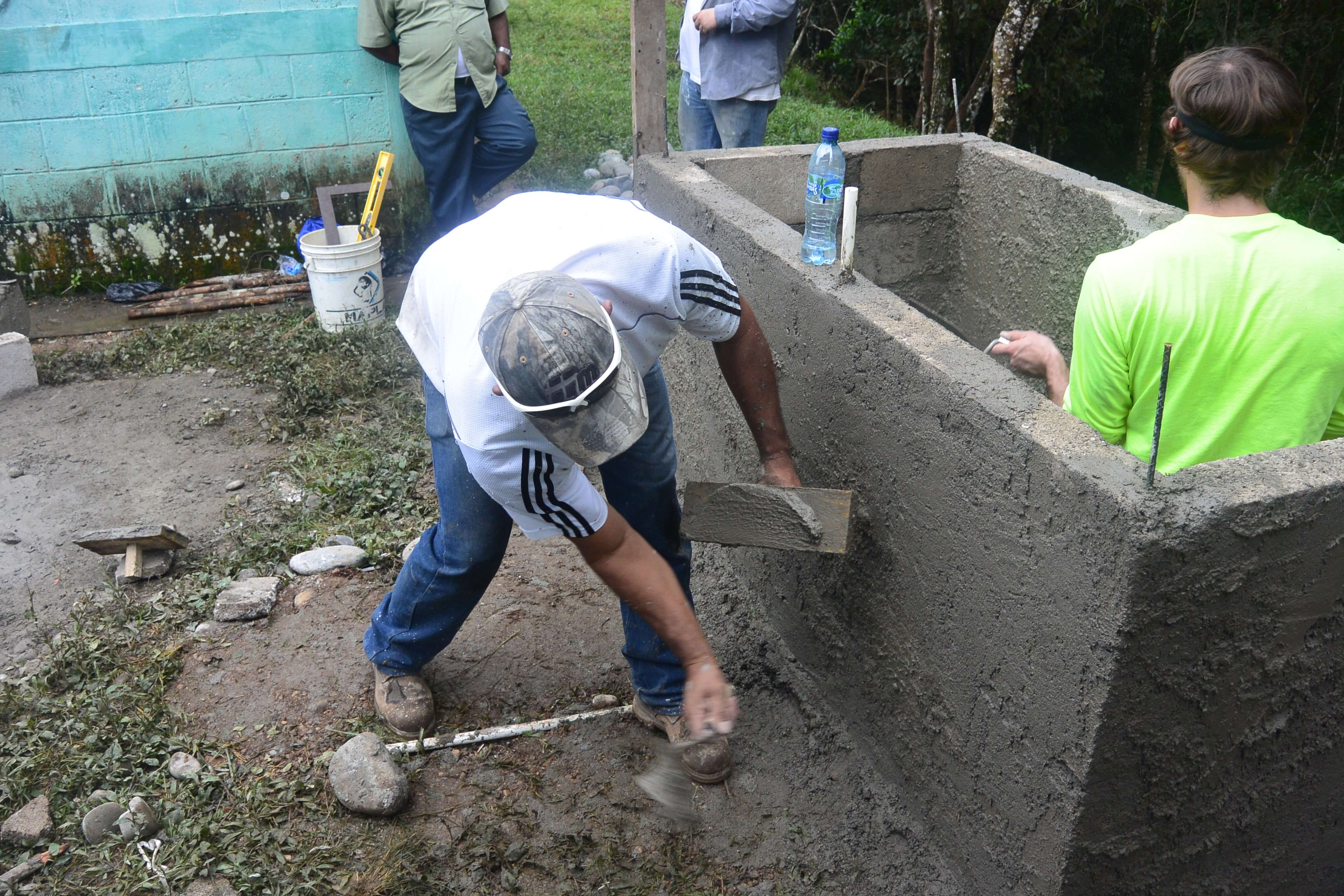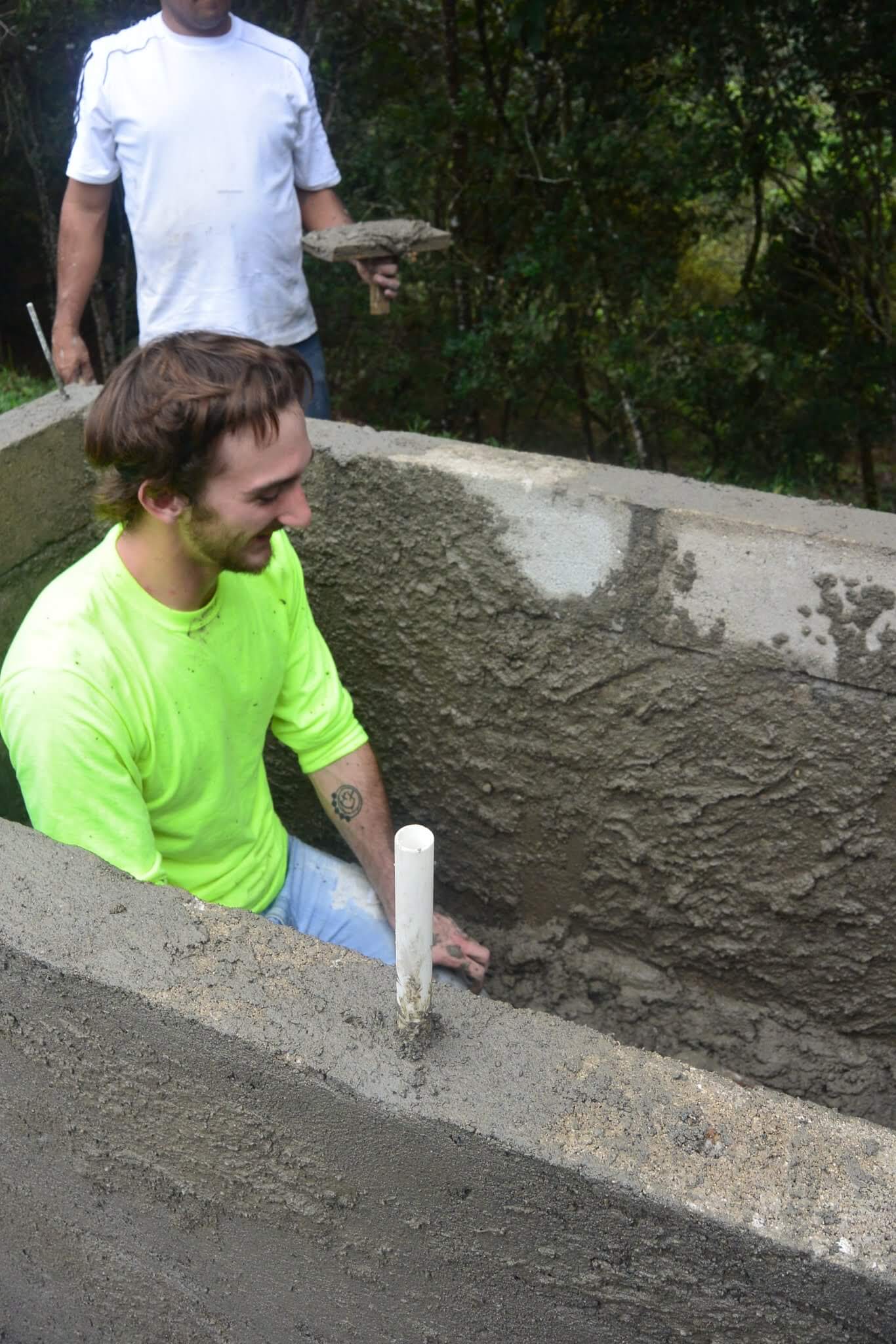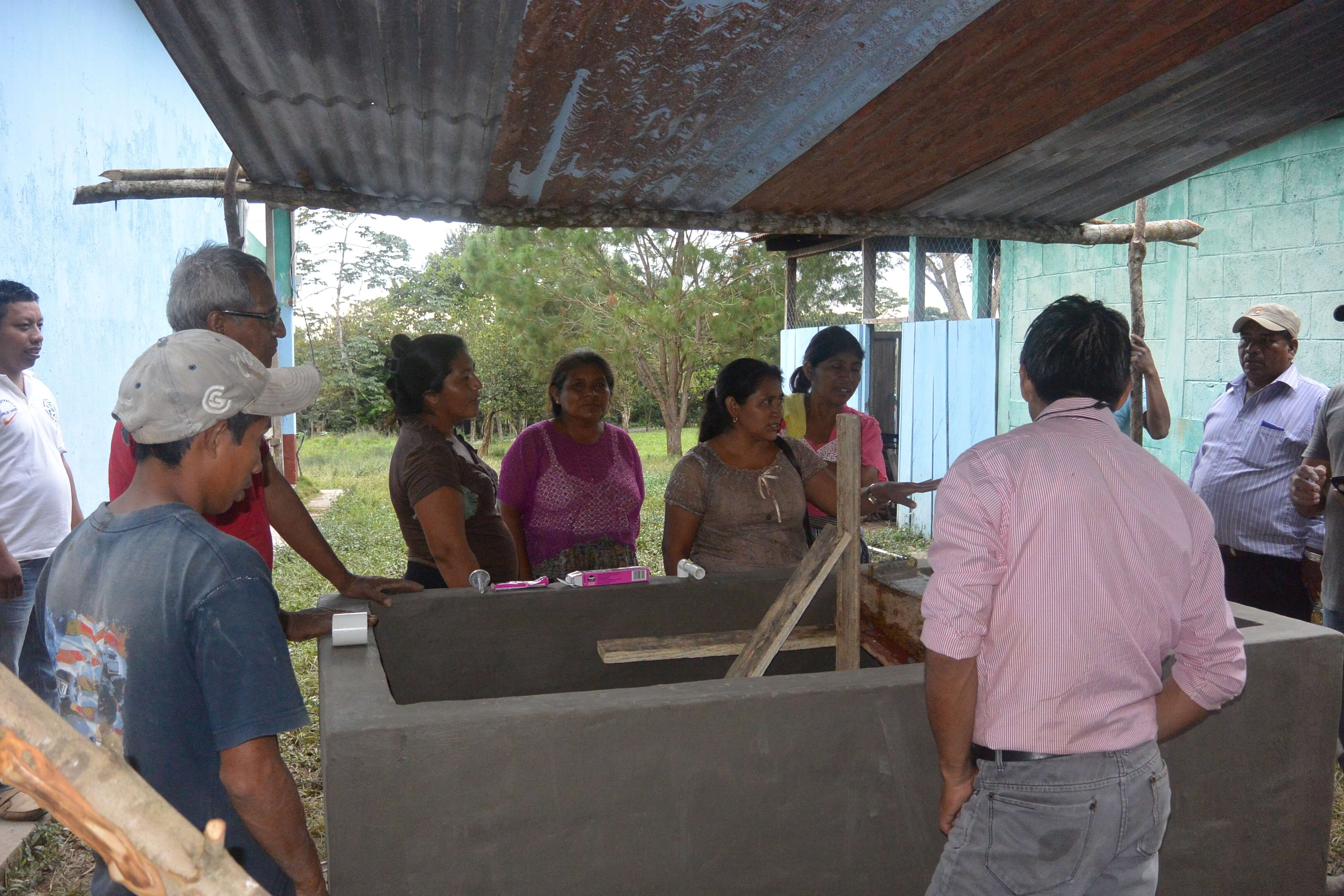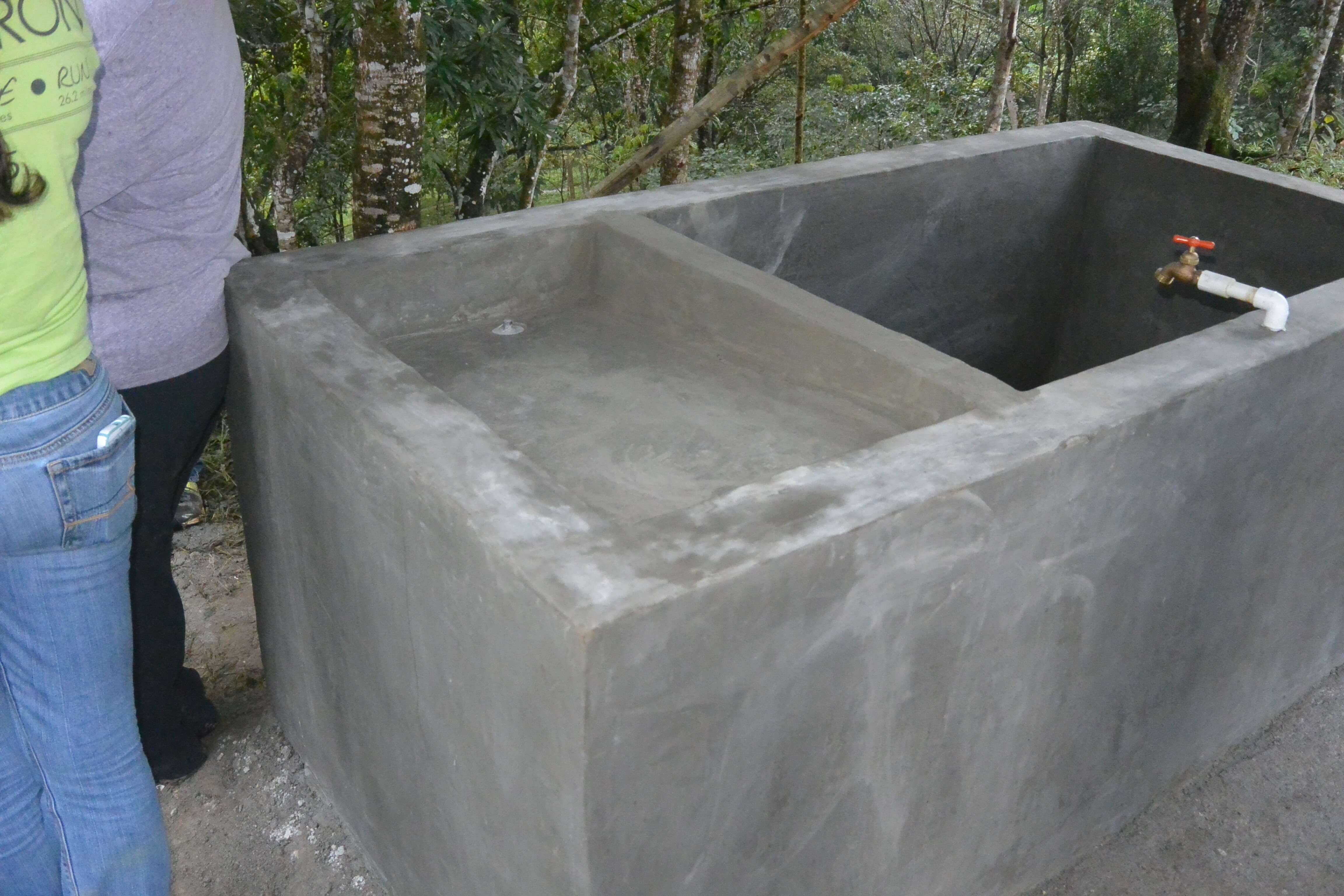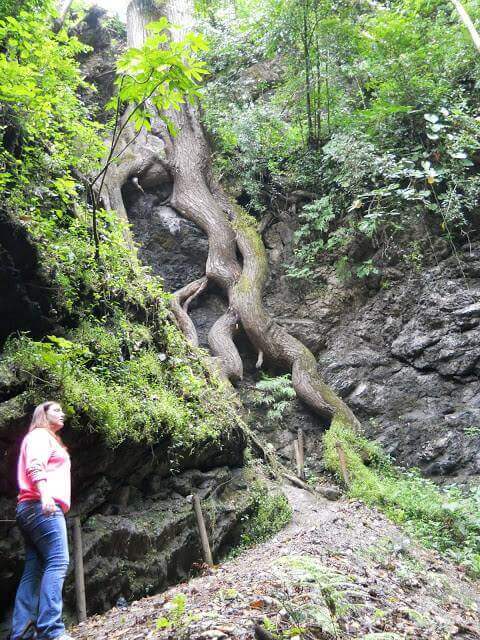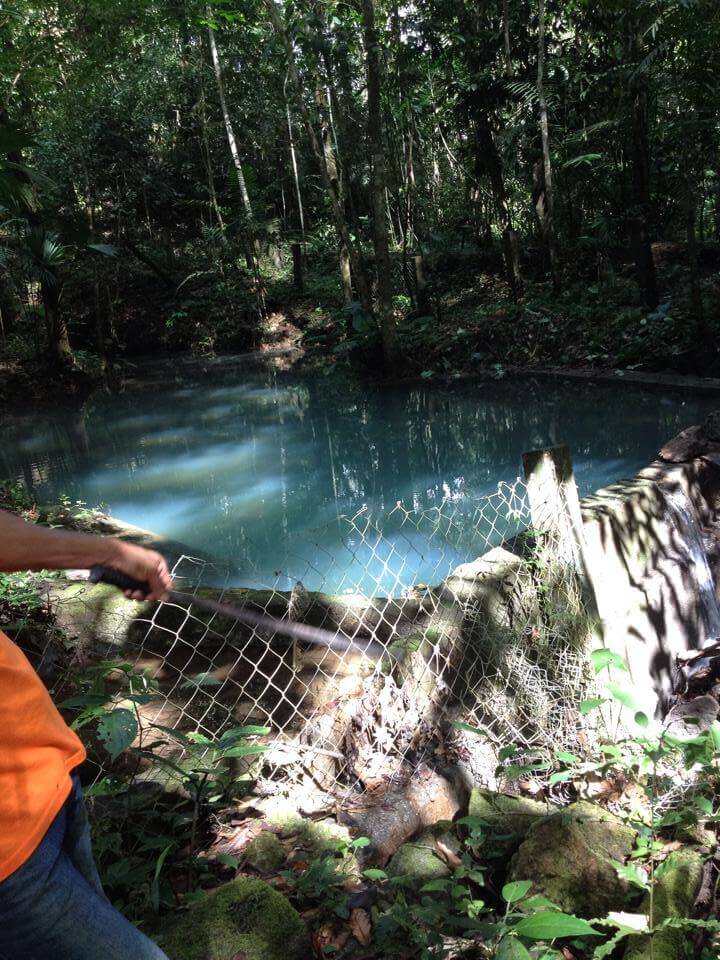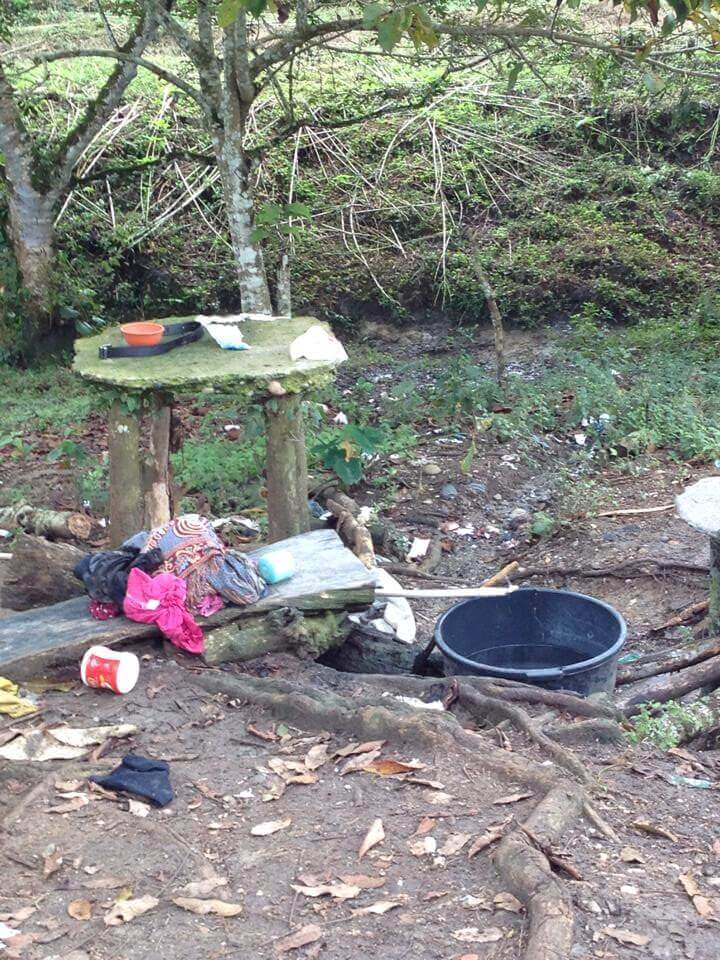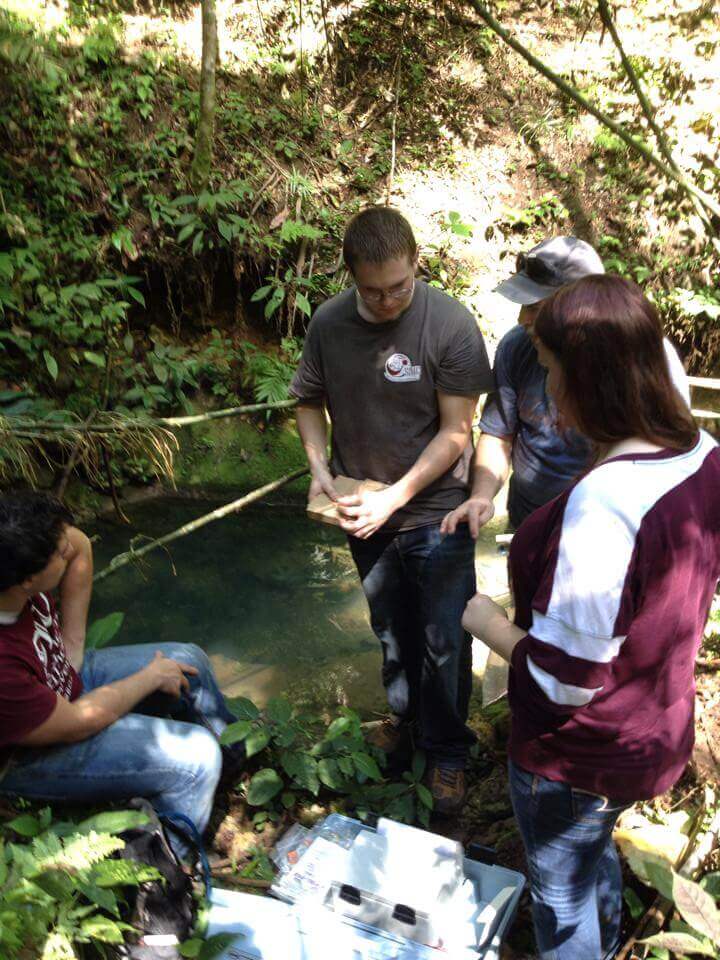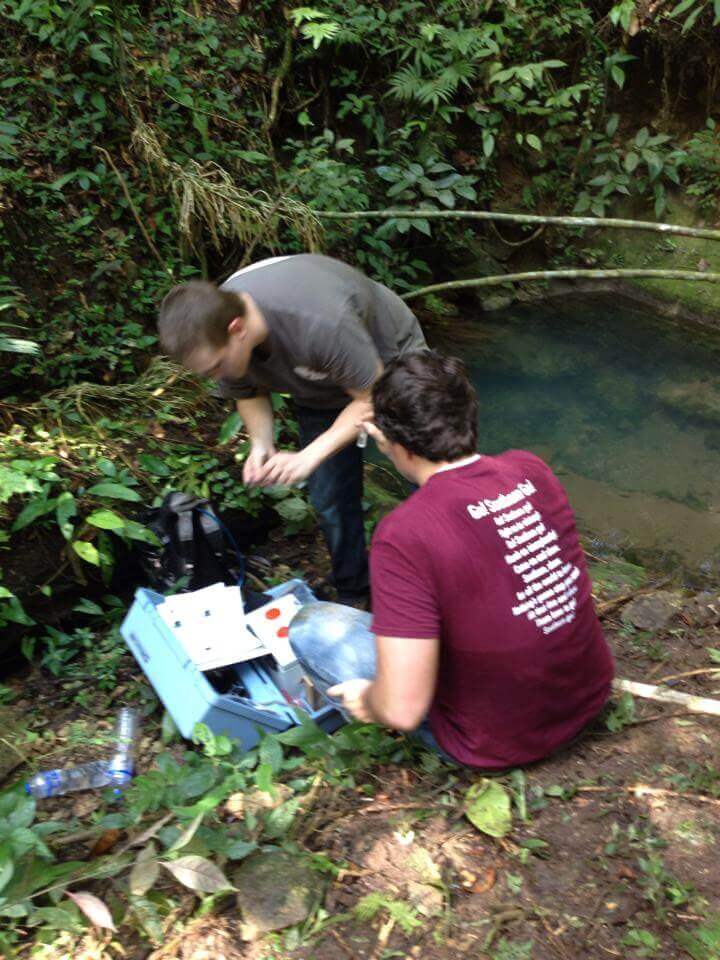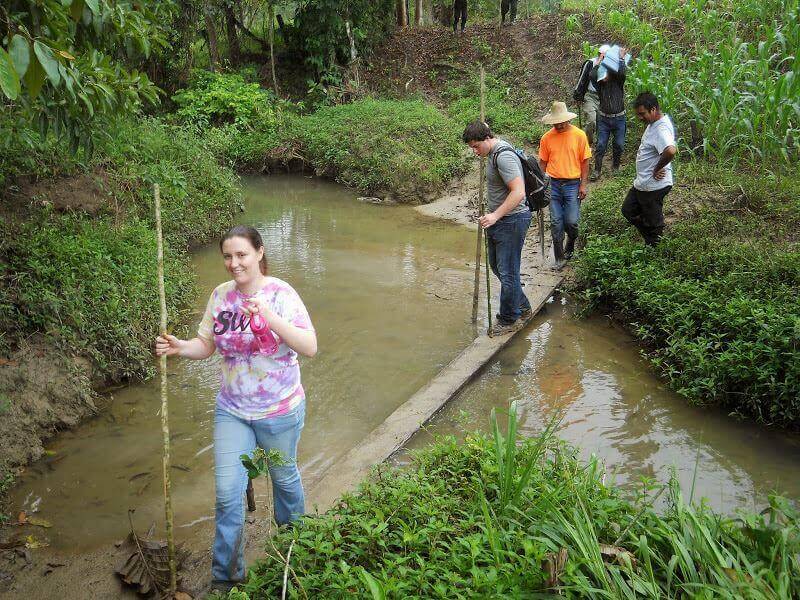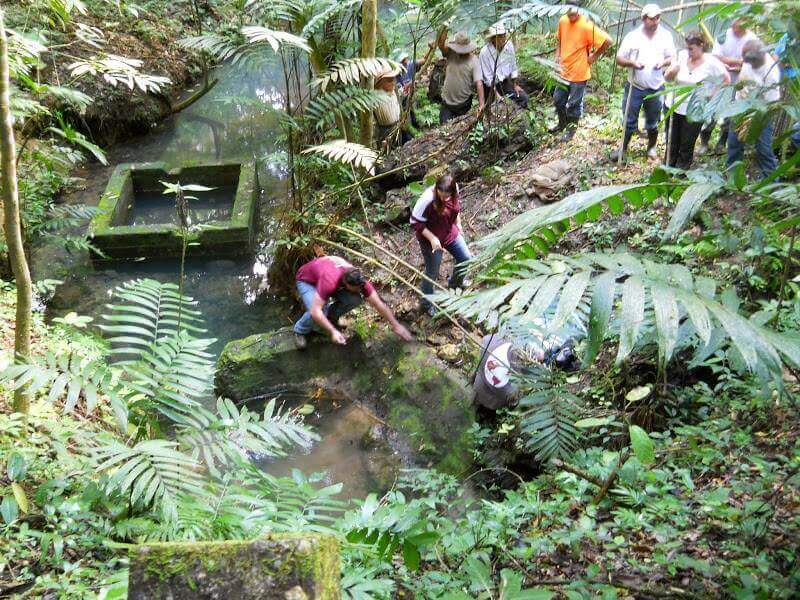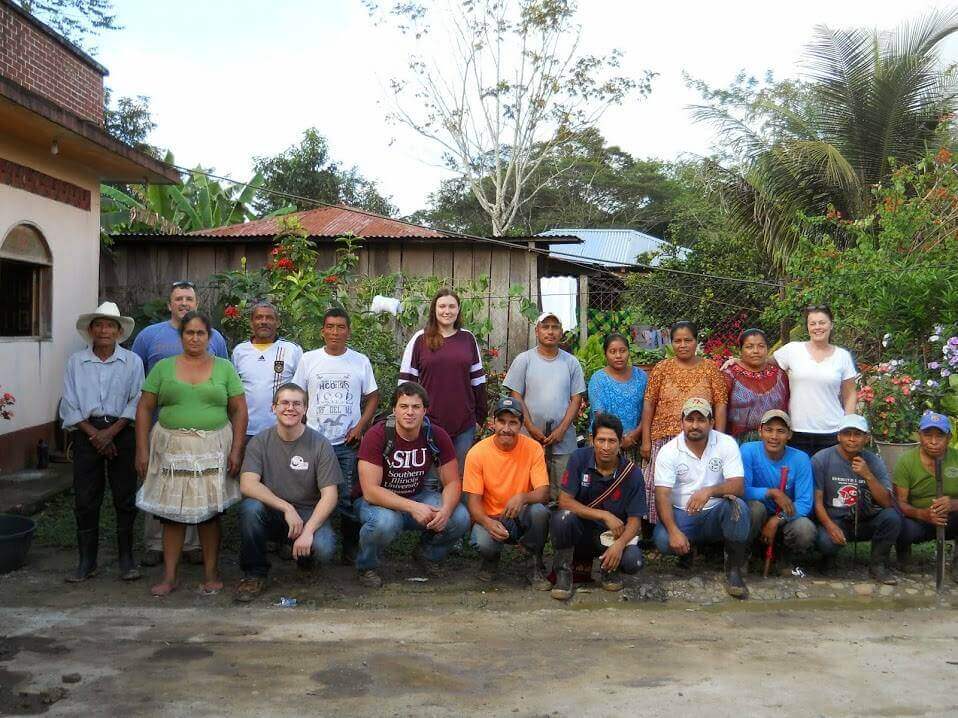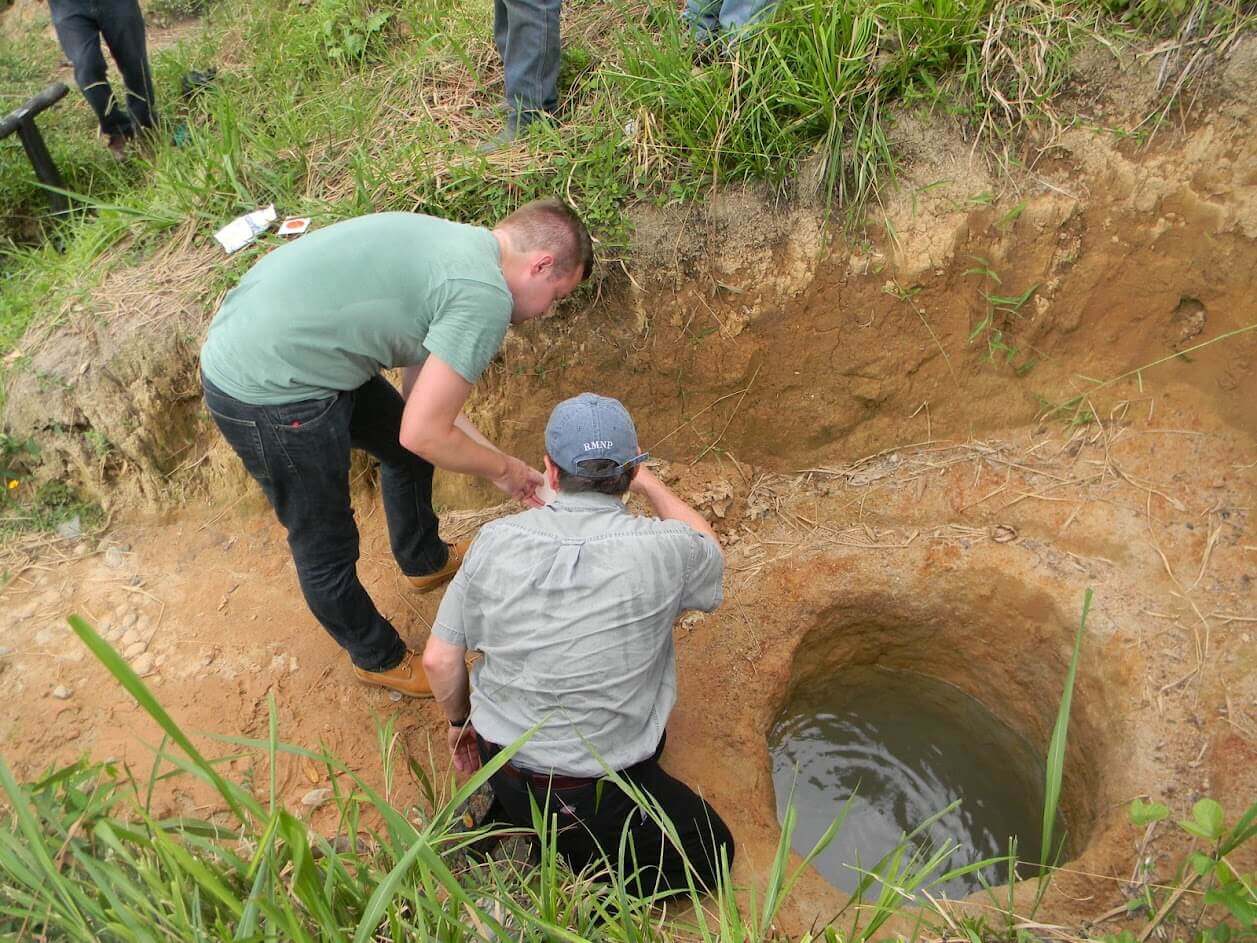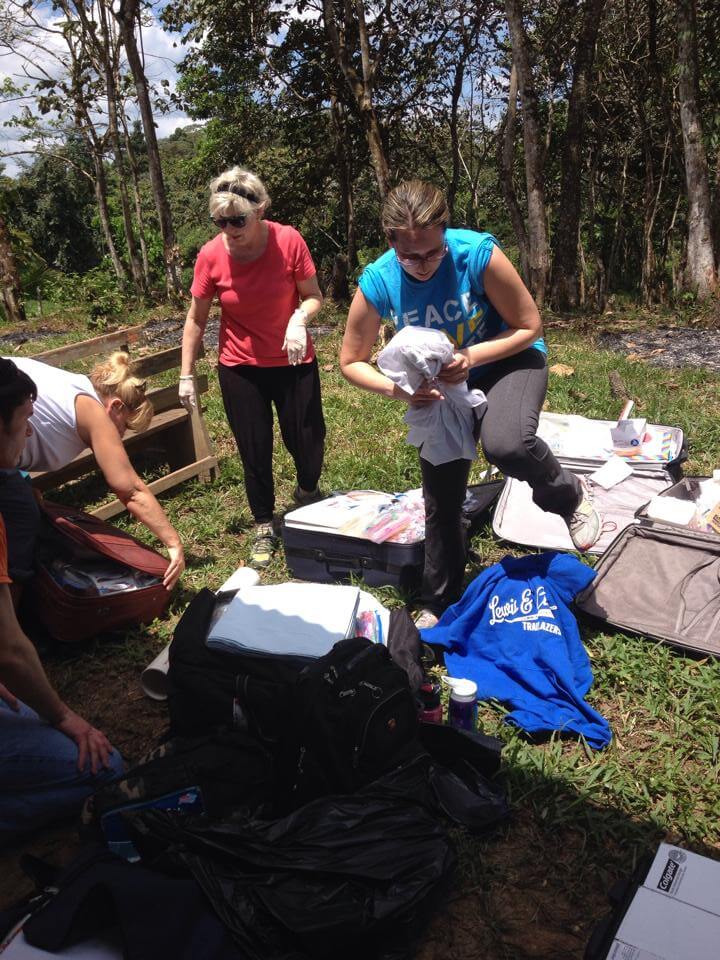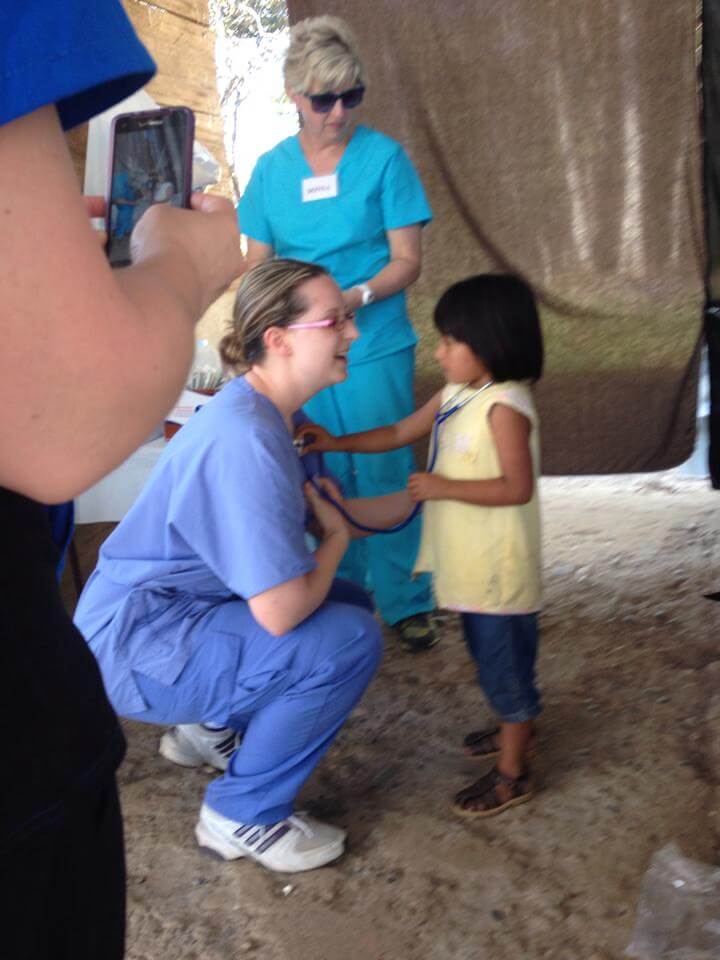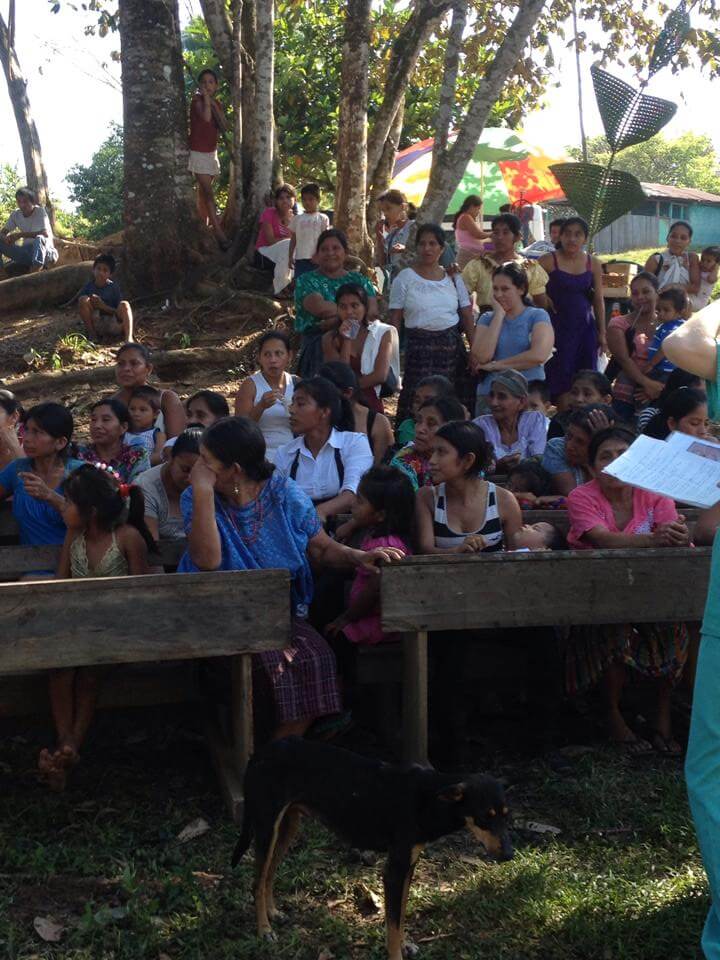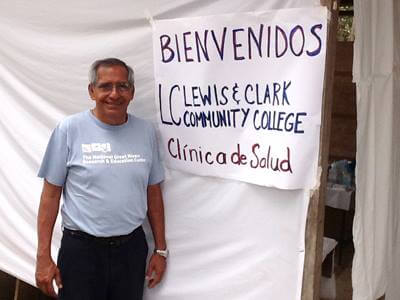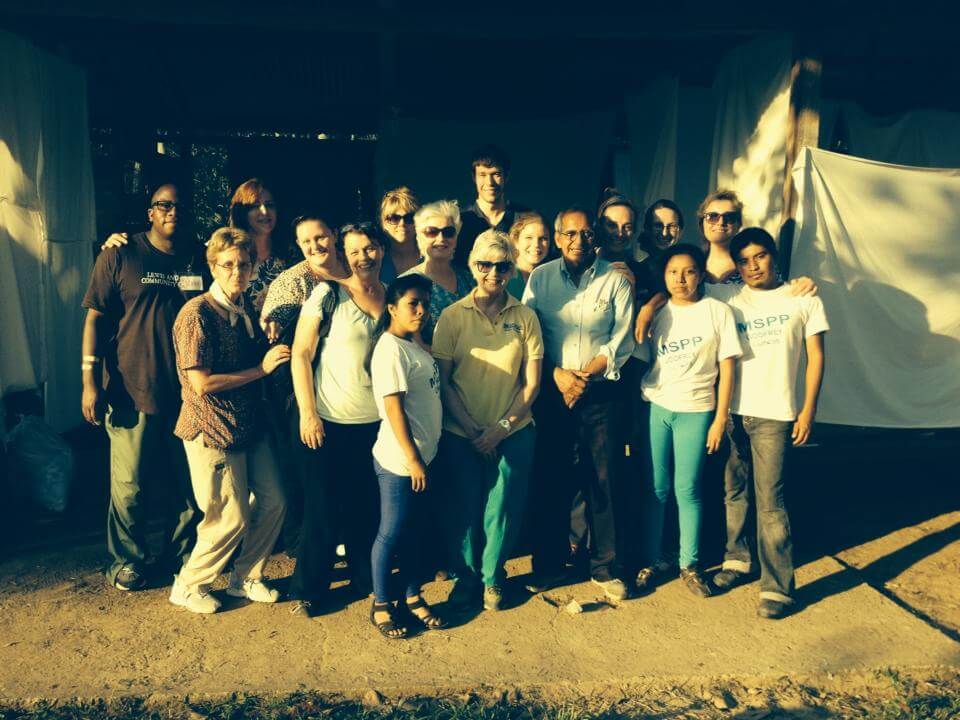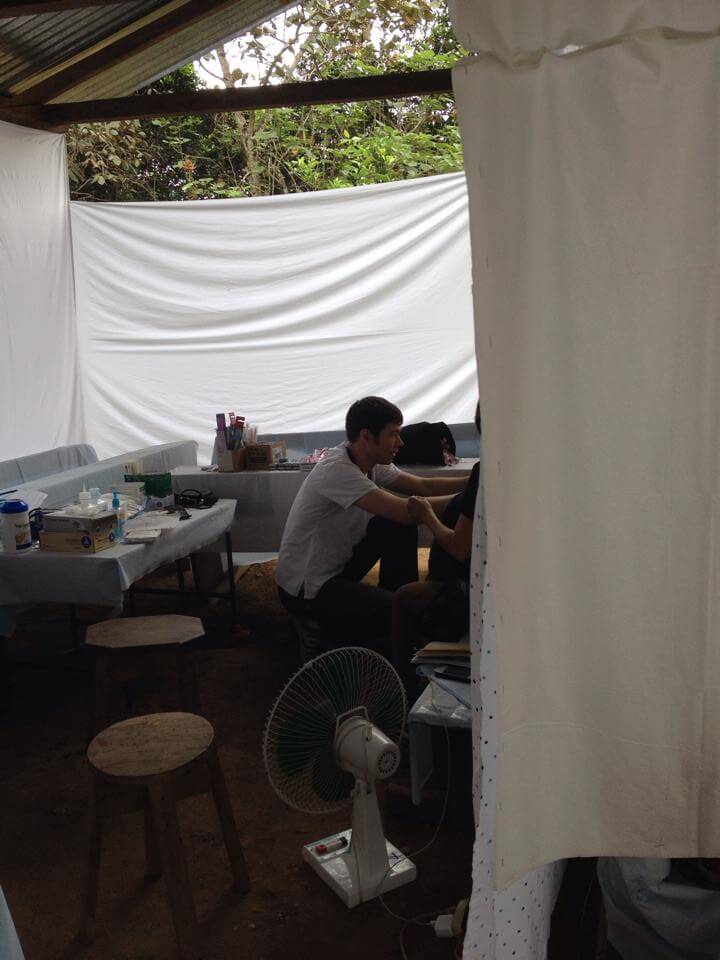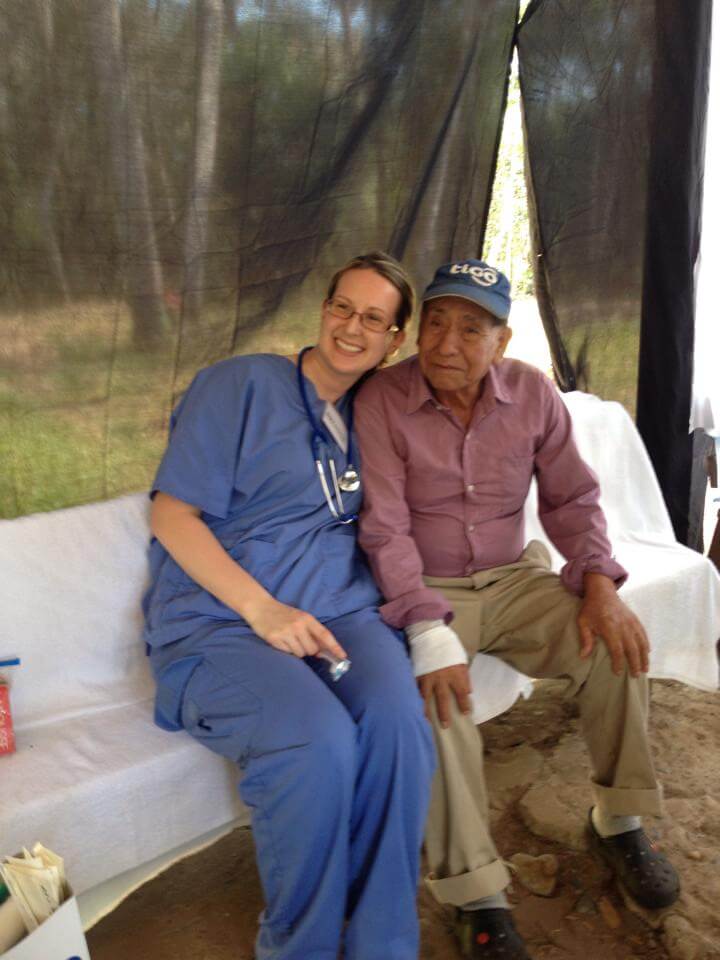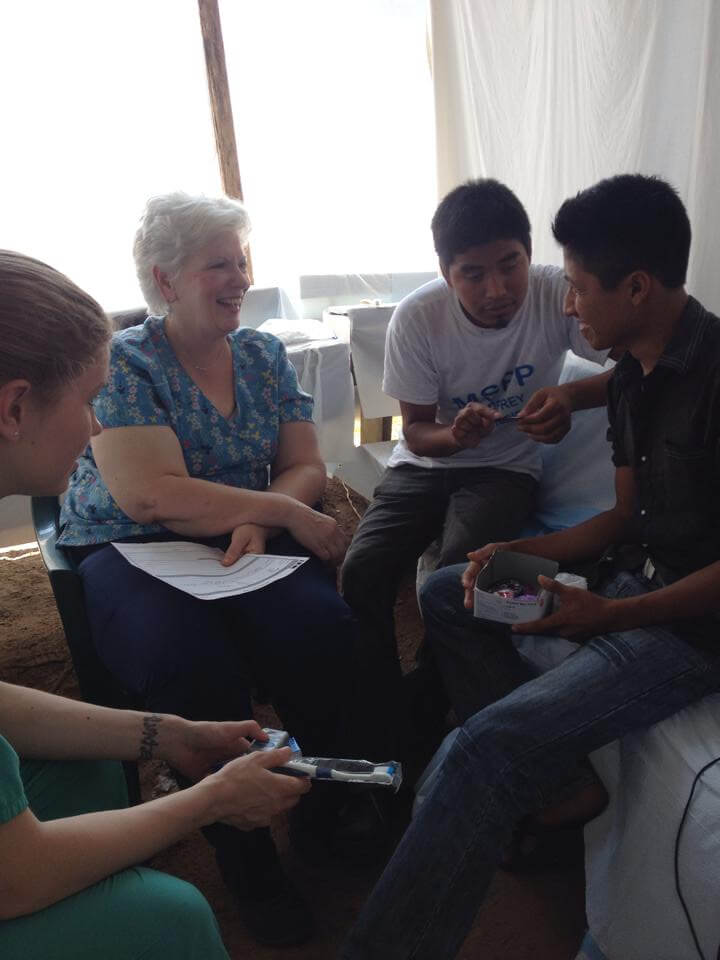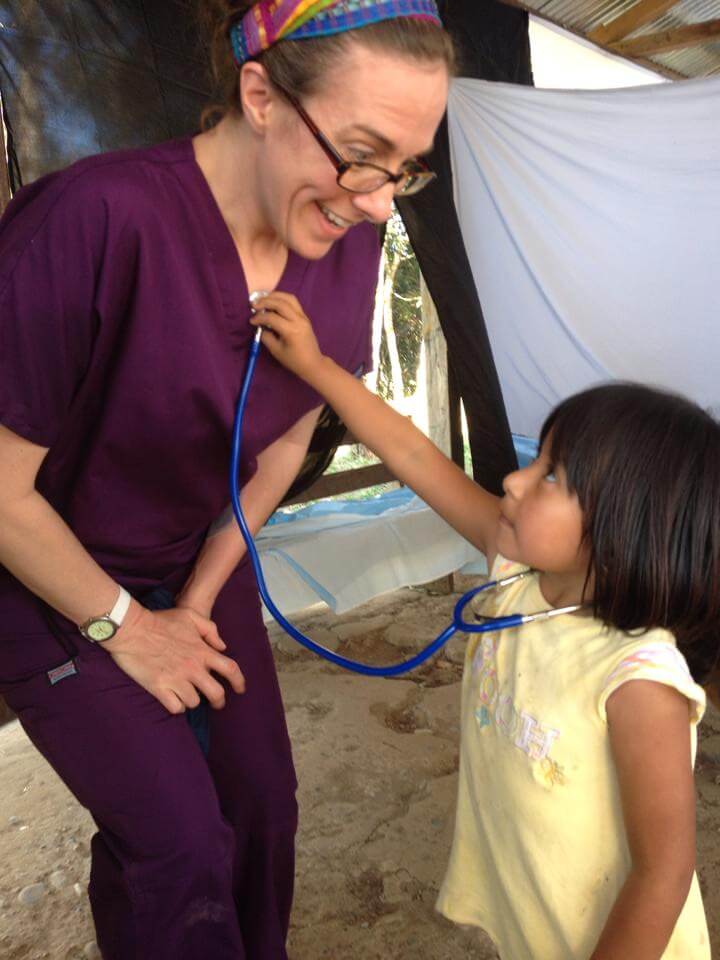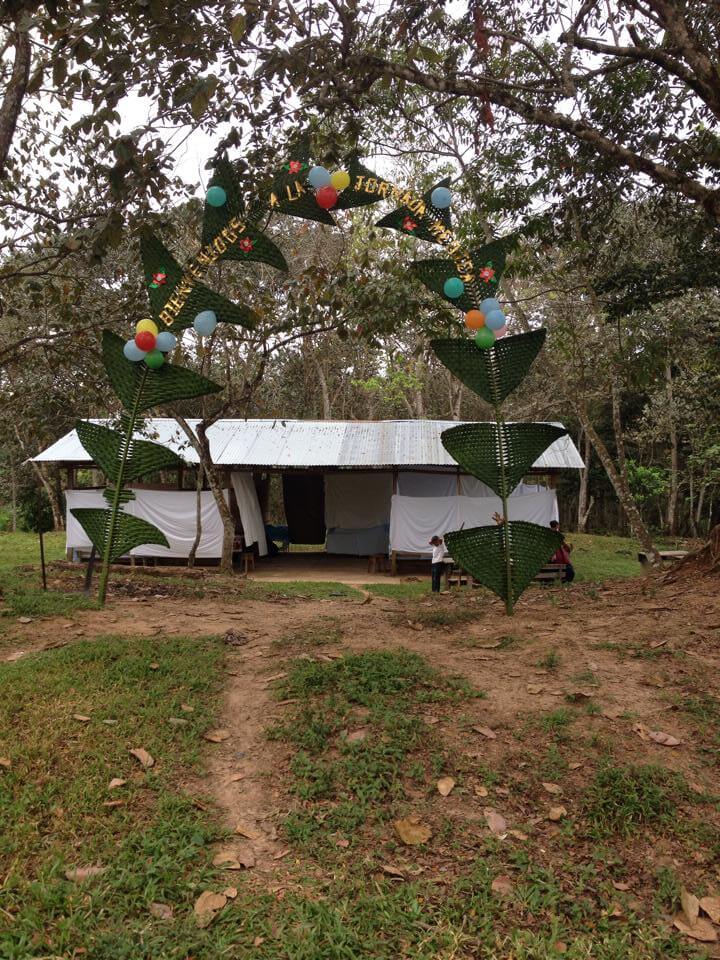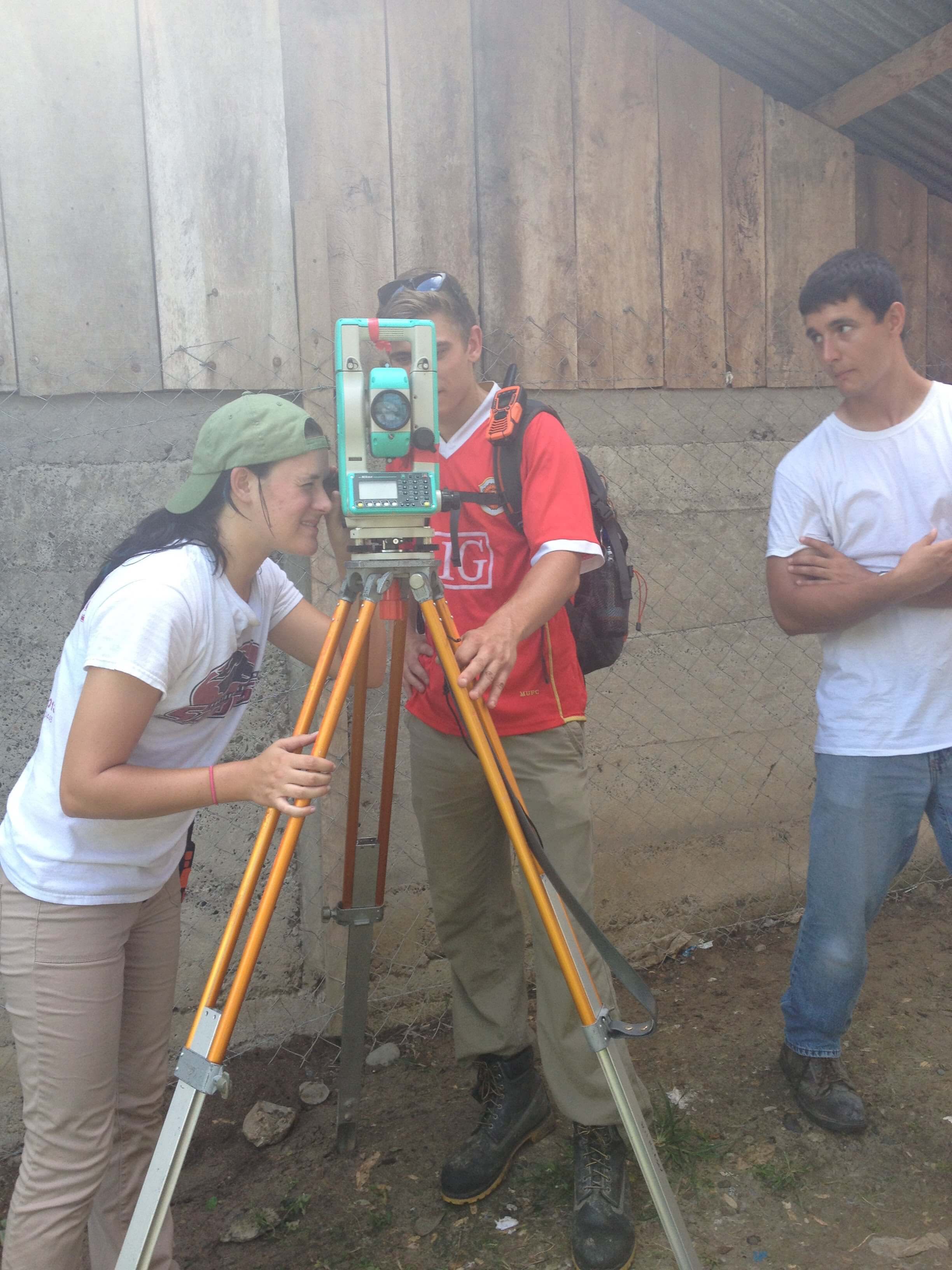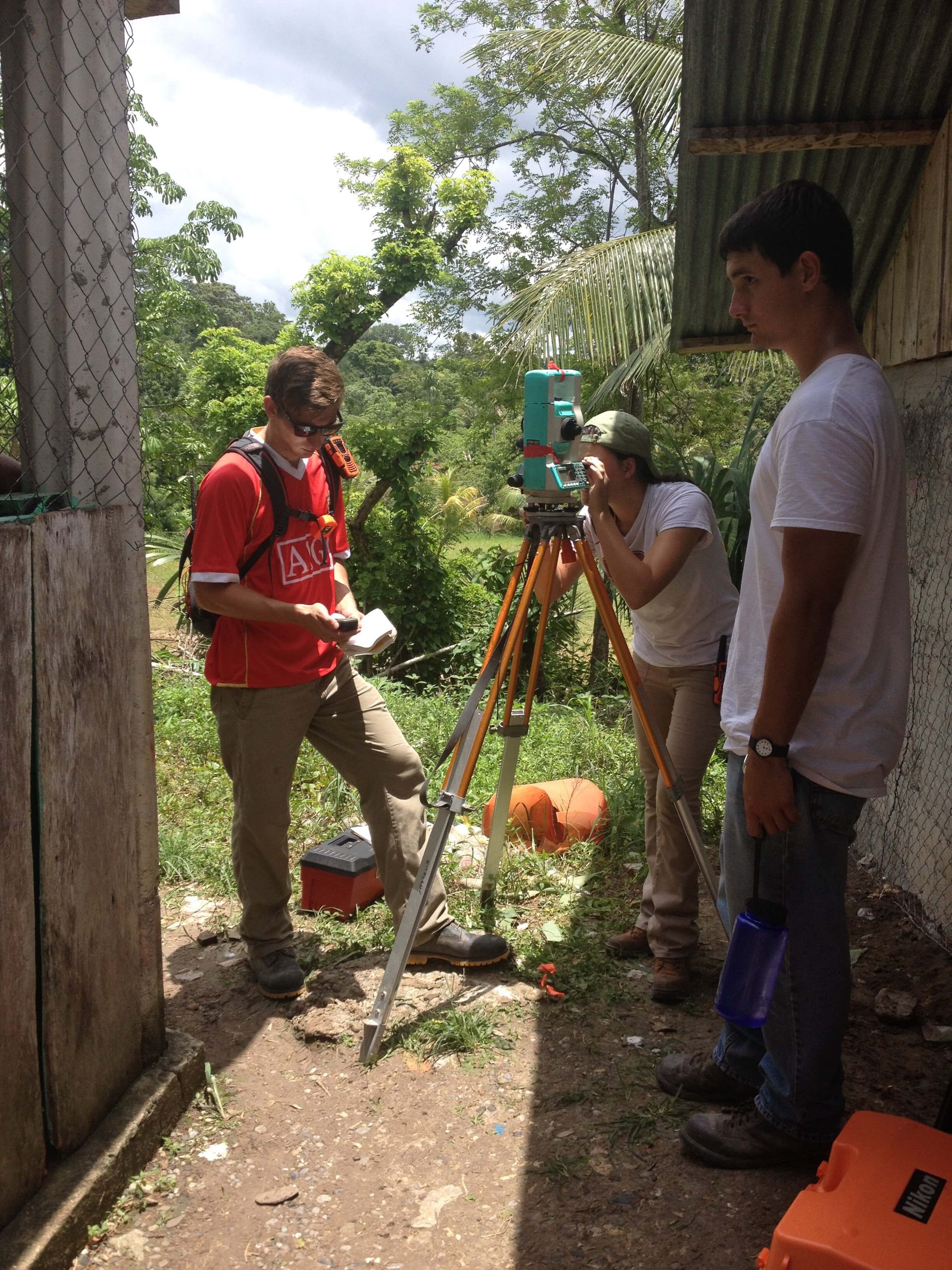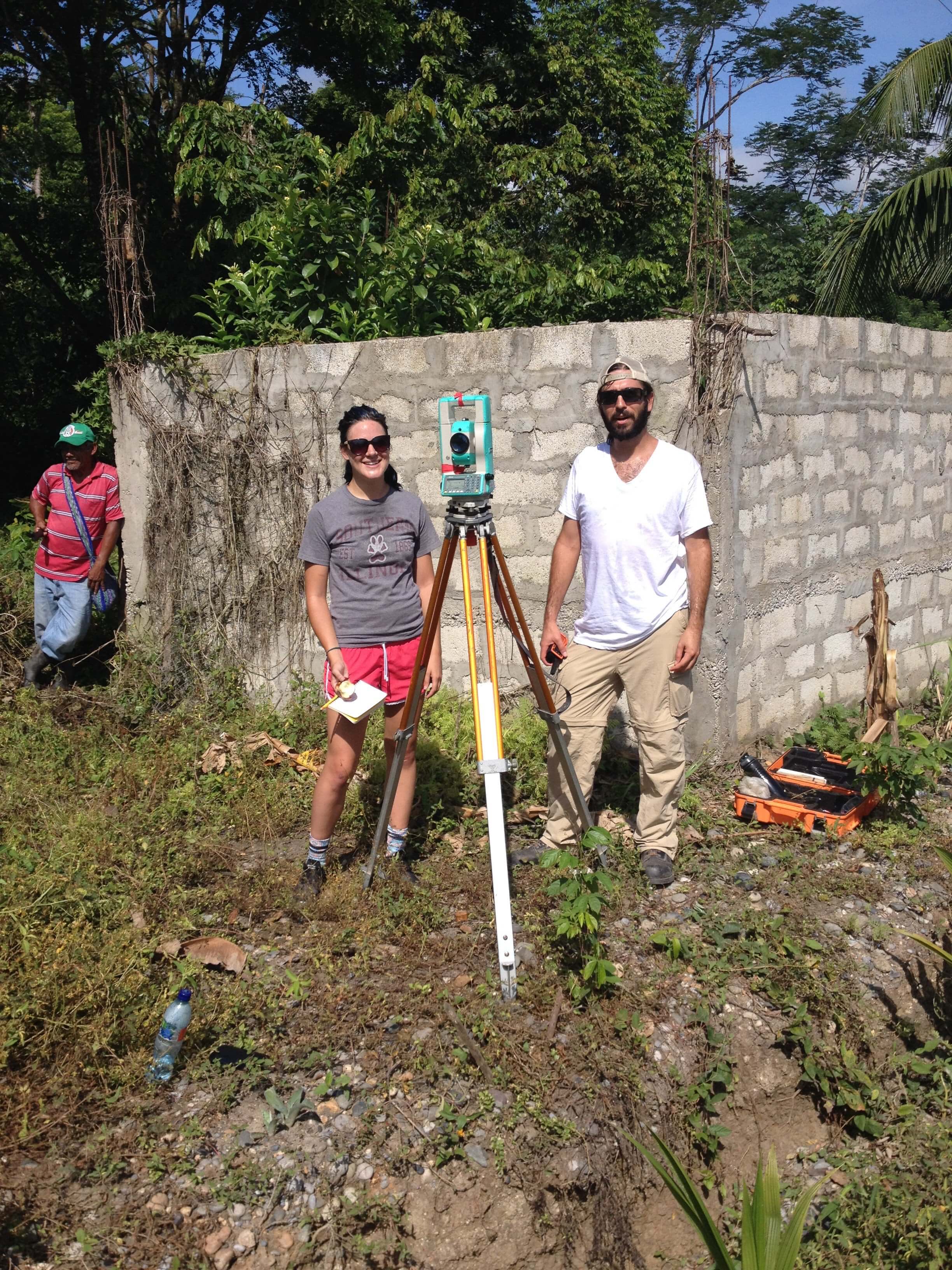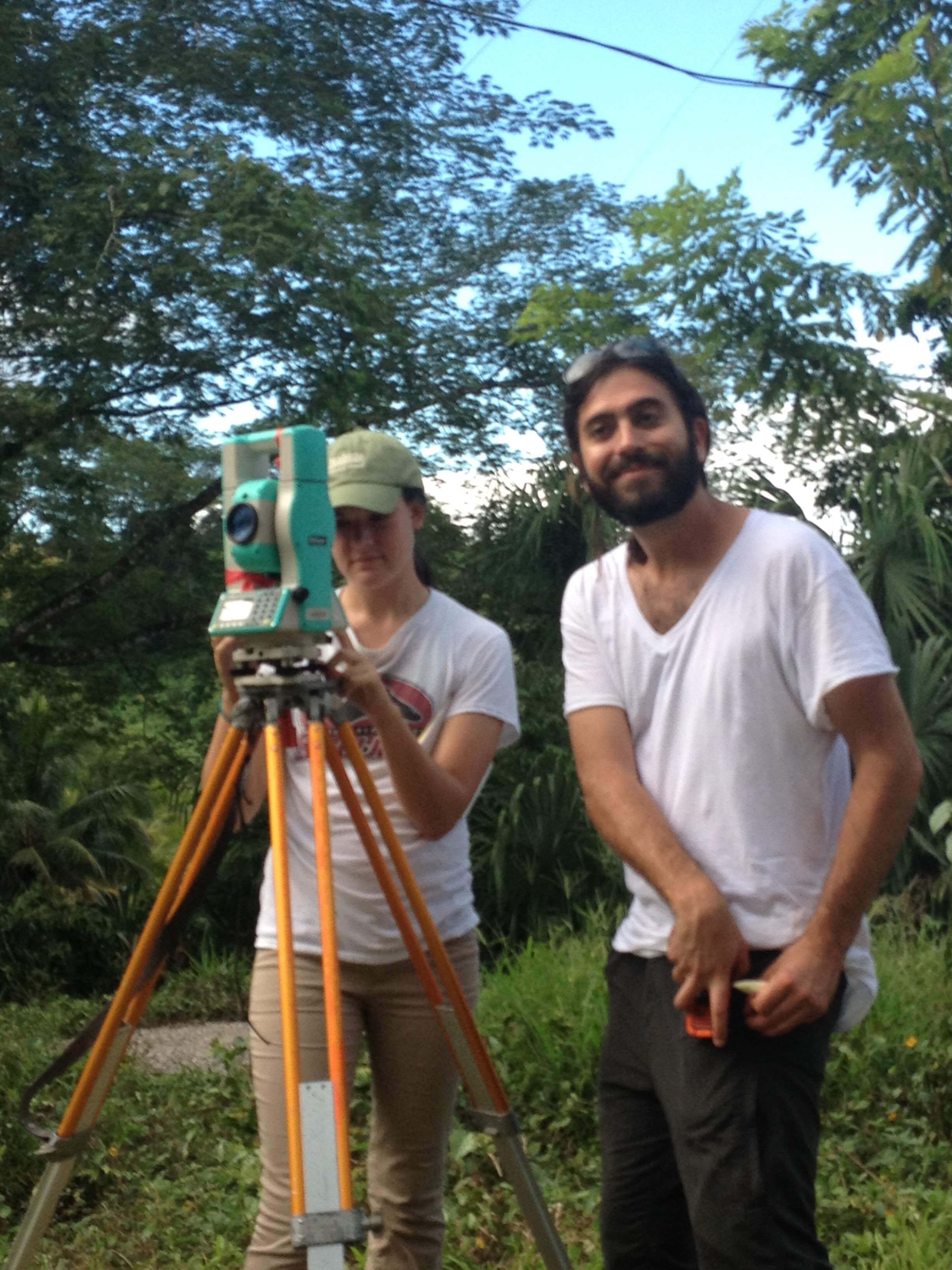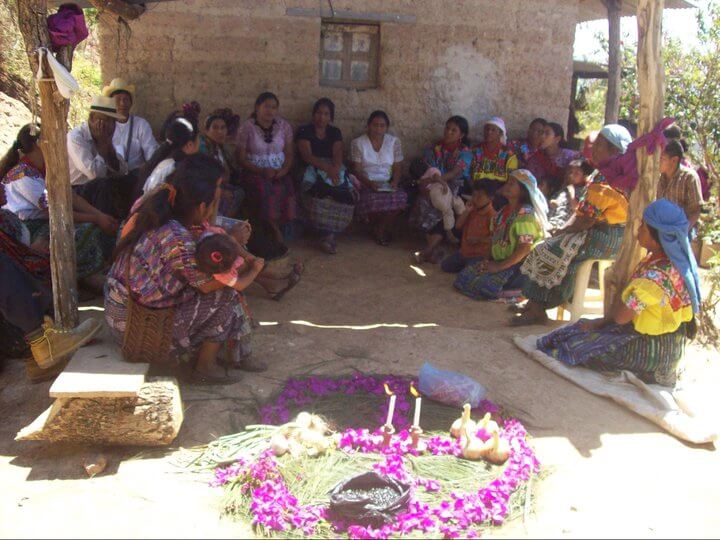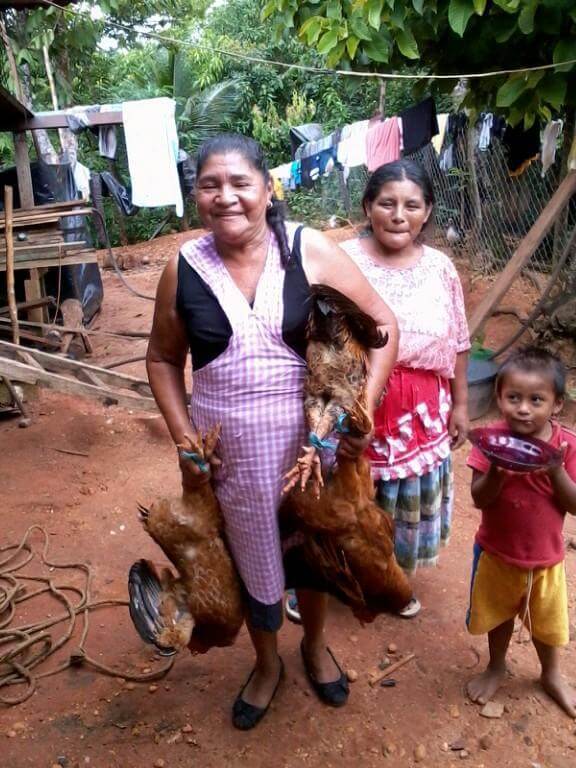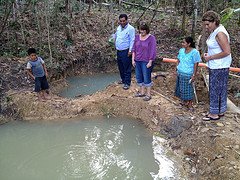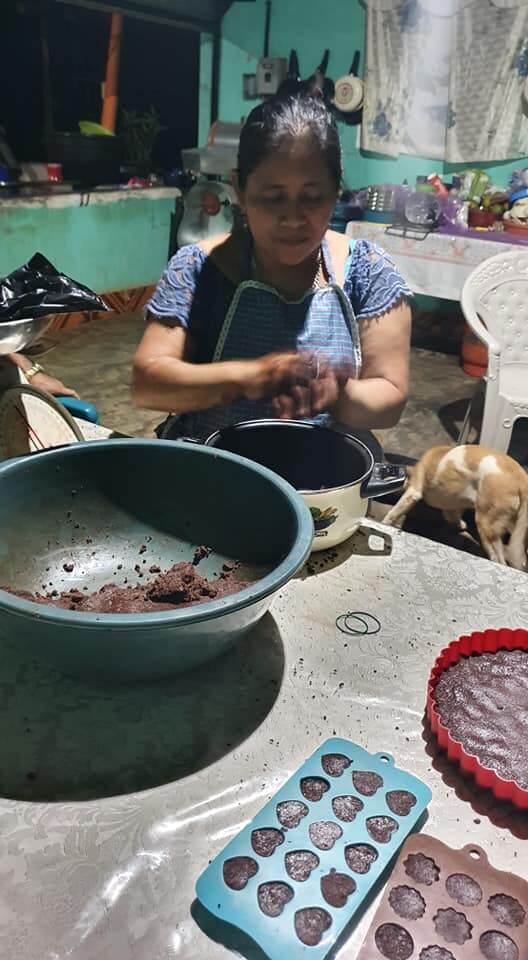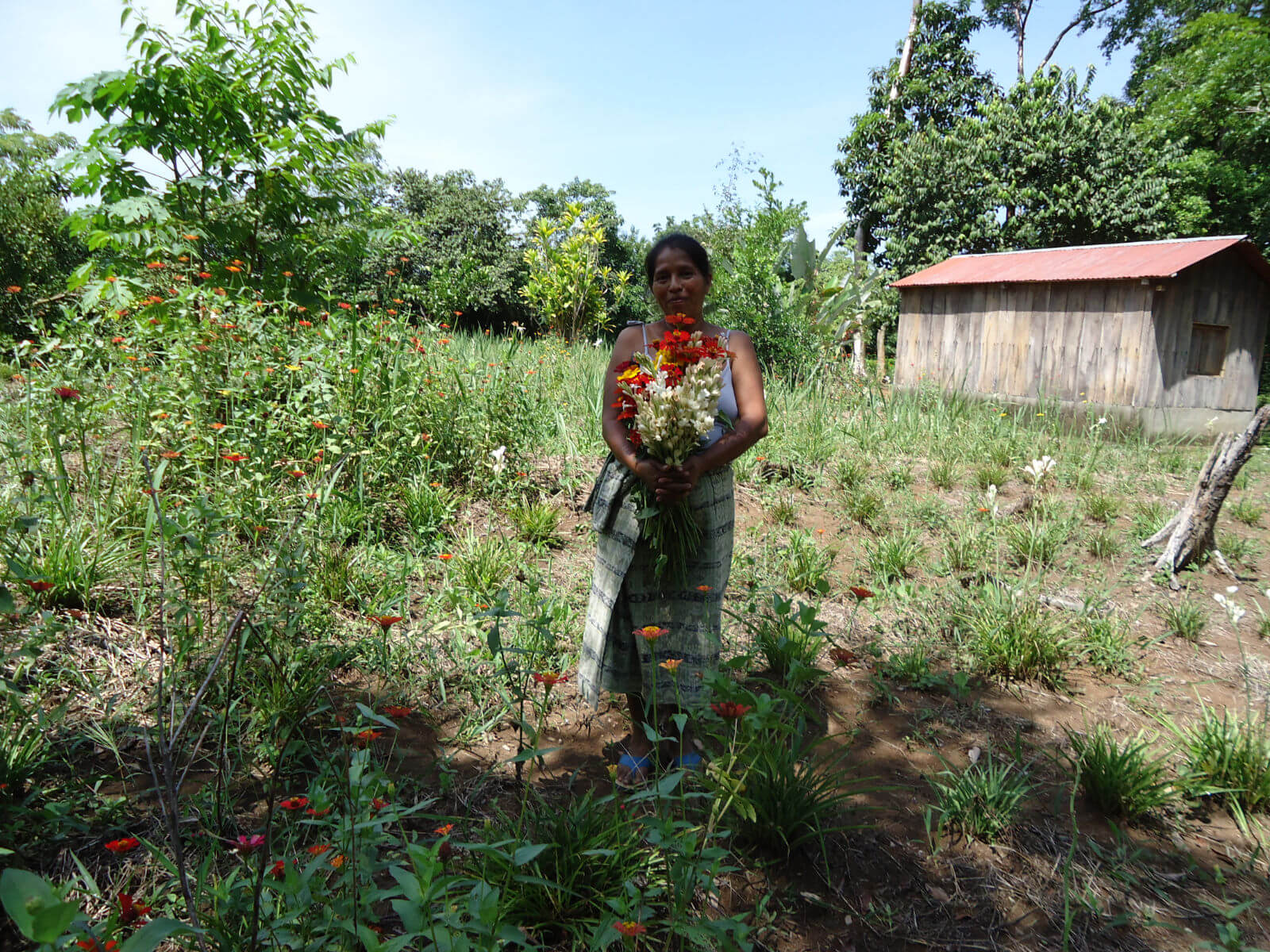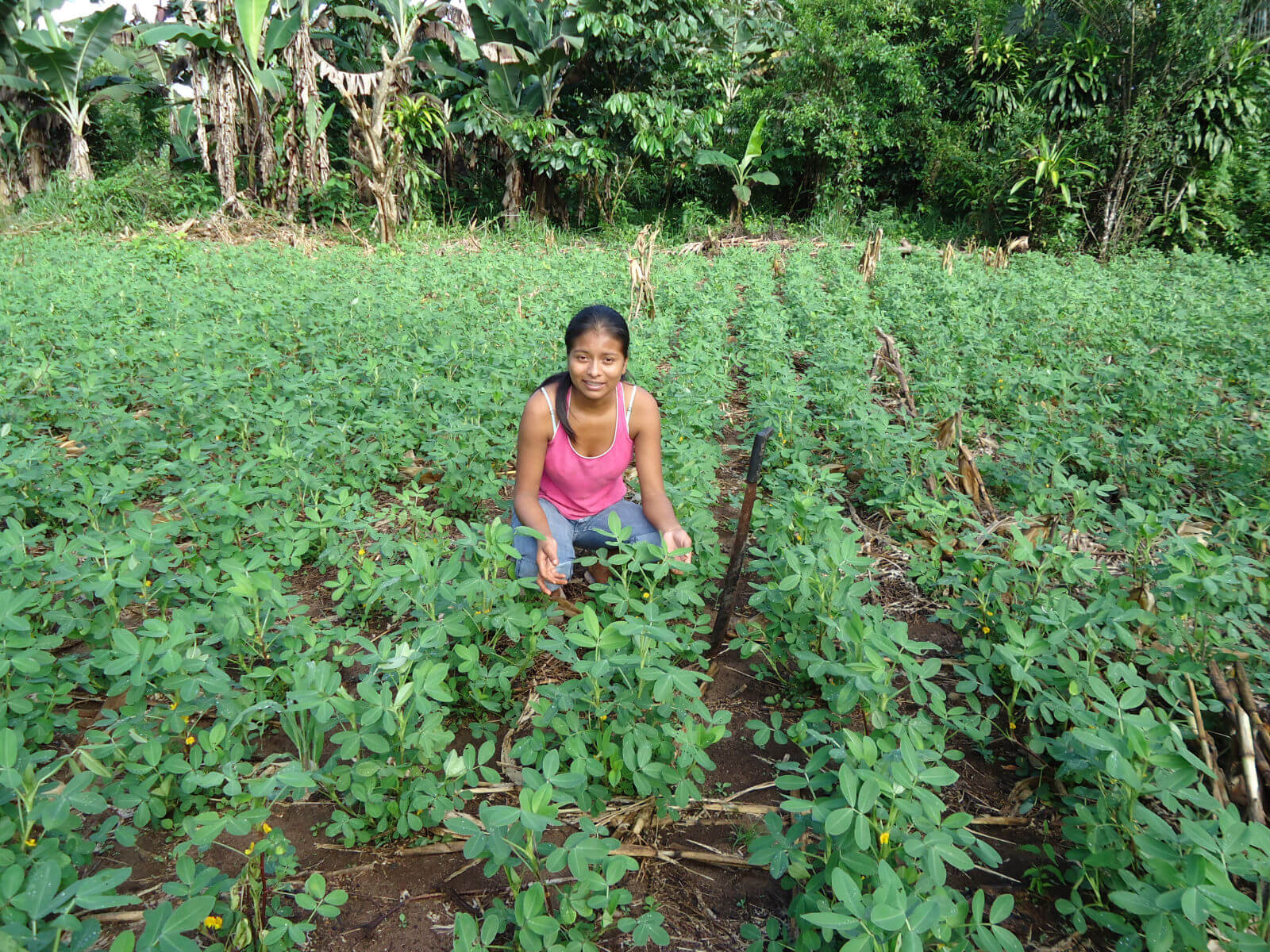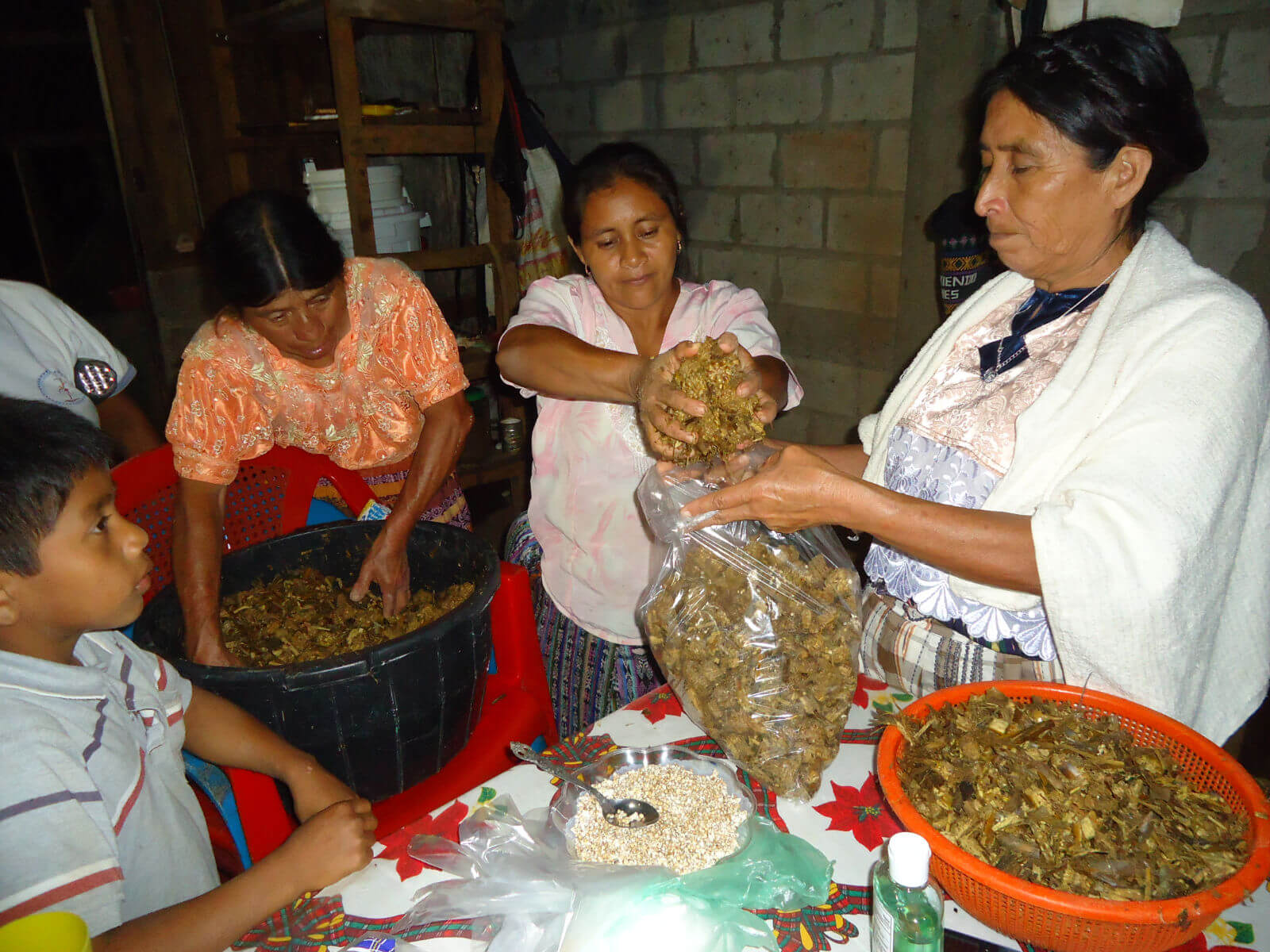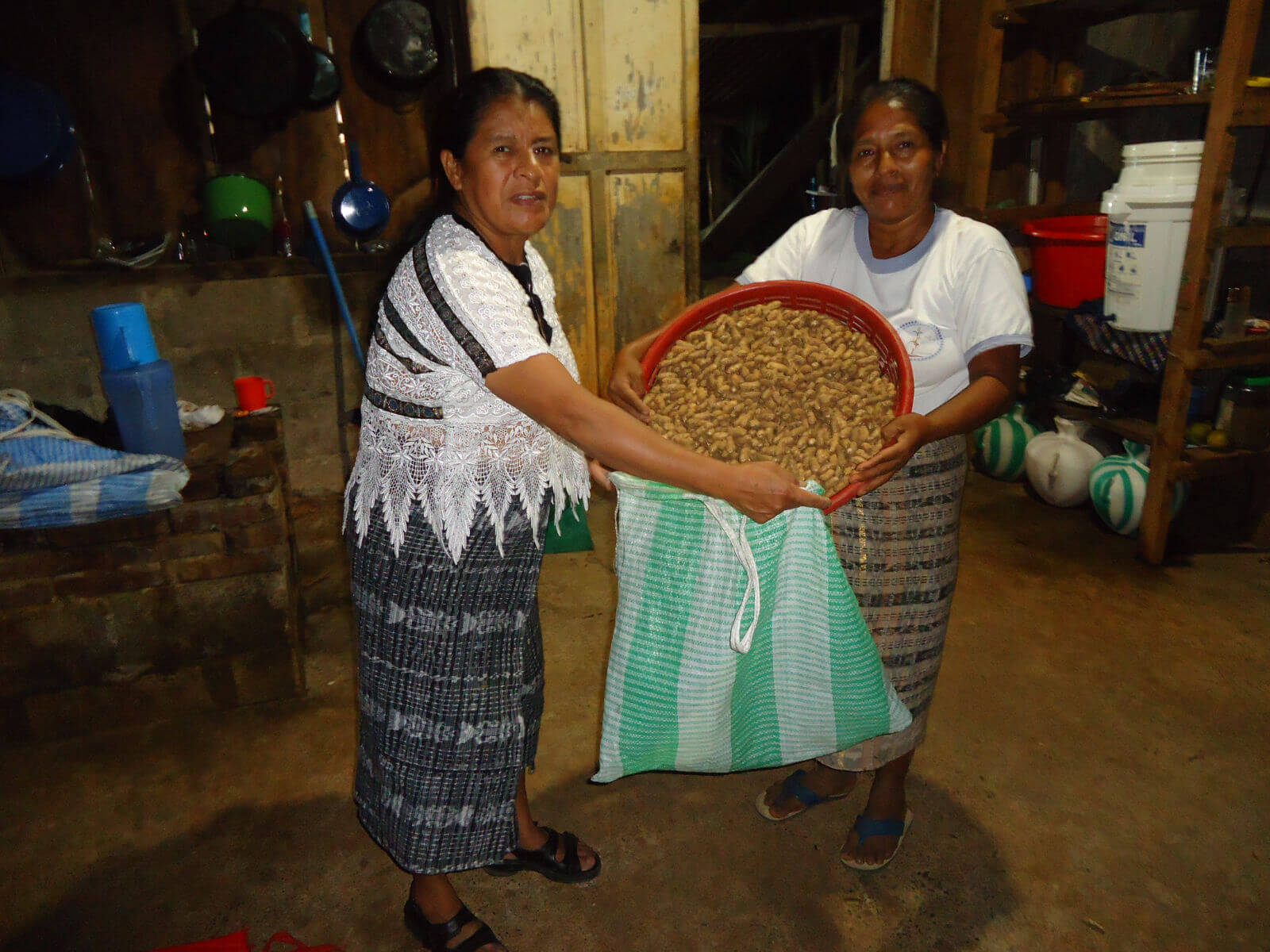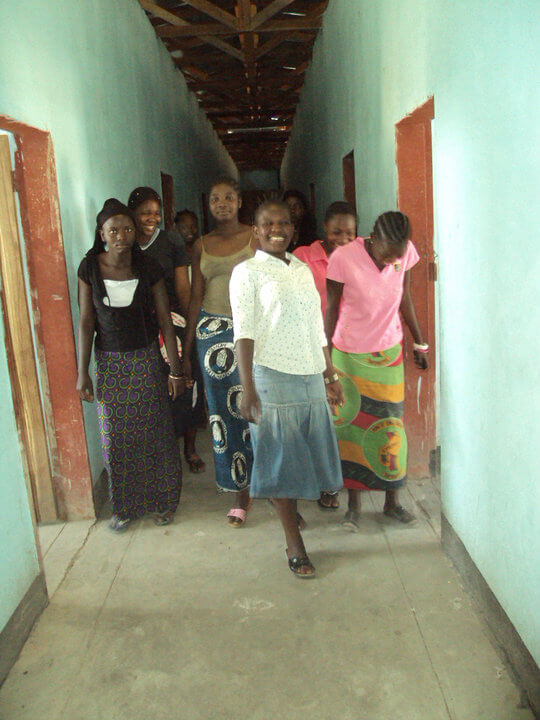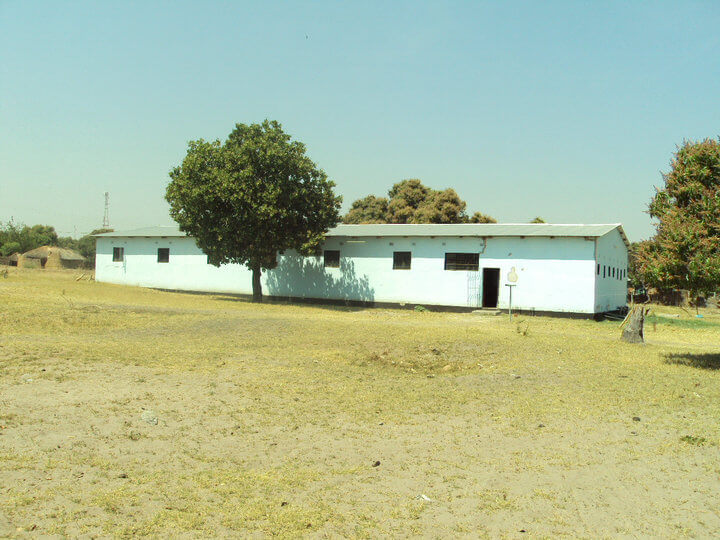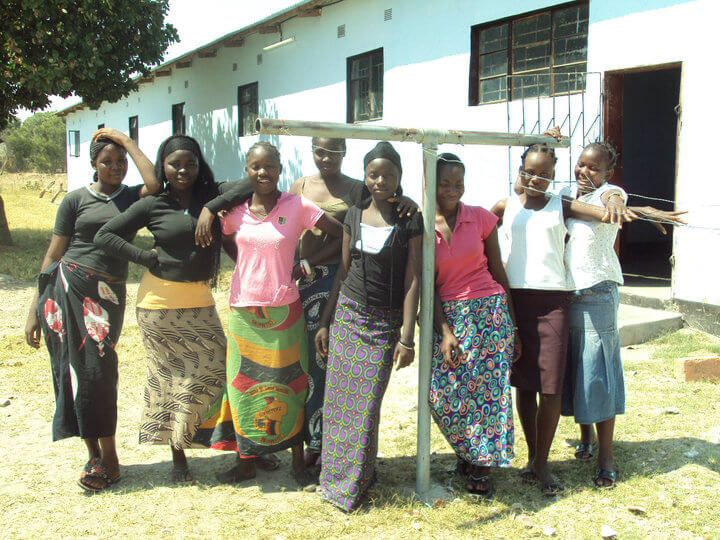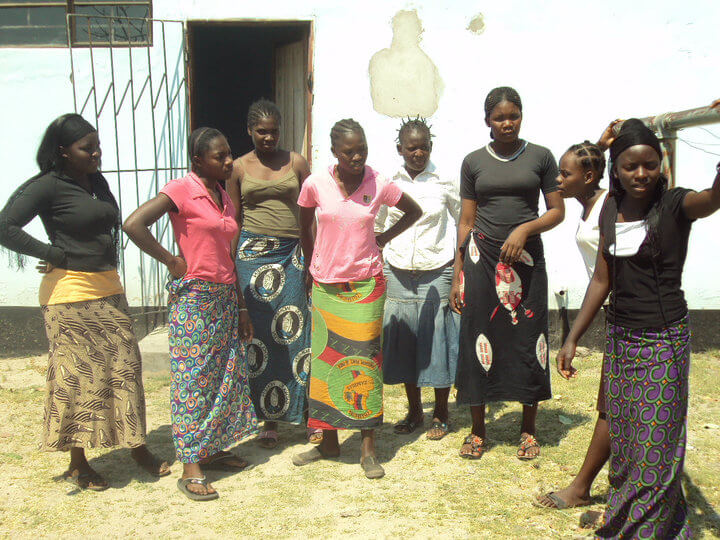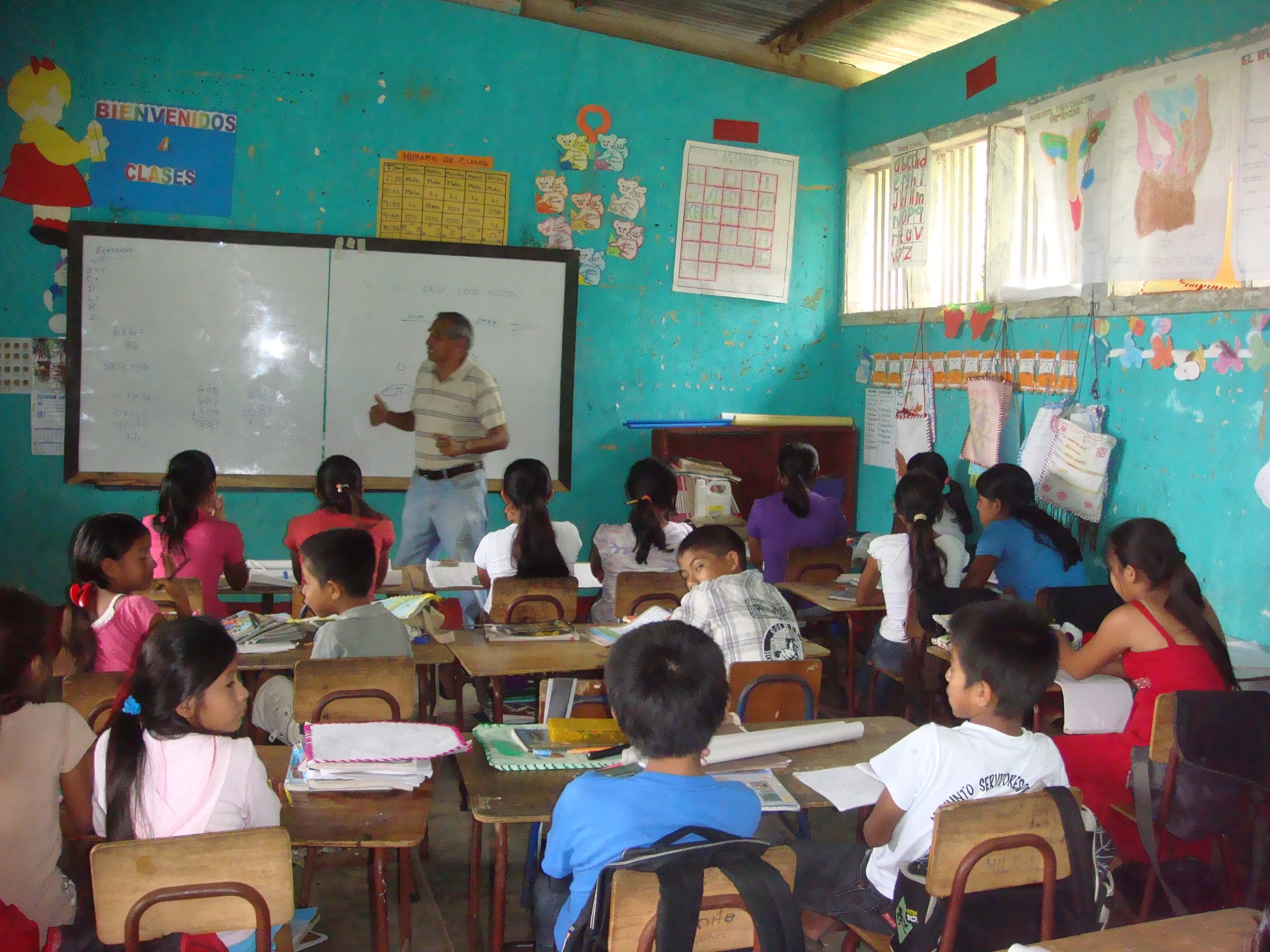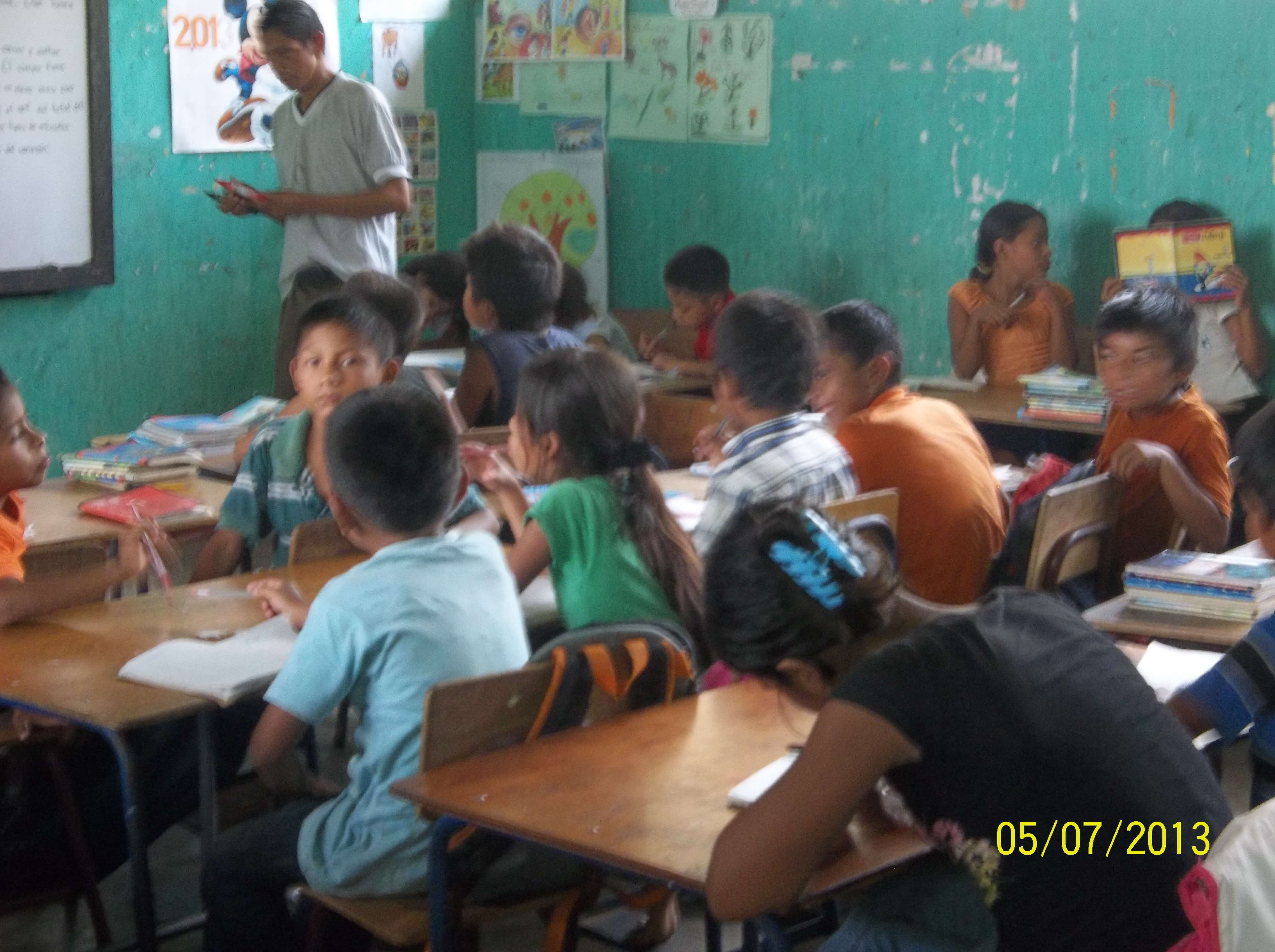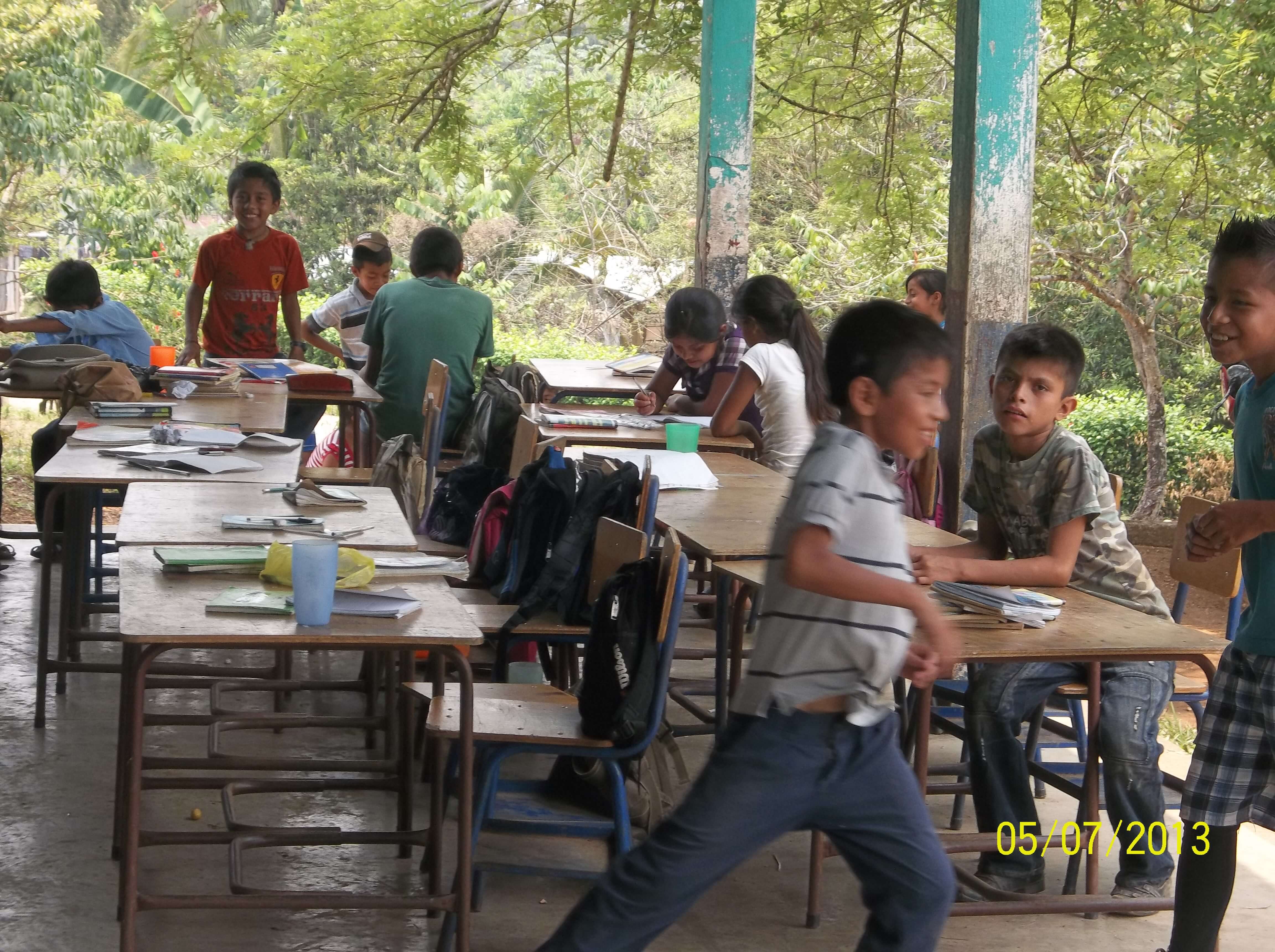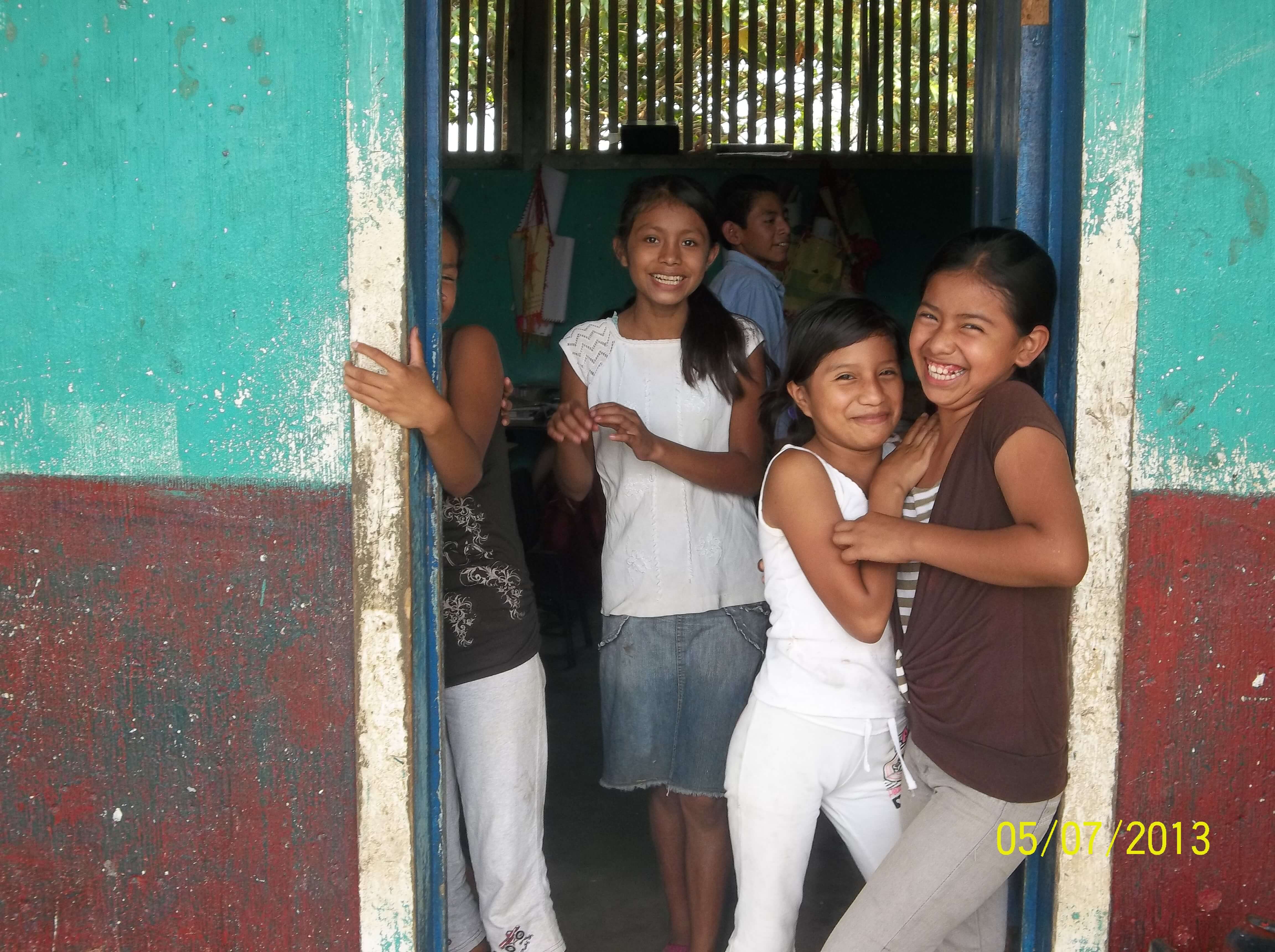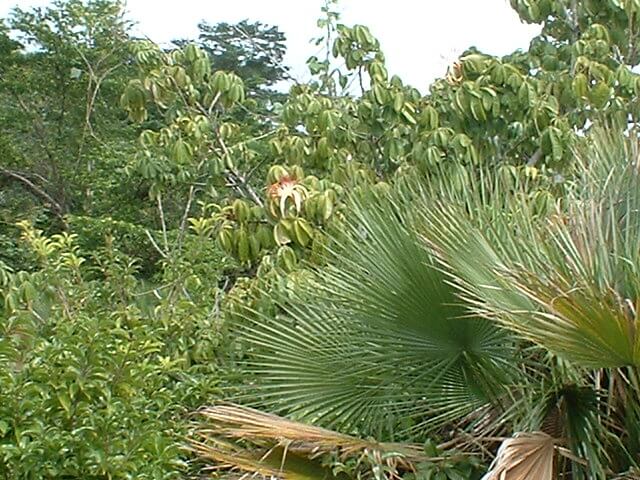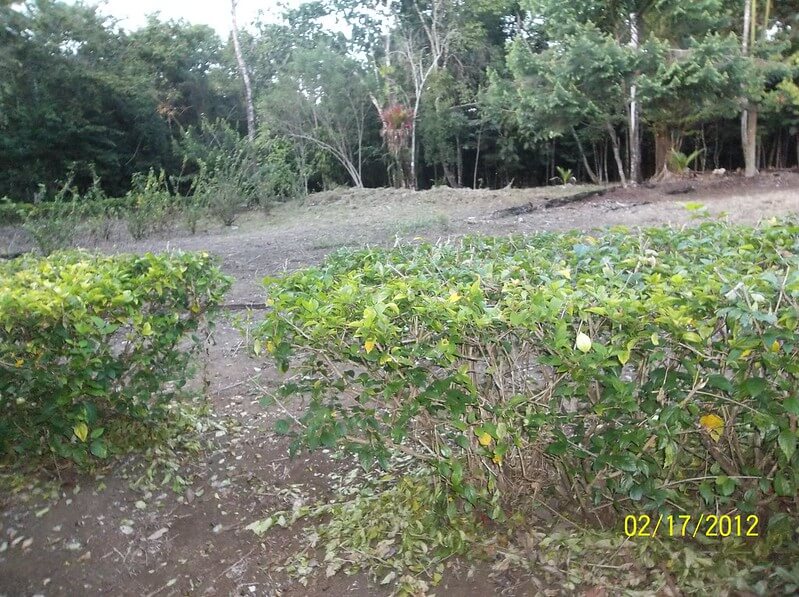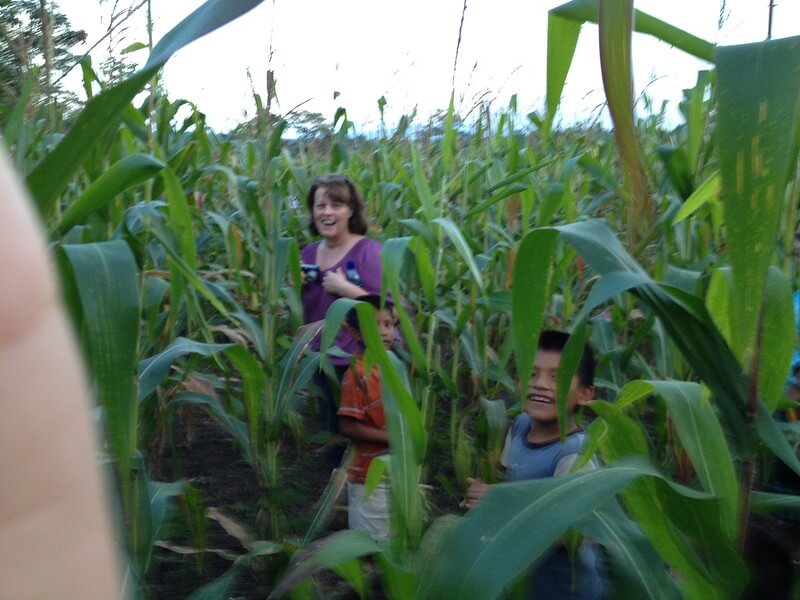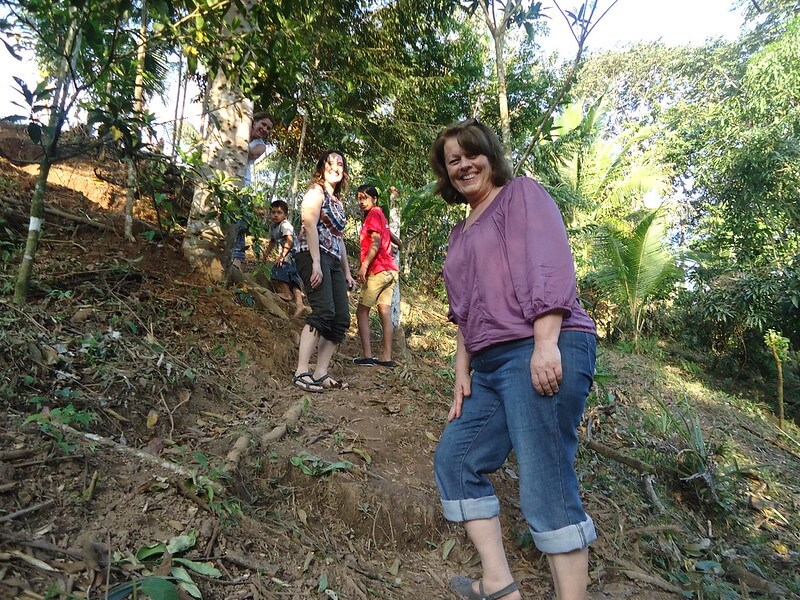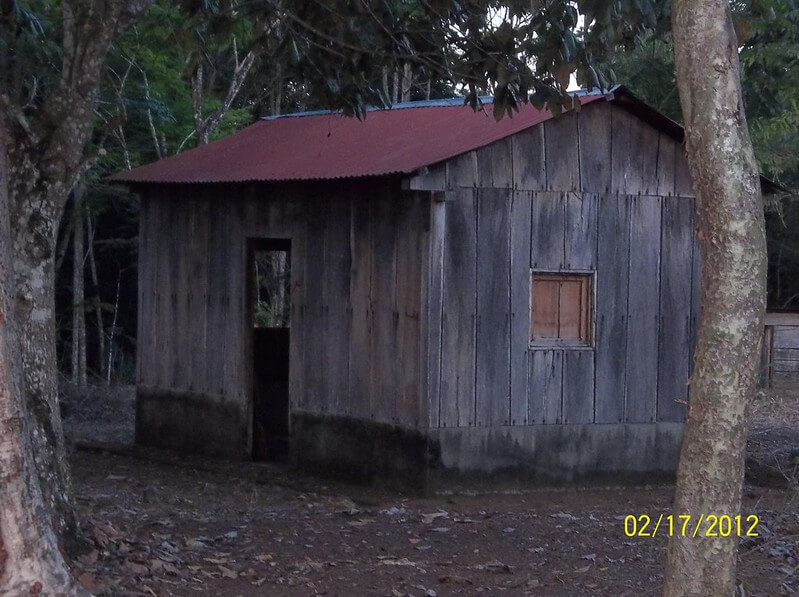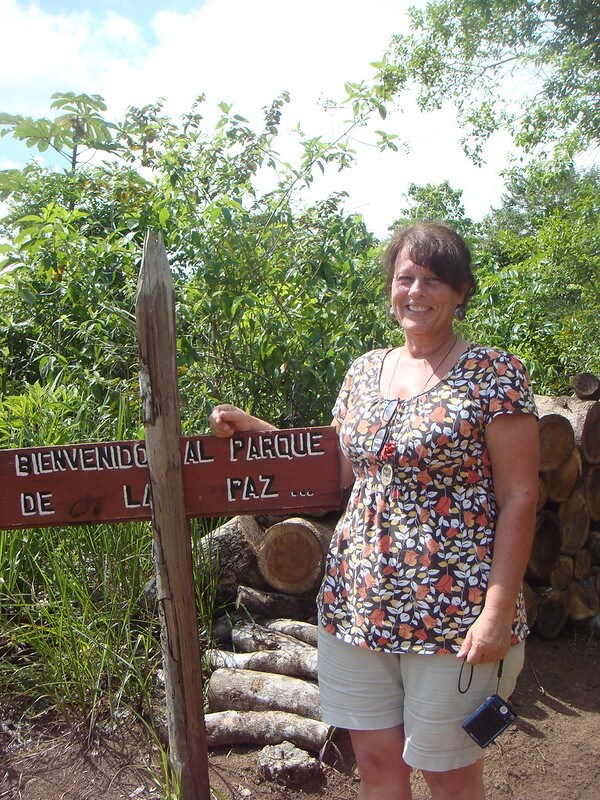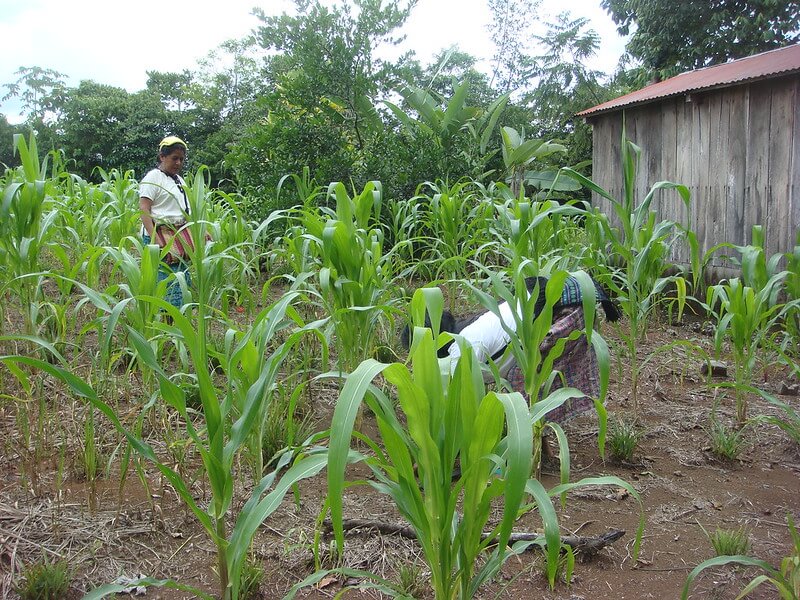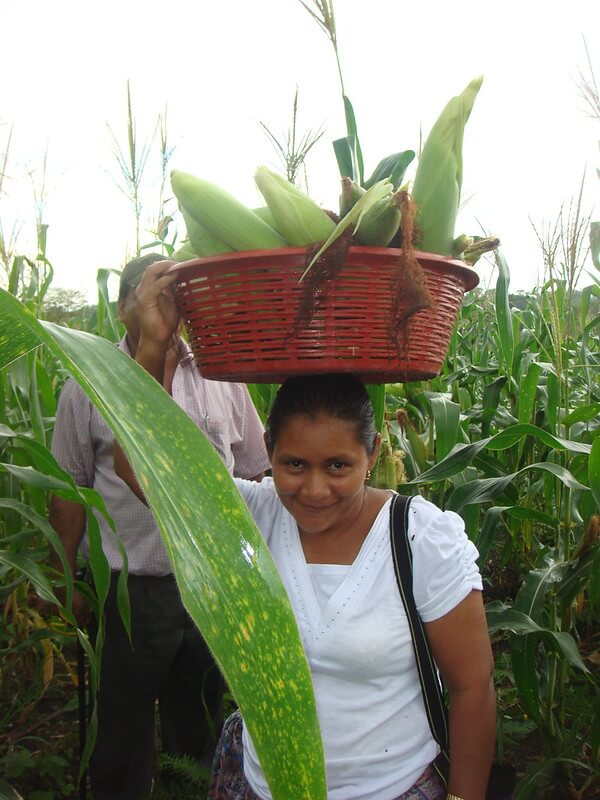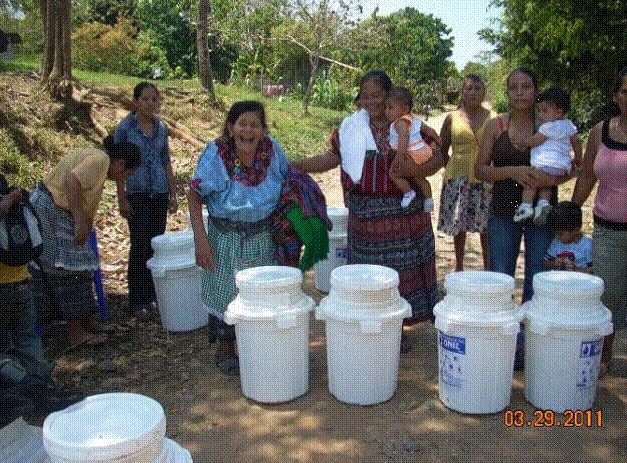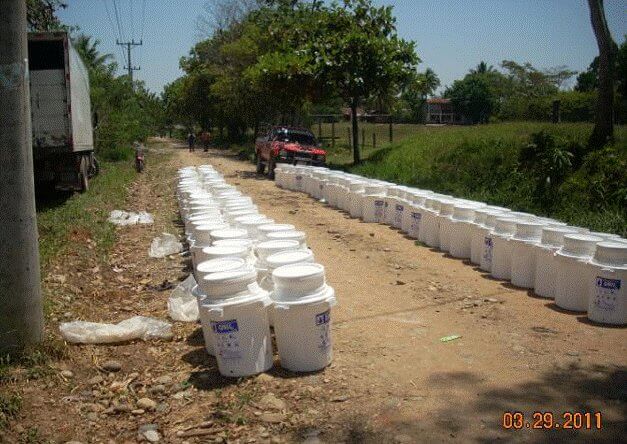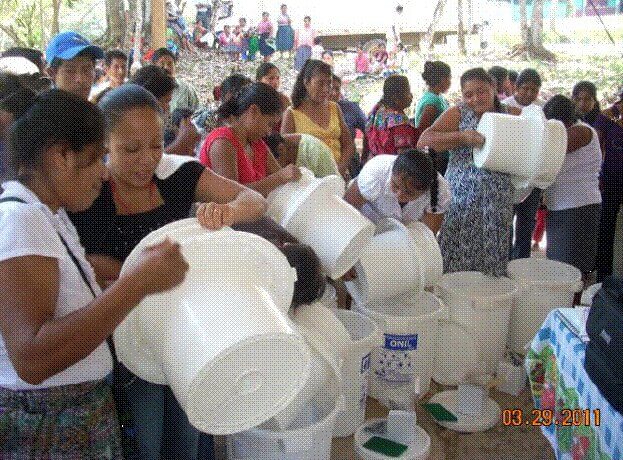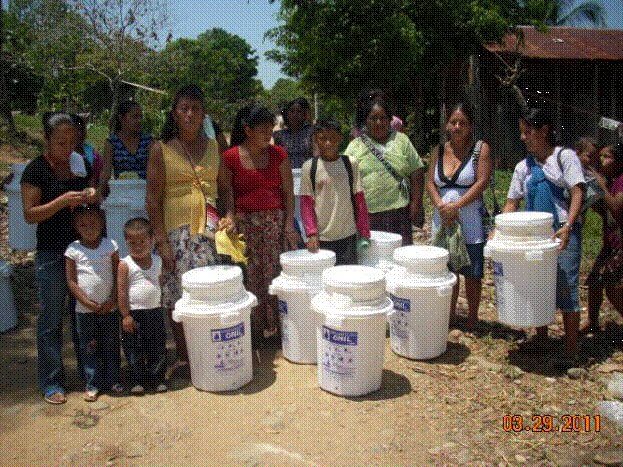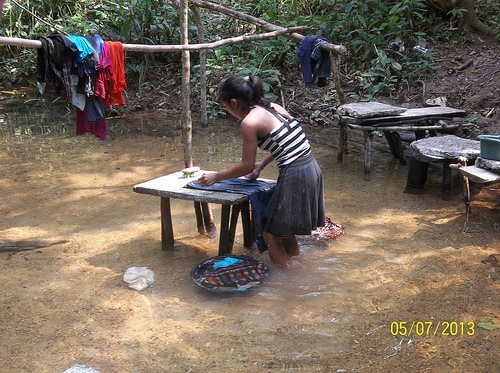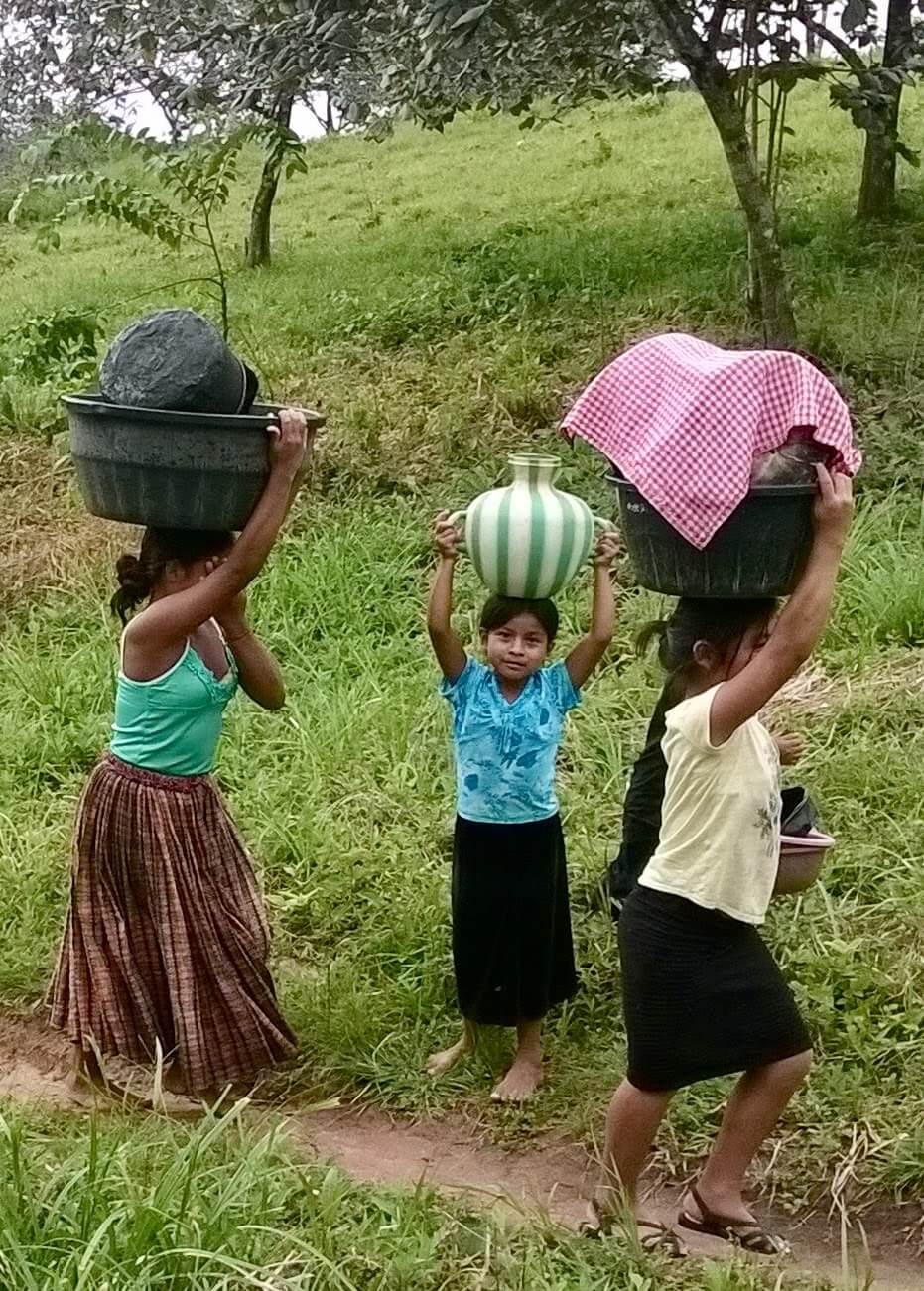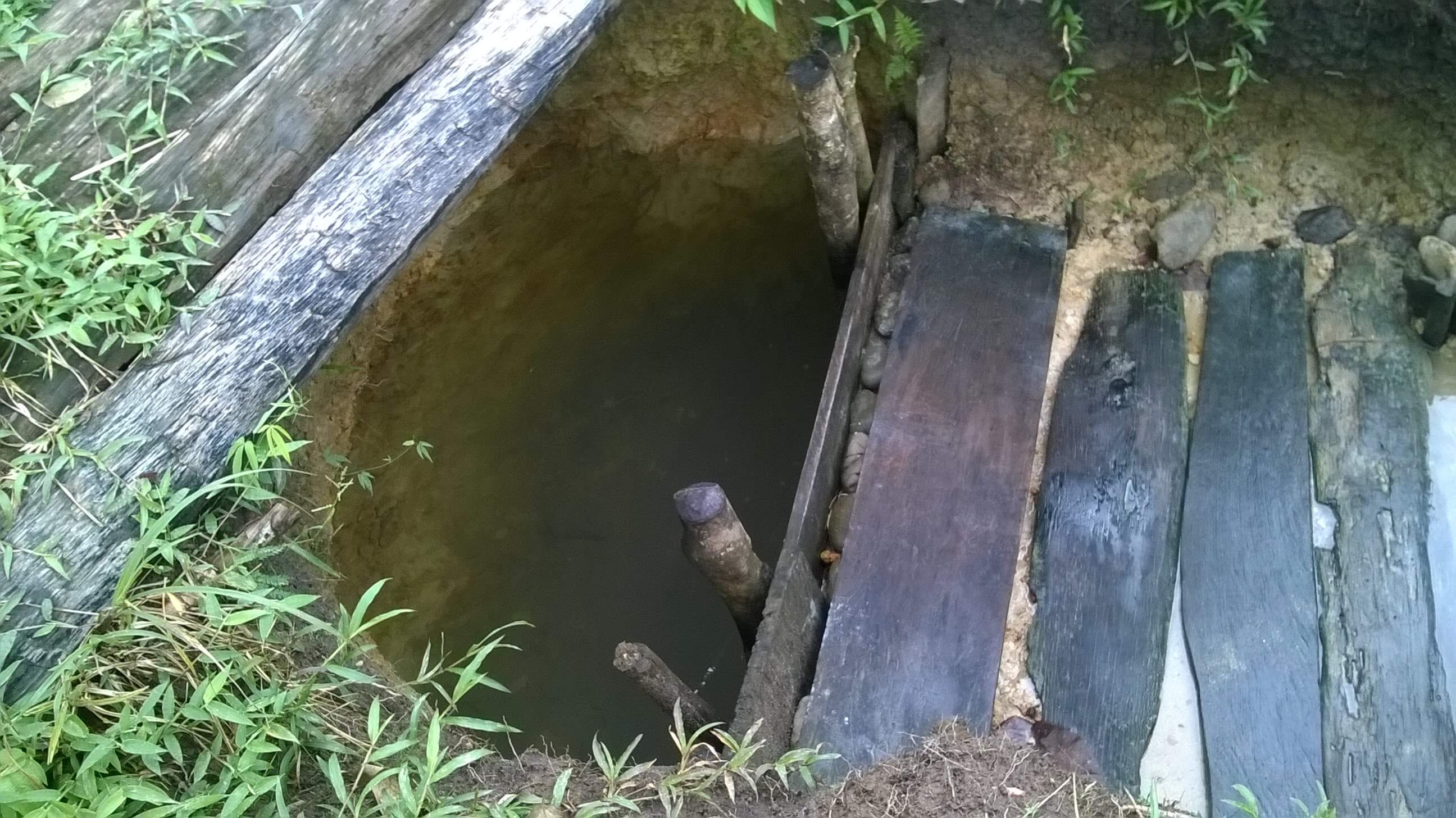Back Story
Our History
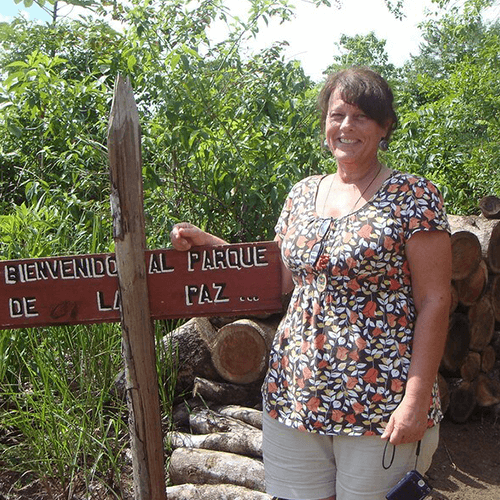
2004
Virginia Land Purchase
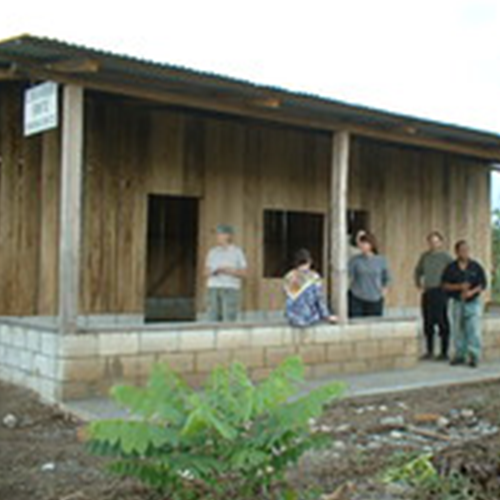
2004
Santo Domingo Savio
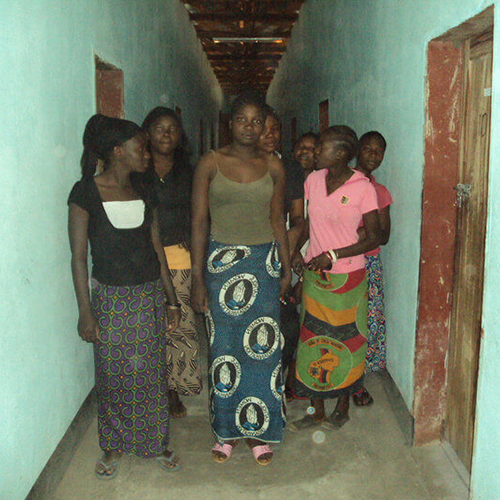
2006
Dormitories In Zambia
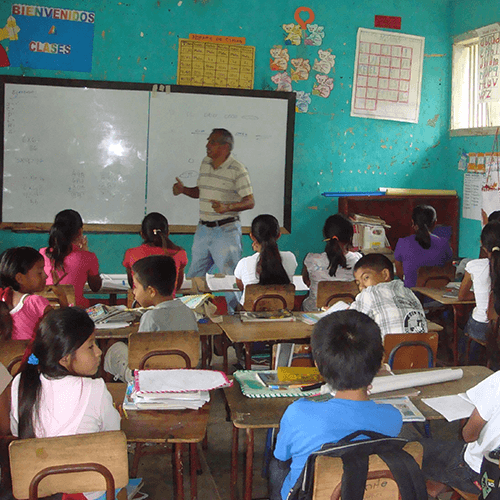
2008
Funding Education Guatemala
>>> >>> >>>
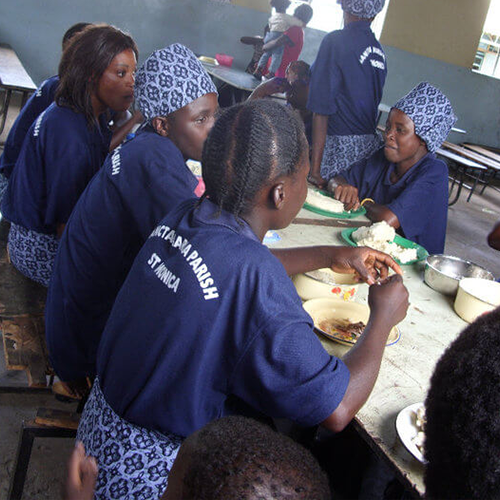
2008
School Lunch Program in Zambia
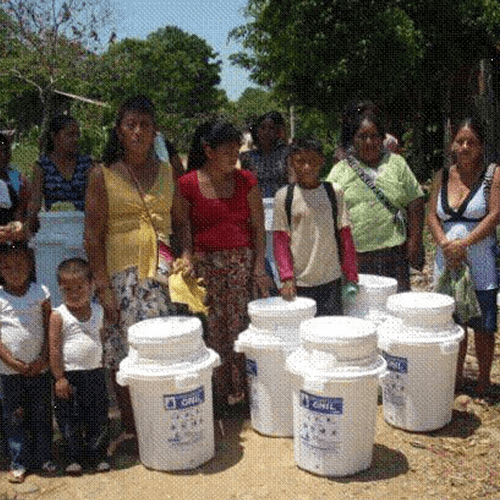
2011
Water Purifiers
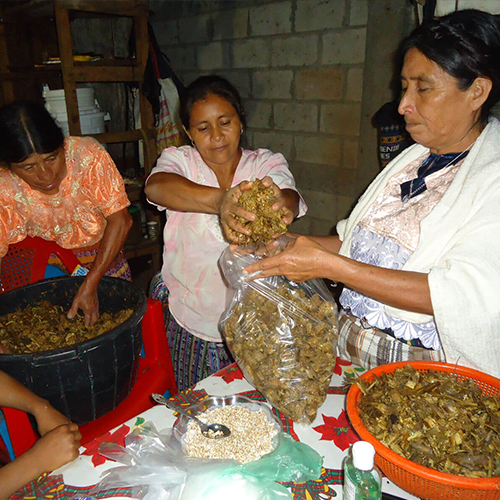
2011
Women’s Economic Development
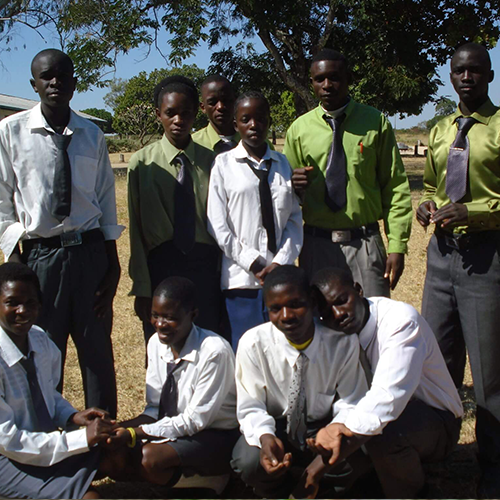
2011
Funded Education in Zambiae
>>> >>> >>>
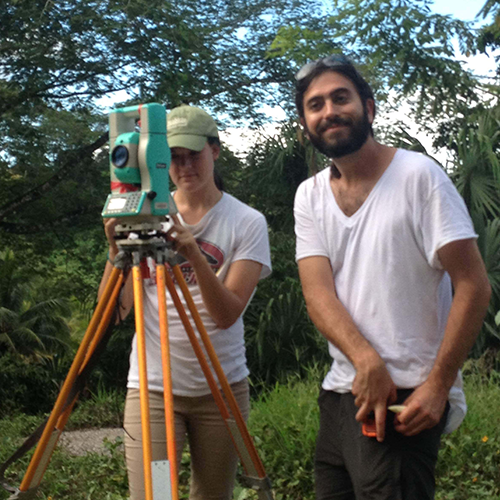
2012-2013
Land & Water Survey in Virginia
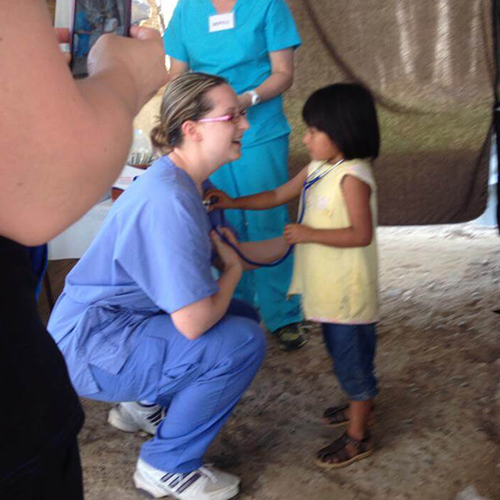
2014
Lewis & Clark College Medical Journey
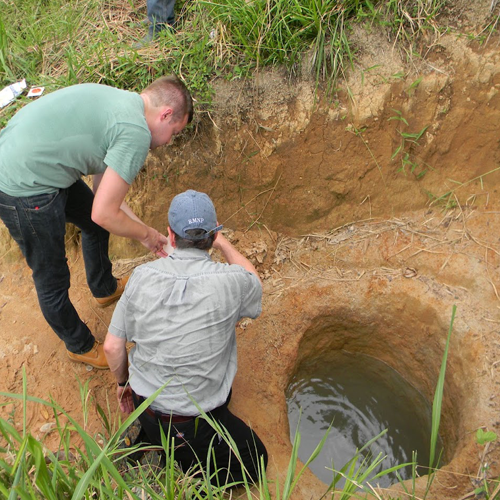
2015
Land Survey/Water Test in Las Mojarras
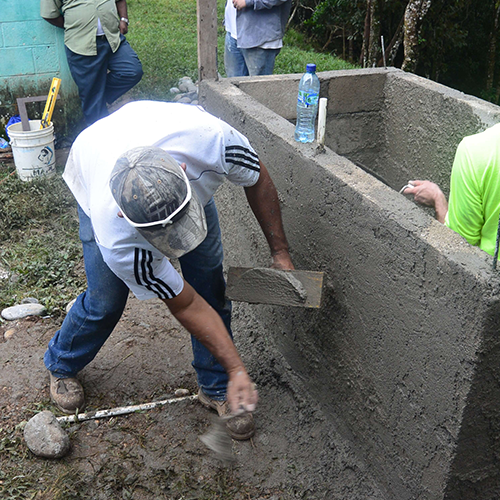
2016
Built a Pila for the School in Virginia
>>> >>> >>>
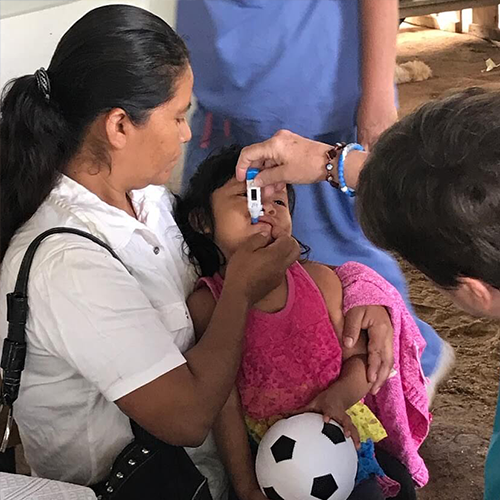
2017
Medical Journey 2 – OADN
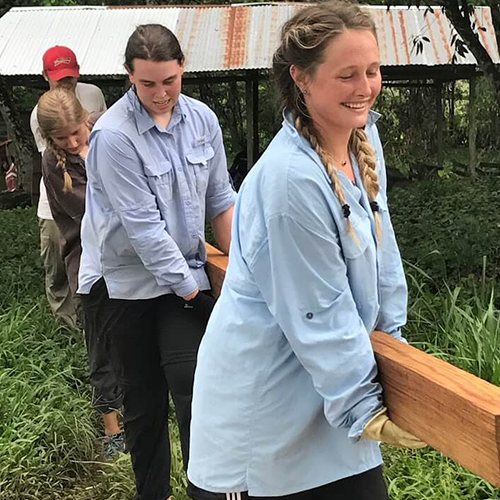
2017
New Roof at School in Virgina
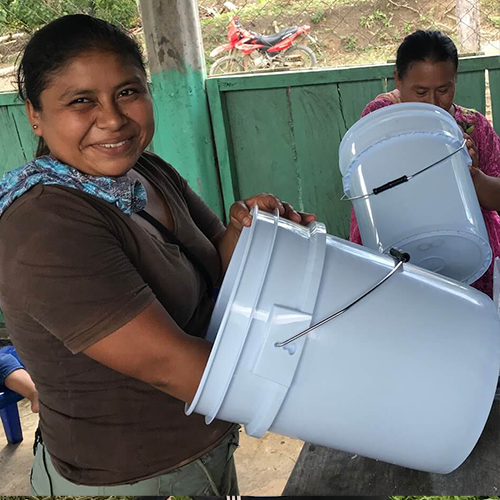
2018
Table Top Water Purifiers LM & SA
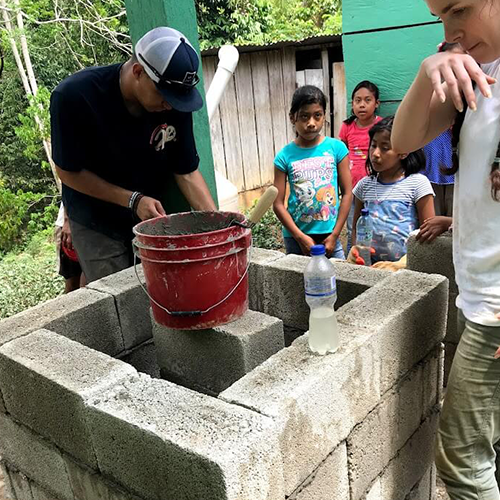
2018
Handwashing Stations & Latrines for School
>>> >>>
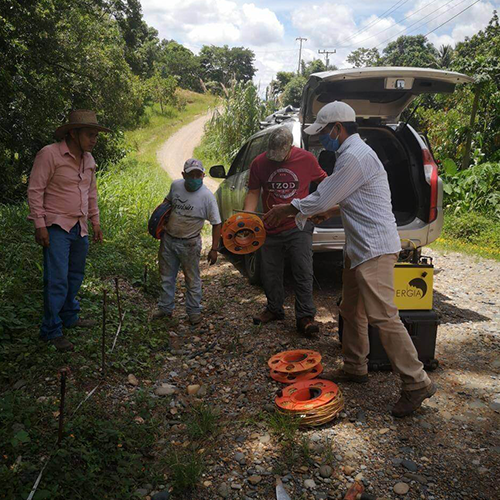
2020
Hydrogeological Study Done in VIRGINIA
In January 2004, MSPP founder Terri Cranmer made her first trip to the country of Guatemala. On this trip she had the pleasure of meeting a gentleman named Jose Luis Zepeda. Senor Zepeda and his sister Maris ran a small comedor (dining room) in the town of Playa Grande. In the back of this comedor they housed and cared for several abandoned children. Though the accommodations were small, they were clean and the children were well cared for. Jose Luis and Maria had seen a need and didn’t hesitate to begin to look for the solution. They set out to form an organization called Santo Domingo Savio. But their needs were more than they could accomplish themselves. They needed a larger home for the children. After approaching MSPP we immediately began to search for funds to assist them. By December of 2004 we had raised enough money to purchase a small plot of land and construction of a home began.
In 2011, the Sancta Maria Mission in Lukulu Zambia reached out to MSPP with a request for educational assistance for 26 youth living in the region. The everyday struggles of these youth and their families can make it very difficult to afford the cost of education. Often the youth are orphaned or abandoned making the dream of education seemingly impossible. MSPP funded the education of youth in Zambia from 2012-2016.
In 2008, MSPP responded to a request from the Oblates of Mary Immaculate (OMI) and the parish council of the Sancta Maria Mission to help establish a school lunch program. The goal of the School Lunch Program is to provide 130- 150 students at the St Columba’s Secondary School in Lukulu, Zambia with lunch and in some instances, breakfast. The school is a day school for both boys’ and girls’ grade 8-12, run by the Christian Brothers on behalf of the Sancta Maria Mission. The School Lunch Program is a collaborative effort of MSPP, the OMI, the Christian Brothers and the Parish council at the Sancta Maria Mission to address the need for proper nutrition for this small group of youth. The program was monitored supervised by the parish council of the mission.
This program ran from 2008 – 2016 with collaboration from many different organizations. In 2009, this program was funded through fundraising events, private donations and partnerships created with two other non-profit organizations, Chefs for Humanity and All for Africa. “Chefs for Humanity is an alliance of culinary professionals working in partnership with U.S. and global organizations to provide nutrition education, hunger relief and humanitarian aid to reduce hunger in the world.” This organization was founded by celebrity Iron Chef, Cat Cora. “All for Africa is a 501(c)(3) non –profit organization that serves as a platform for individuals, corporations and other organizations to actively get involved in, design and coordinate economically sustainable projects in Africa. This program ended in 2016 because of the lack of adequate information being presented to MSPP from the recipients.
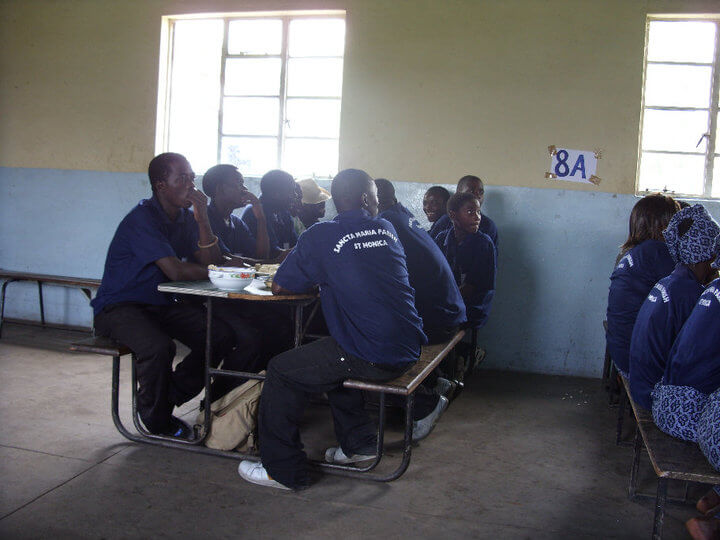
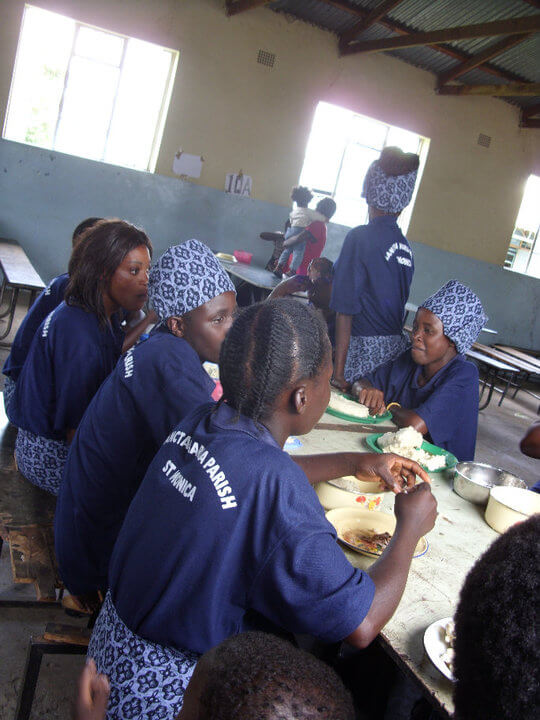
Due to the effects of Covid 19 travel to Guatemala was halted in February 2020. MSPP was forced to regroup and find other ways to effectively move our projects forward. To move our clean water project to Phase 2 in Virginia, we hired a civil engineering firm located in Guatemala City to perform a soil mechanics and hydrogeological study for the community. With this study we were able to determine the best place to drill a deep well
that will provide the community with access to clean drinking water for years to come.
Often the schools in these rural communities lack adequate bathroom facilities. In 2018 the primary school director in Virginia sent out a request for bathroom facilities for the school. The engineering students affiliated with the Mustard Seed student club at Southern Illinois University working alongside MSPP
engineering mentors began working on designs for latrines and handwashing stations. In 2019 6 students and 1 MSPP professional engineer traveled to Guatemala to begin building the handwashing stations and latrines. Working alongside community members the students spent 4 very labor-intensive days working on the structures. After the four days the community was left to complete the project. They did a fantastic job!
In October 2018 we expanded our clean water project to the communities of Las Mojarras and San Alfonso providing 876 people with access to clean drinking water.
In May of 2017, Spanish language students from Westminster College in Fulton, Mo. traveled with MSPP to the community of Virginia. The school in Virginia was in disrepair. Its roof was leaking and the classrooms were in need of a new coat of paint. MSPP funded the addition of a new roof to the school and to the school kitchen, paint for all of the classrooms and a new stove for the school kitchen. While the community members repaired the roof, the students scraped and painted all of the classrooms in the school.
To expand on our Medical Journey program , MSPP in collaboration with the national organization, Organization For Associate Degree Nurses, (OADN) to provide healthcare services to the community of Virginia. In July of 2017, after six on the od lanning and preparing, 7 nursing professionals from across the U.S traveled to Guatemala to once again provide basic healthcare to the community. On this trip we also added an educational component. Three women in the community were chosen s First Aid providers. During this trip these women completed basic first aid training, received a certificate of completion as well as a first aid book. By the time we left, these women felt confident enough to act as first responders for basic first aid needs.
Whenever possible MSPP likes to invite people from all over the globe to help us reach our goals. The benefits of cross cultural sharing can add an extremely interesting aspect to any experience. In 2016 a small group of Mustard Seed student engineers and MSPP professional engineers accompanied by our friend Yul Brinner from Honduras traveled to Virginia to build a “pila” or sink at the school. Yul is an expert pila builder and worked with the students and several community members to build a sink at the school kitchen. This sink will be used by the women at the school when they prepare food for the students.
In January of 2015 a Mustard Seed Engineering team set out to the community of Las Mojarras located in rural Guatemala. The team consisted of MSPP founder Terri Cranmer, MSPP professional engineer Allen Oertel and engineering students from Southern Illinois University at Carbondale. On this trip the students met with the COCODE (Consejos Comunitarios de Desarrollo) the Community Council of Development, surveyed the community, walked to the water sources and completed water quality testing. There was no surprise that the water was extremely contaminated.
Providing the opportunity for an international experience while raising awareness of global needs has always been an important aspect of what MSPP is passionate about. Partnering with the School of Nursing at Lewis and Clark Community College (LCCC), MSPP began to coordinate with the Director of Nursing, Donna Meyer to develop a program Medical Journey program. This program was designed to be mutually beneficial for all involved. In March of 2014 7 nursing students and 5 medical professionals and staff members from LCCC traveled with MSPP to implement the first Medical Journey for the organization. While the students and medical staff were able to address the basic medical needs of the community we were also able to provide an international experience for those that travel with us.
12)
Engineering students from Southern Illinois University Edwardsville traveled to the community of Virginia with MSPP engineers on two separate occasions, in 2012 and 2013. These trips were used to gather preliminary data with the anticipation of eventually drilling a deep well. The students surveyed the land, sought out water sources, tested water quality and soil compaction.
In 2010, the women of Virginia expressed an interest in assisting with the economics of their families. To help us with this project MSPP partnered with a women’s funding organization called Mary’s Pence. The first year was spent organizing as a group, creating officers and guidelines. They became a legal entity called “Mujeres Cambiando Vidas” in 2011. At this time Mary’s Pence supported funding for 36 women to start their own businesses through a funding source called “Espera”. Some of the women raised turkeys, started fish farms, created chocolate businesses and raised peanuts. Today, many of the women still have their own businesses.
MUJERES CAMBIANDO
In 2006 MSPP was invited to review a request for assistance from a friend living in Zambia. The Sancta Maria Mission in Lukulu, Zambia was requesting assistance with funding to build a dormitory for young girls attending the St. Columba Secondary School and the Phelim O’Shea High School. Many of the young girls , once accepted into the schools must walk long distances from their home villages. Others who live too far to make the daily trek rent small huts that have no running water, no electricity and no proper security. To address these issues, MSPP worked with local churches and community organiztions to build dormitories that provide a safe and secure place for 80 girls.
On one of our earliest trips to Guatemala the founder of MSPP had the opportunity to travel to several of the 173 villages in the region of Guatemala known as the Ixcan. In each of these villages or communities we listened as the the families shared their most urgent needs. Education for their children was always at the top of their list. In the country of Guatemala education through the 6th grade is free but often in these small communities the families can’t even afford the supplies that the children need to attend school. One of our first projects was to work with the local Catholic parish, Cristo Redentor to help provide scholarships for 26 youth in several of the surrounding communities.
In 2004, Mustard Seed Peace Project (MSPP) founder and president, Terri Cranmer made a trip to Playa Grande, Guatemala. The purpose of this trip was to purchase a small parcel of land in the community of Virginia. This land was to be used by the women of the community as a space for the women to gather and begin developing a women’s economic development program. By February of 2006, the land that was once thick jungle had been cleared, structures and a new soccer field had been built, fruit trees, corn and flowers had been planted.
Without proper infrastructure the communities in rural Guatemala are forced to get their drinking water from small hand dug wells. This water is extremely contaminated and unsanitary and leads to disease and illness especially in the children. In, 2010 MSPP began Phase 1 of our clean water project, providing tabletop water purifying systems for each family in the community of Virginia. By March of 2011, we had reached our goal. Each of the 150 families in Virginia received a tabletop water purifying system.


